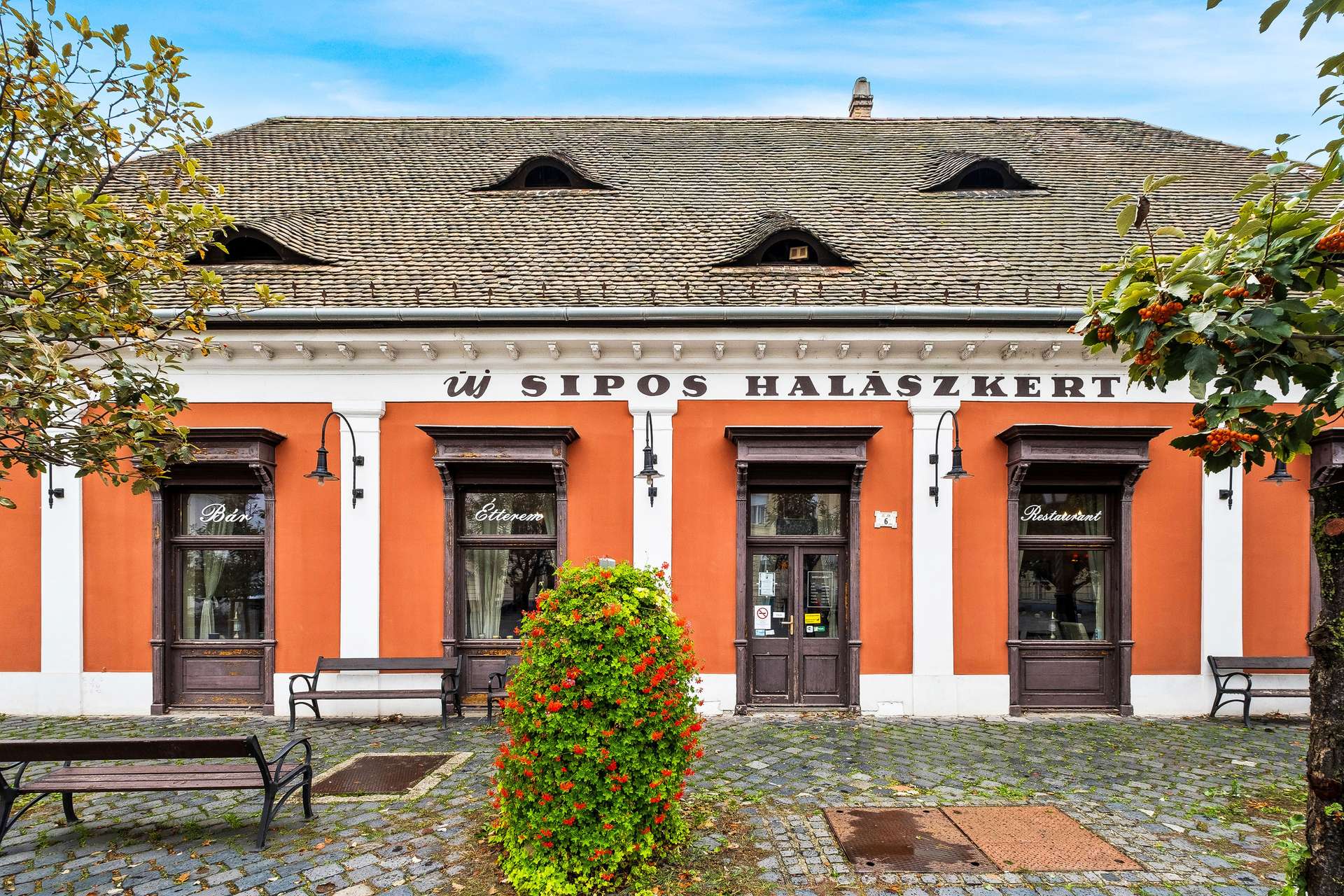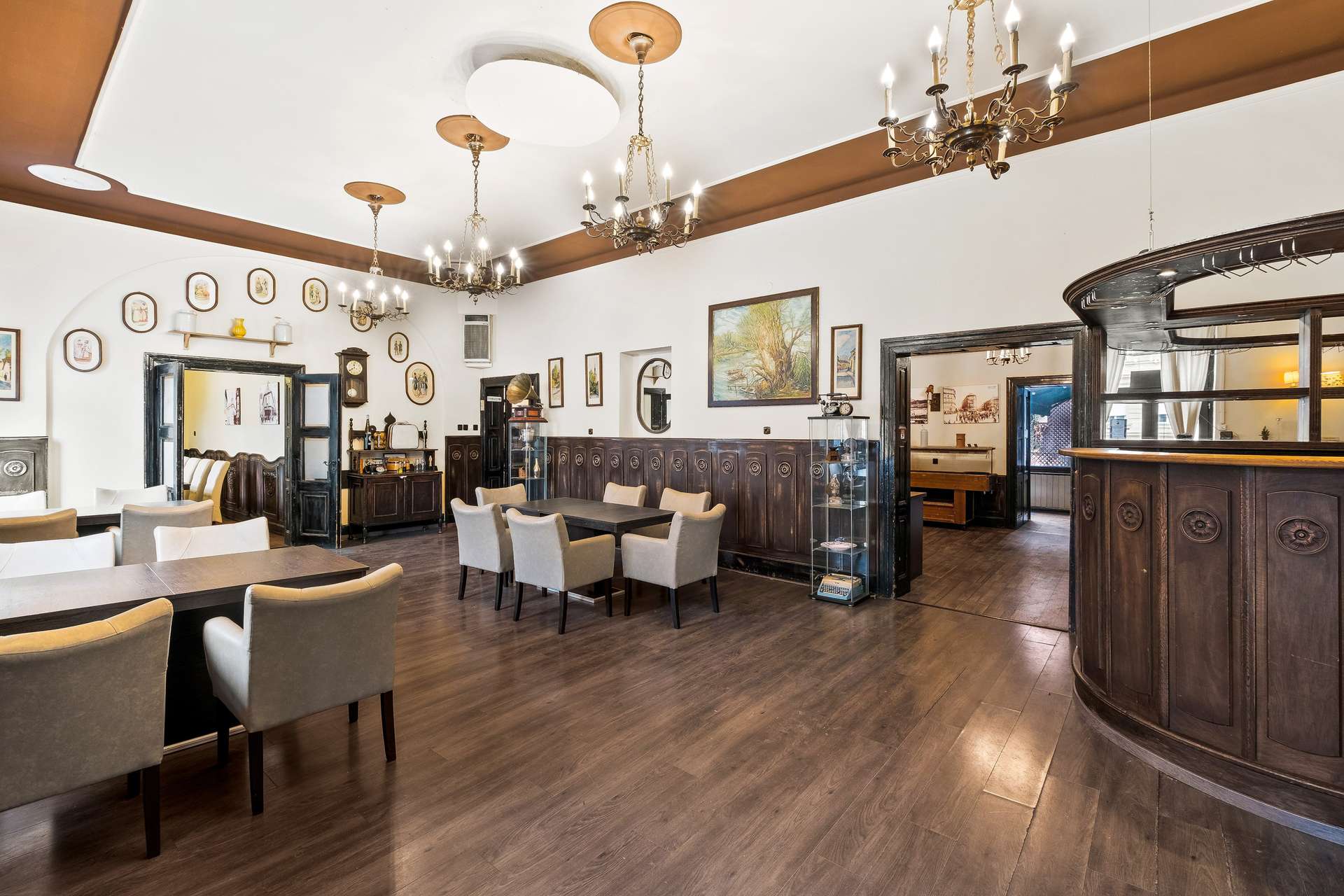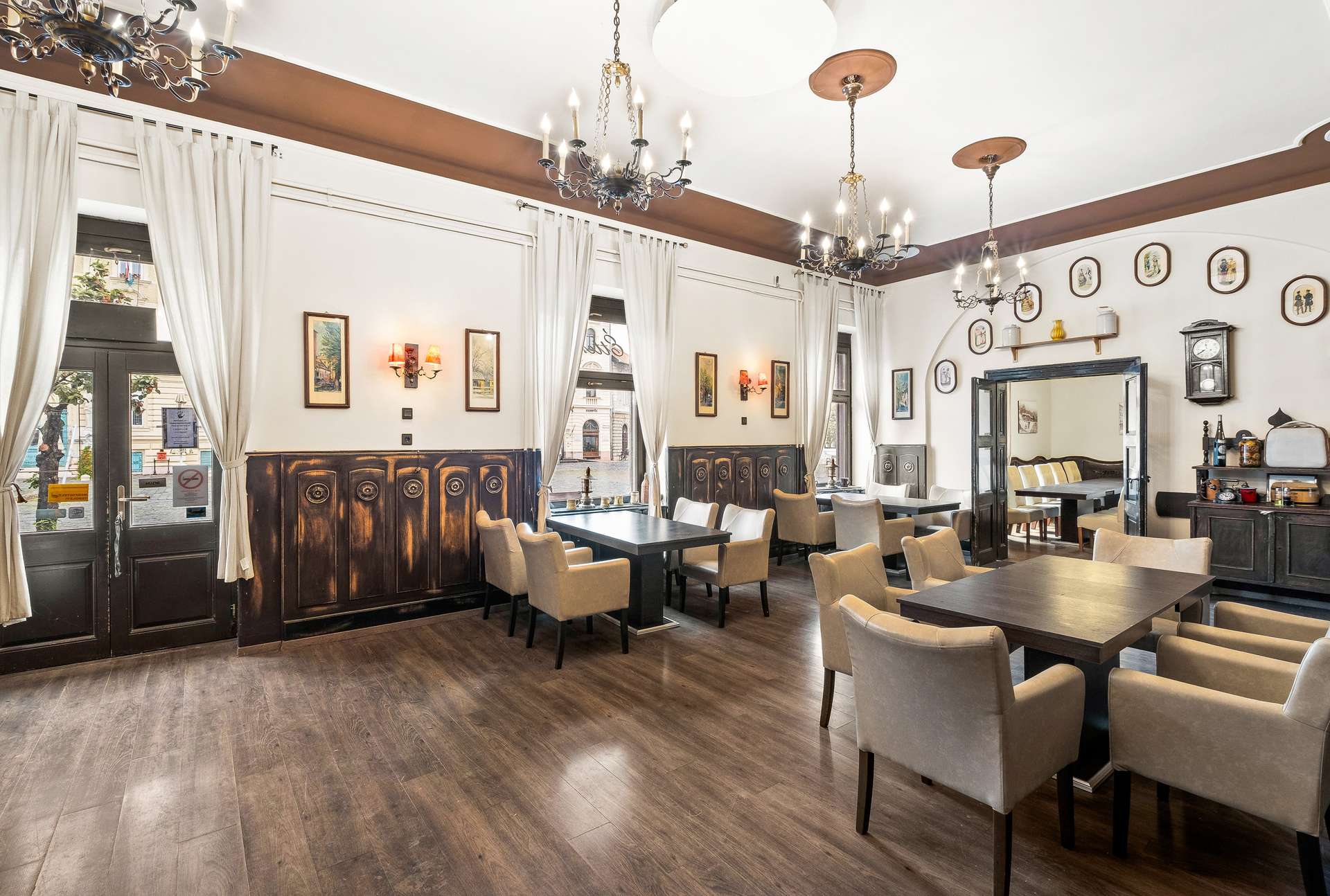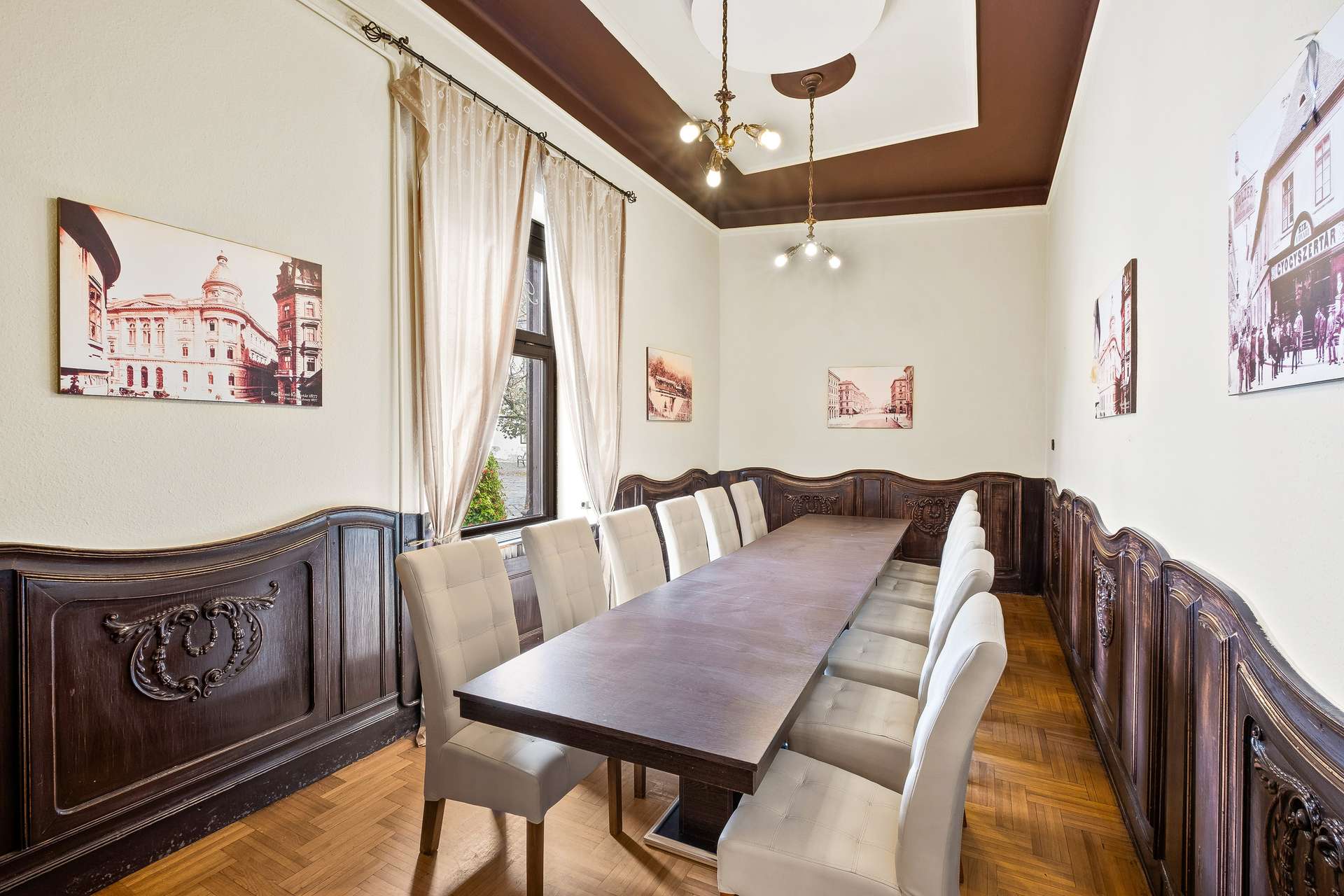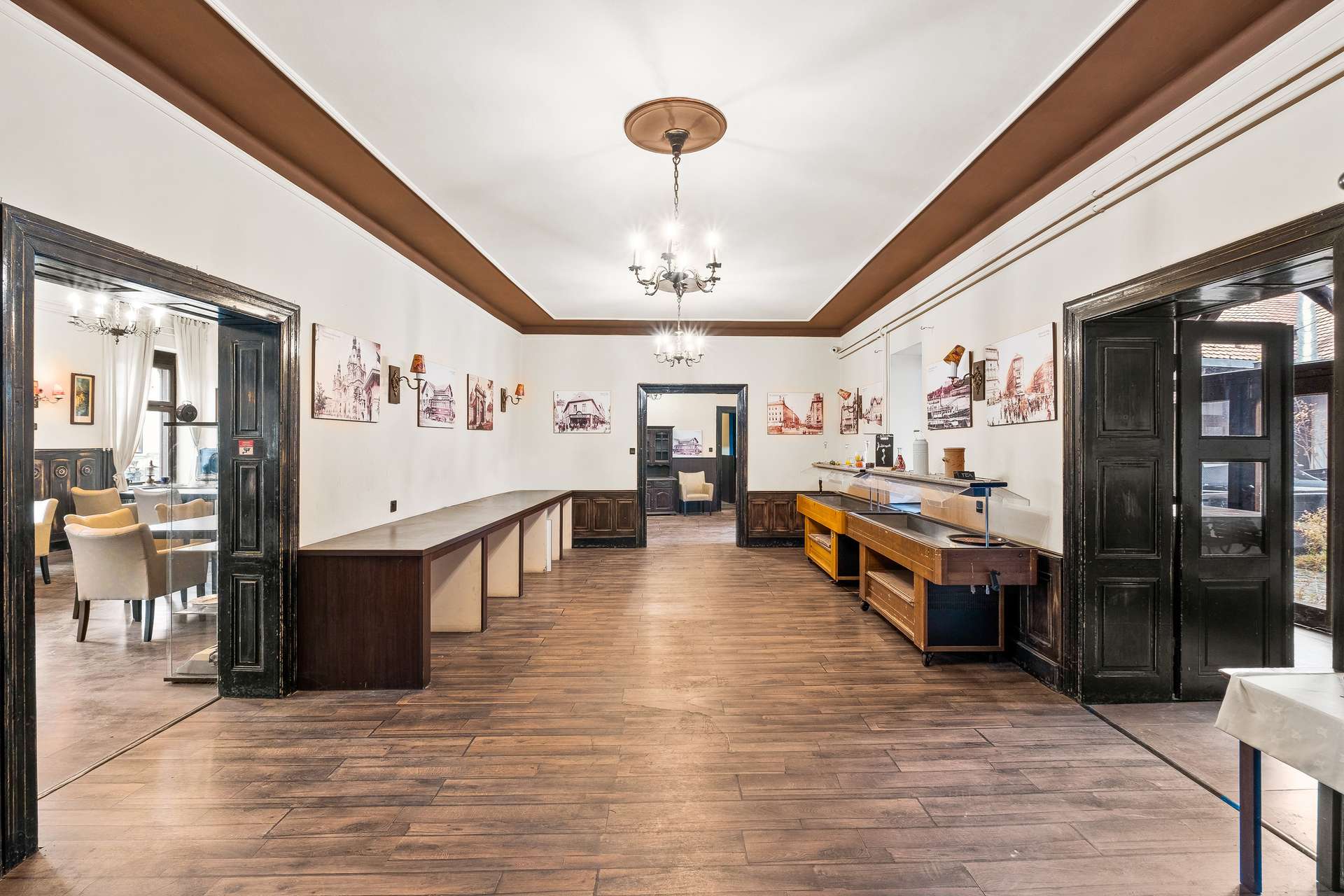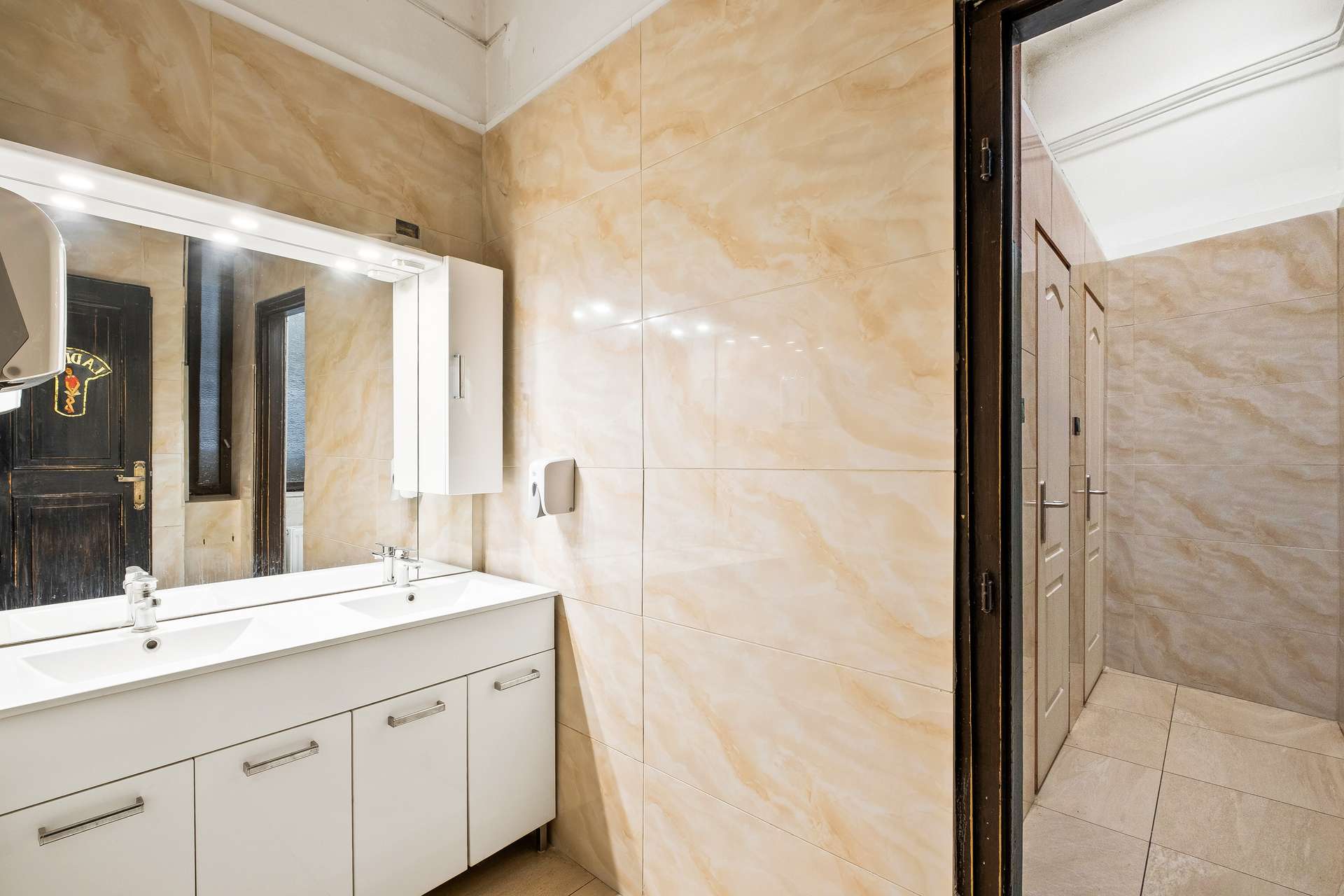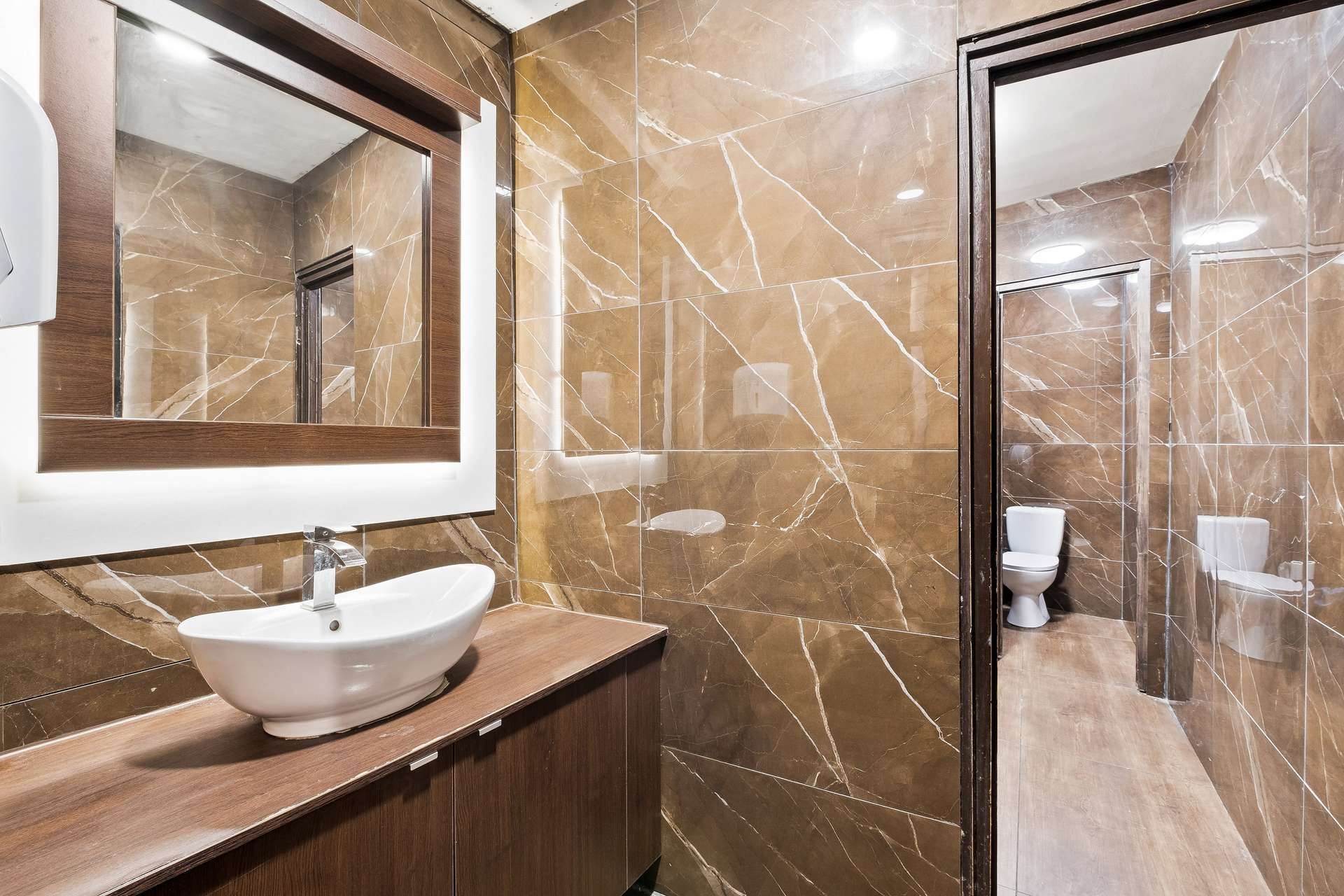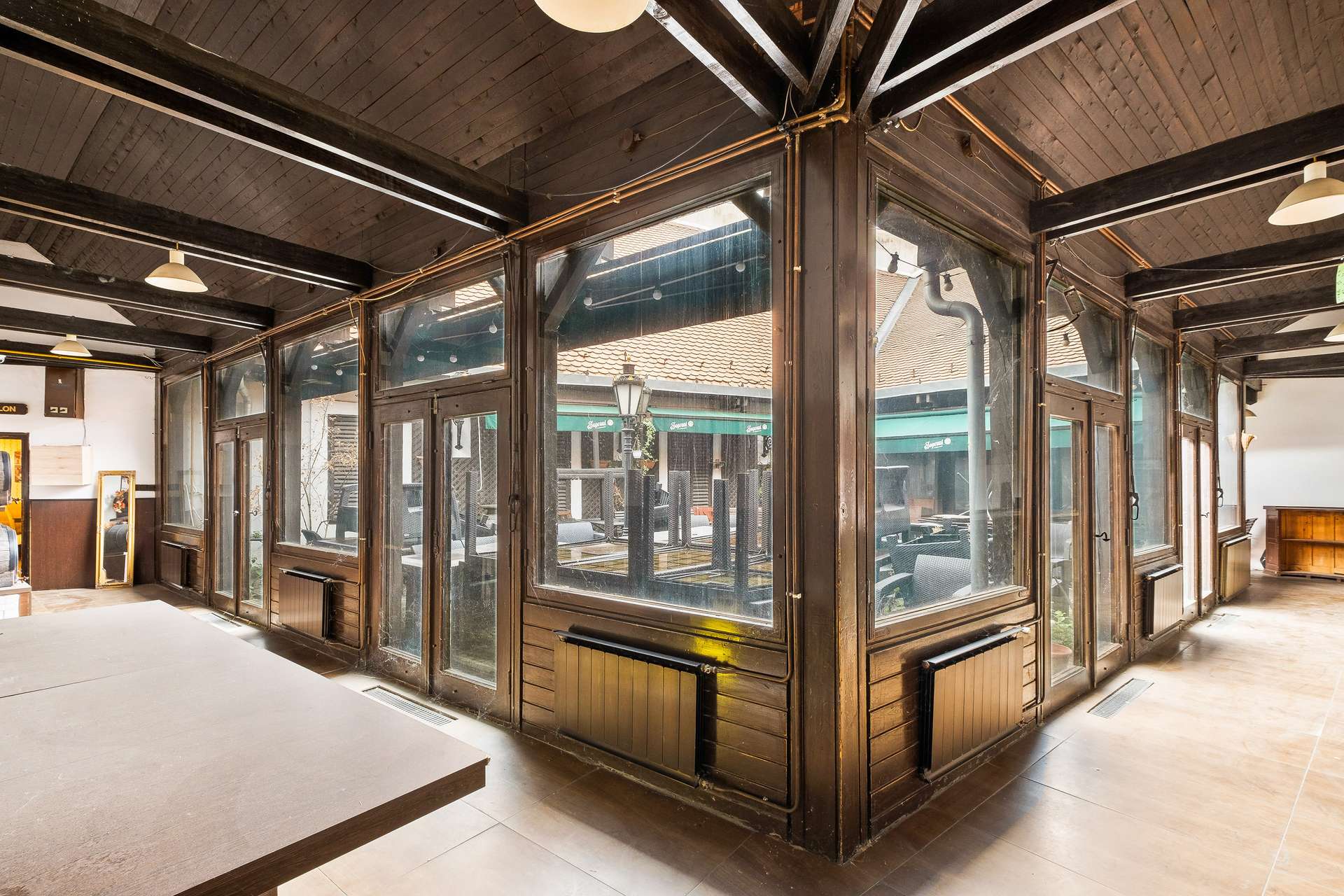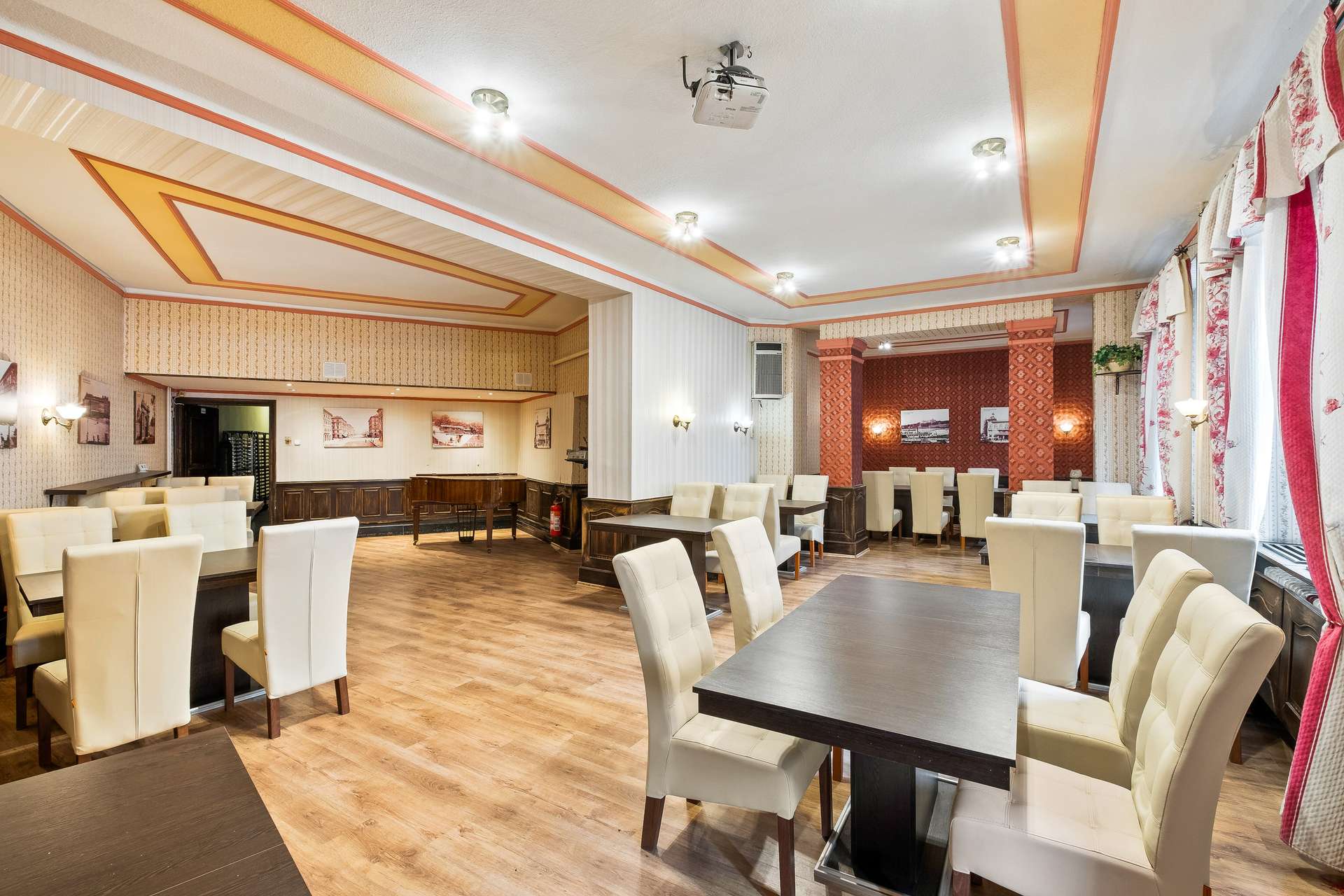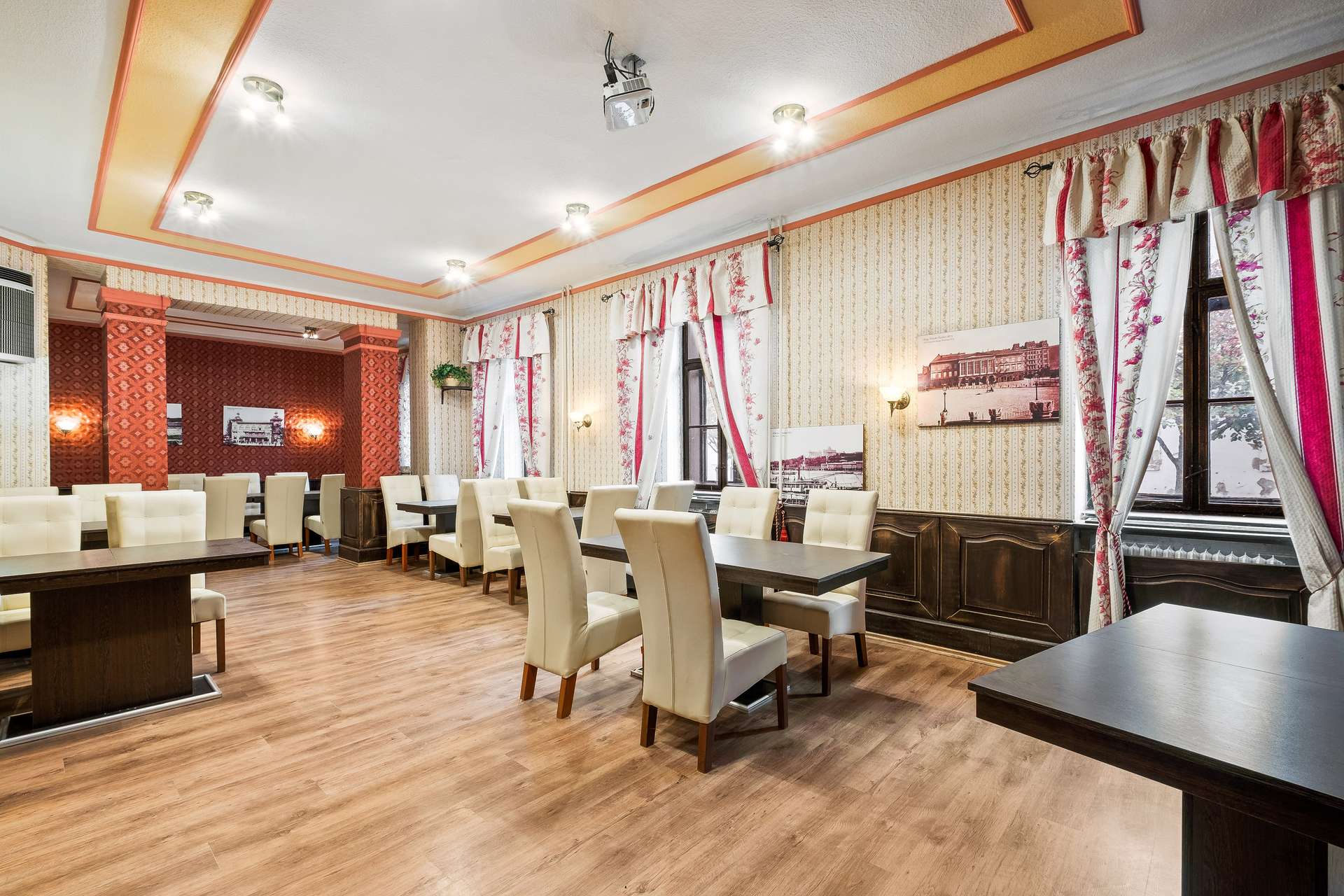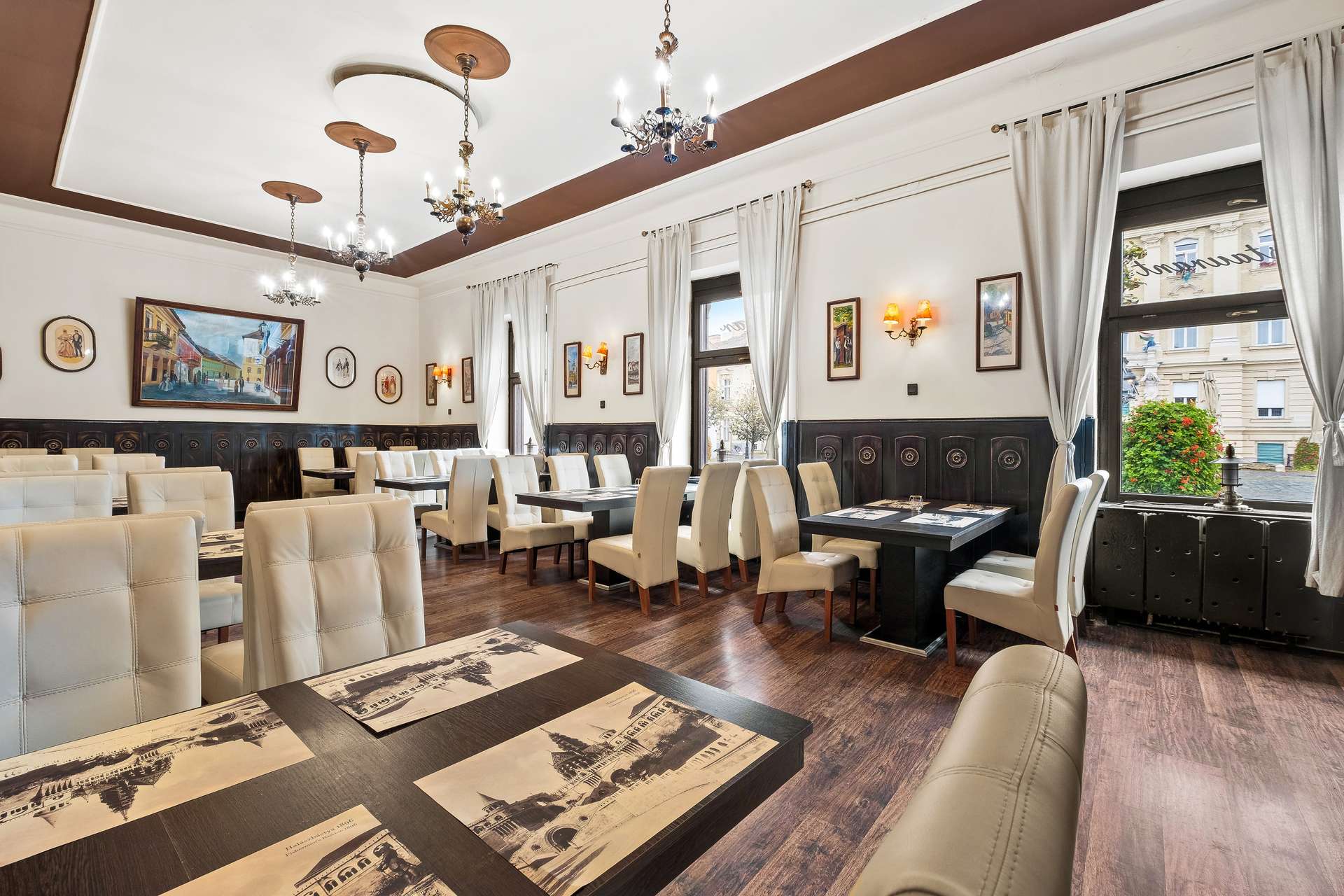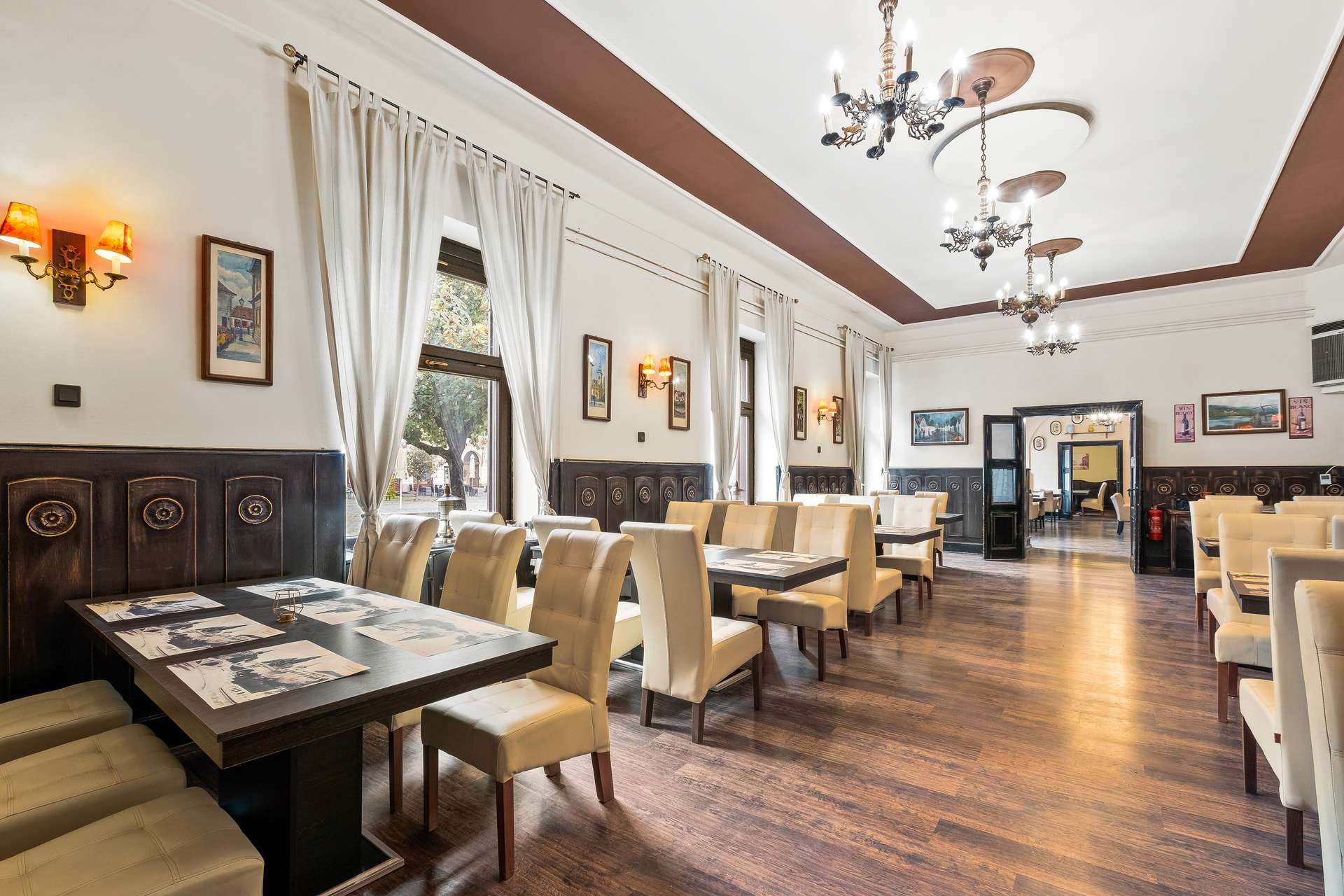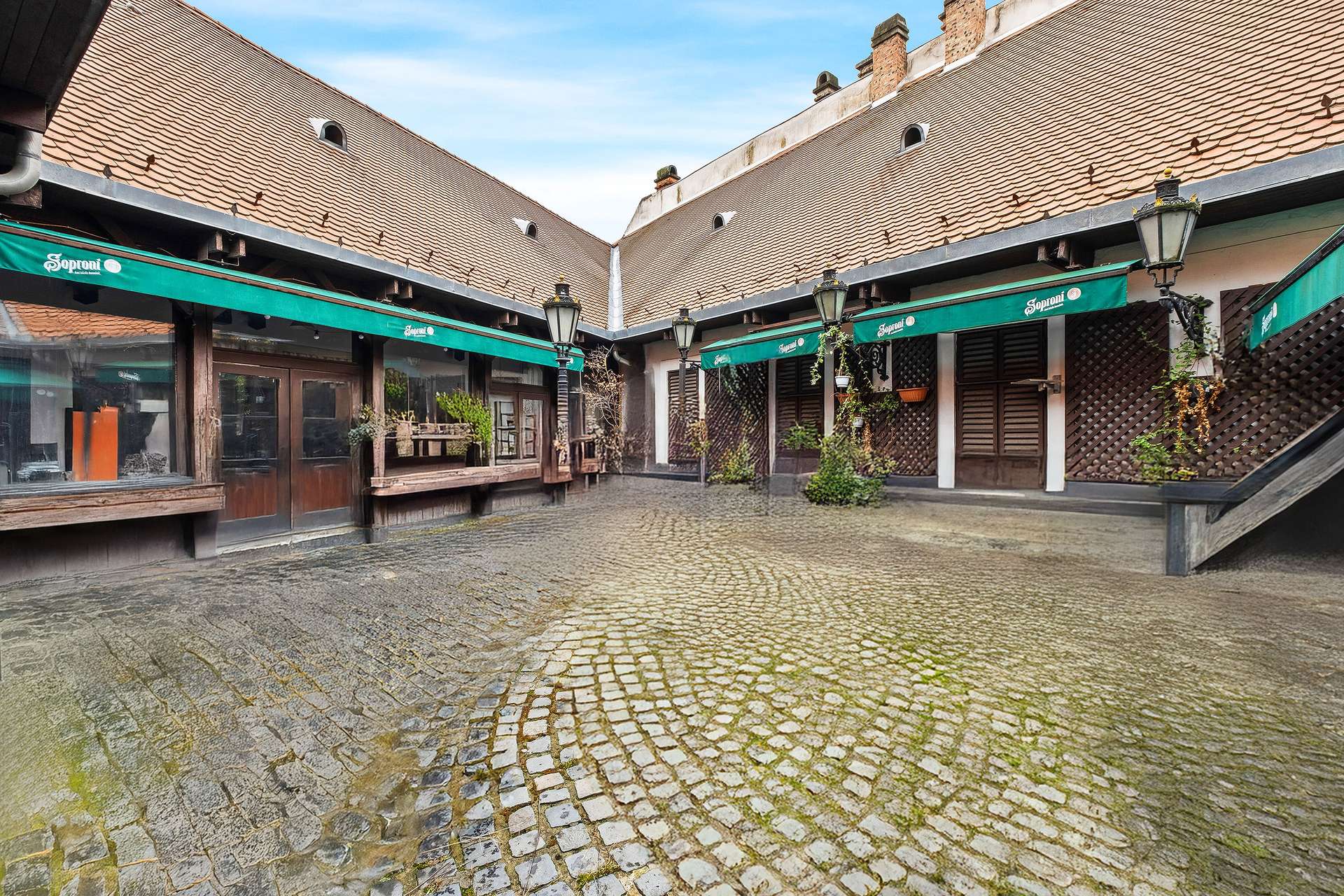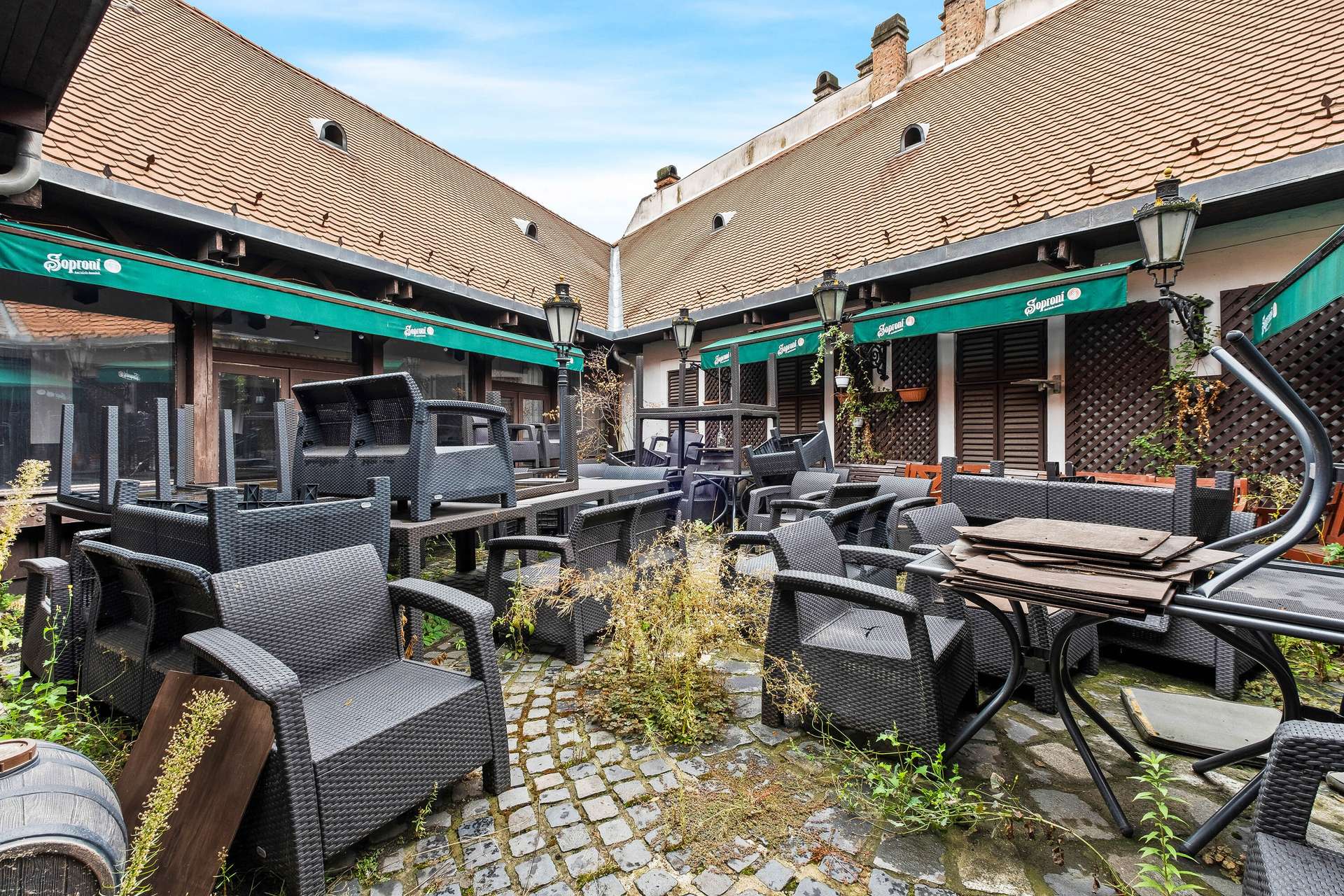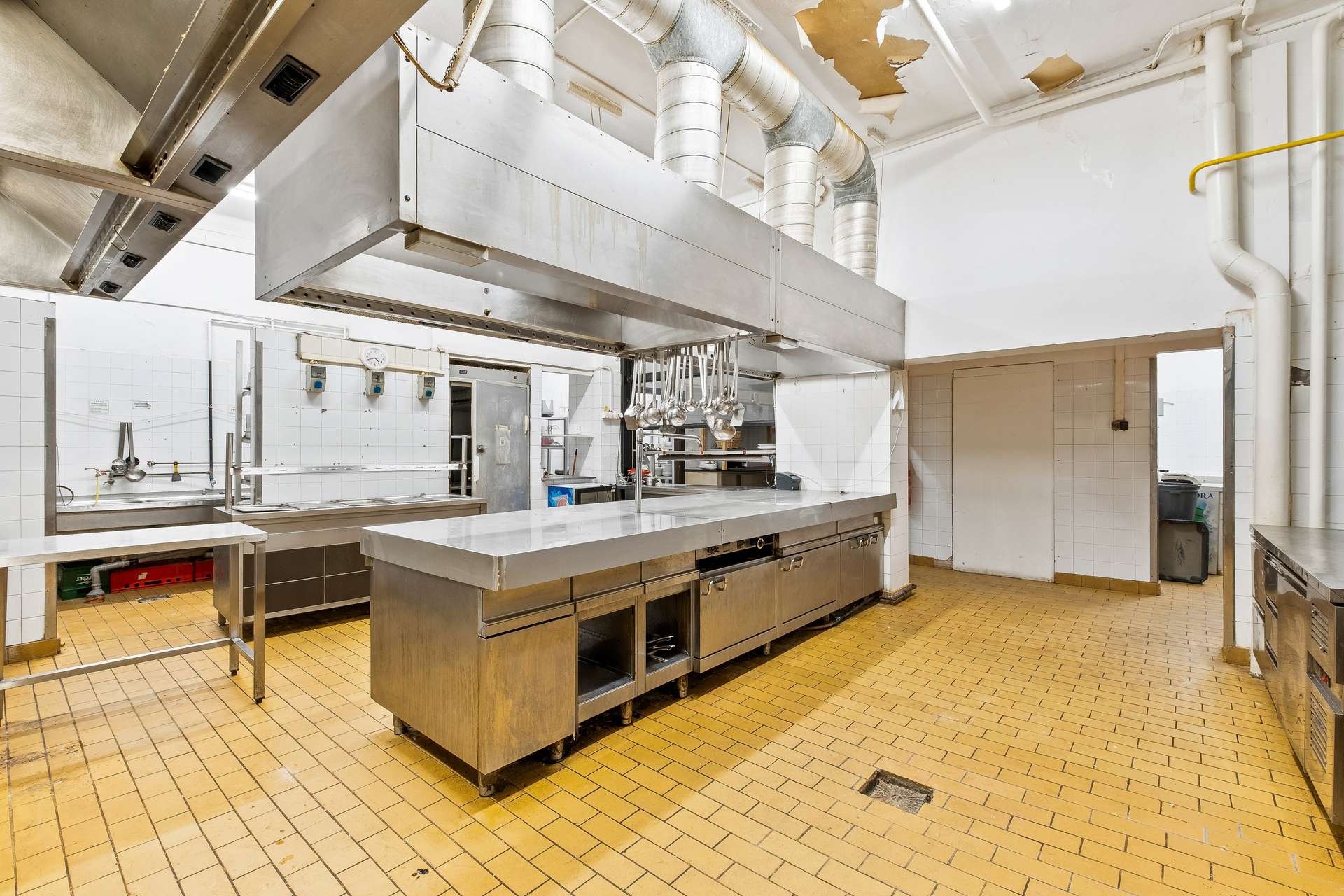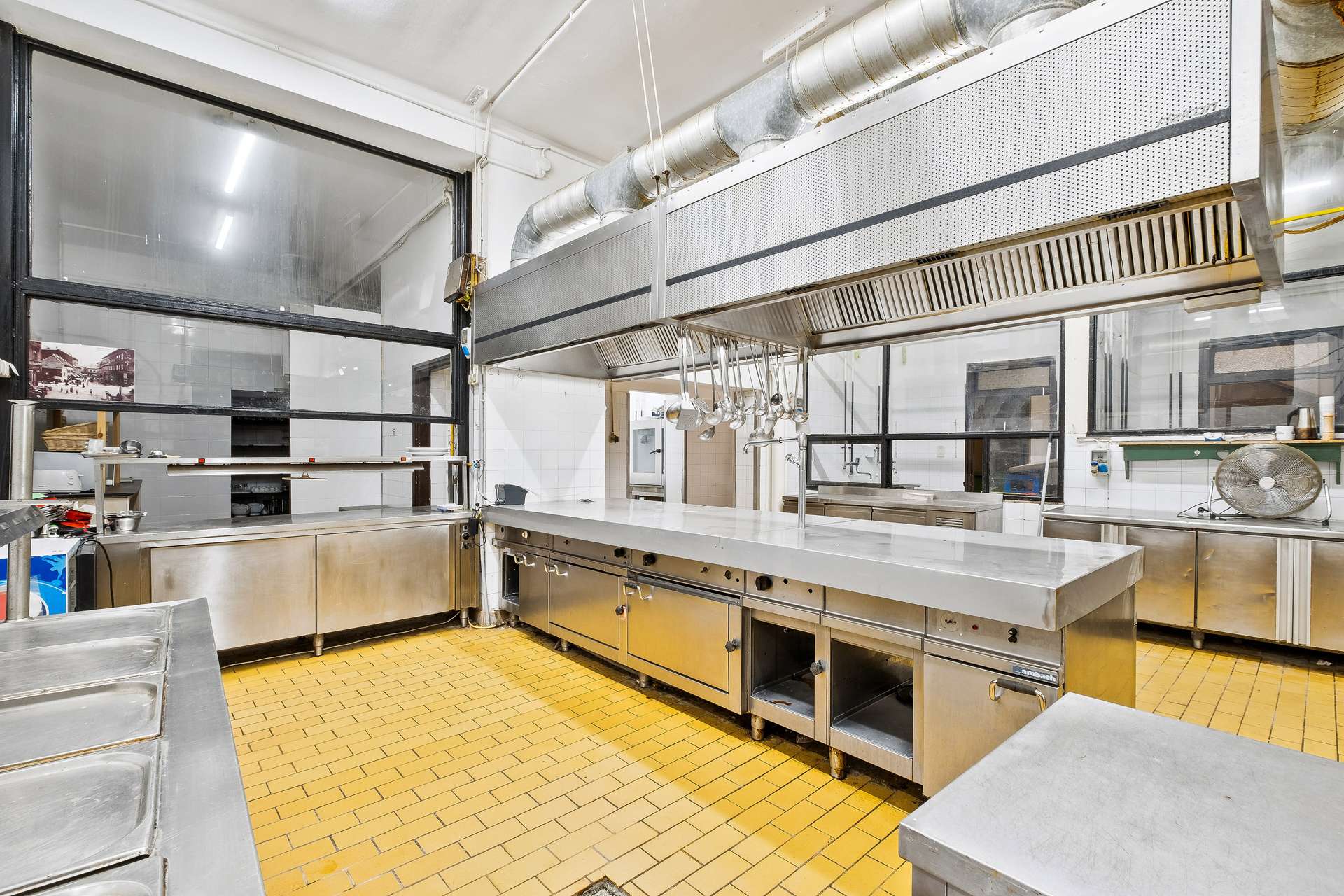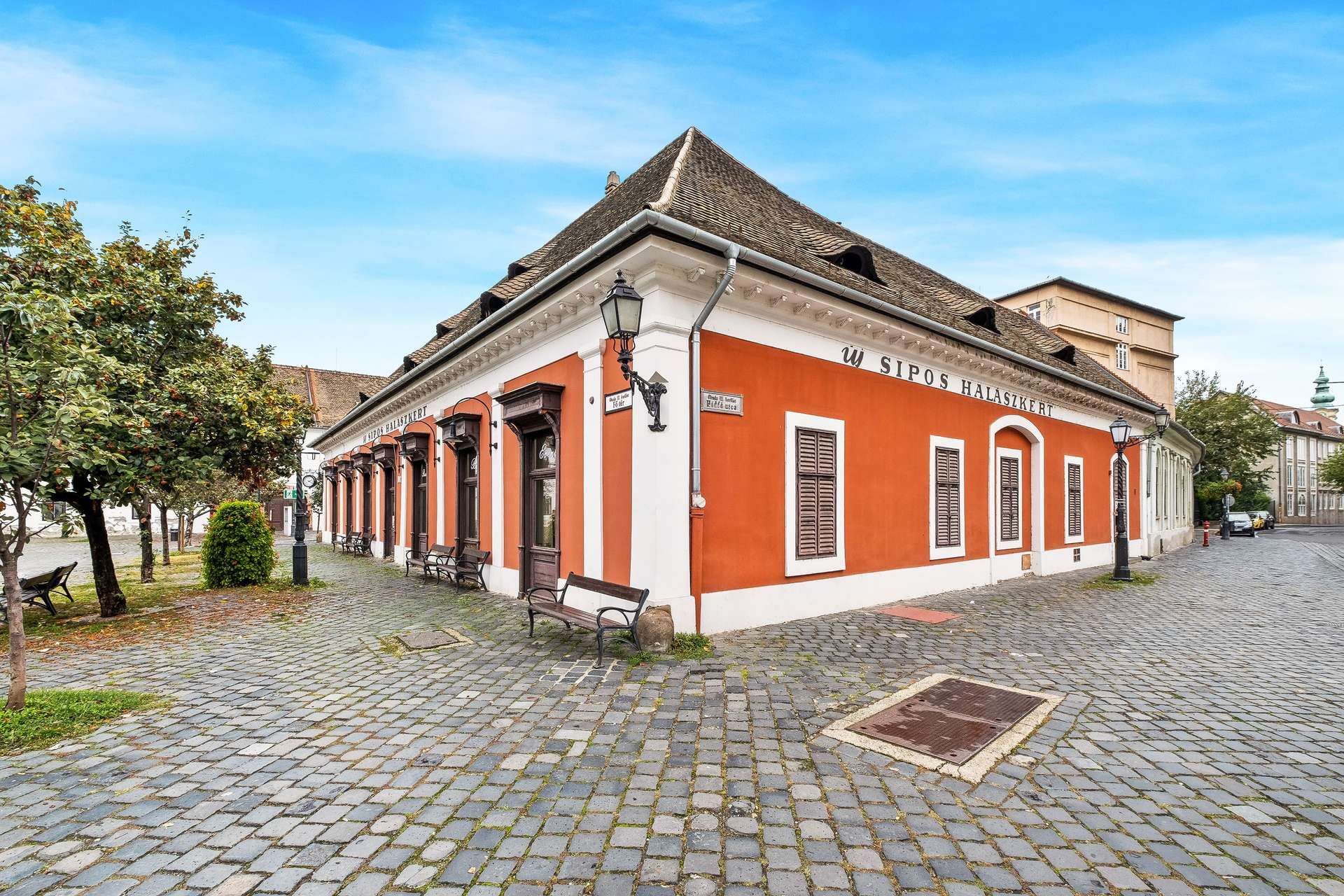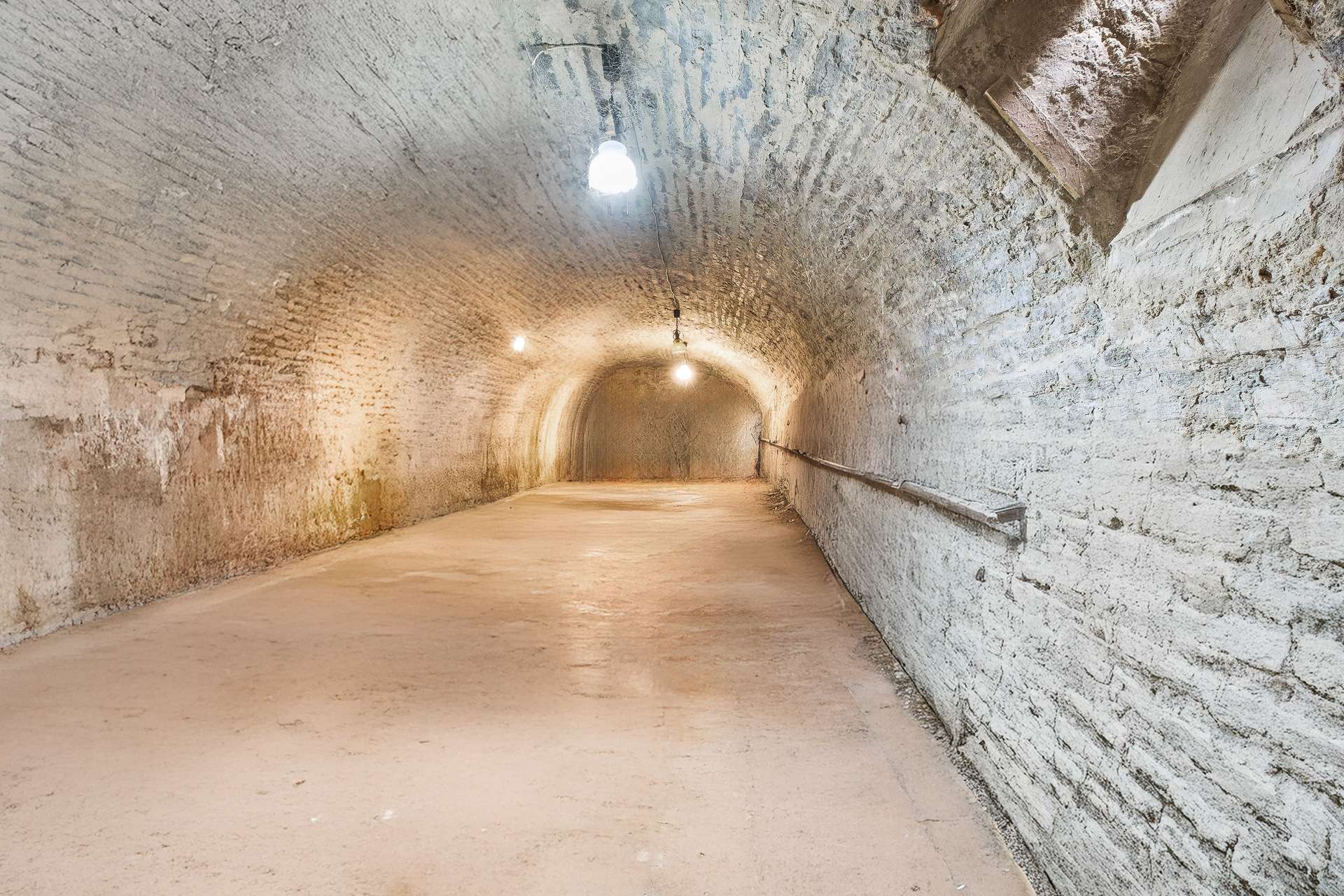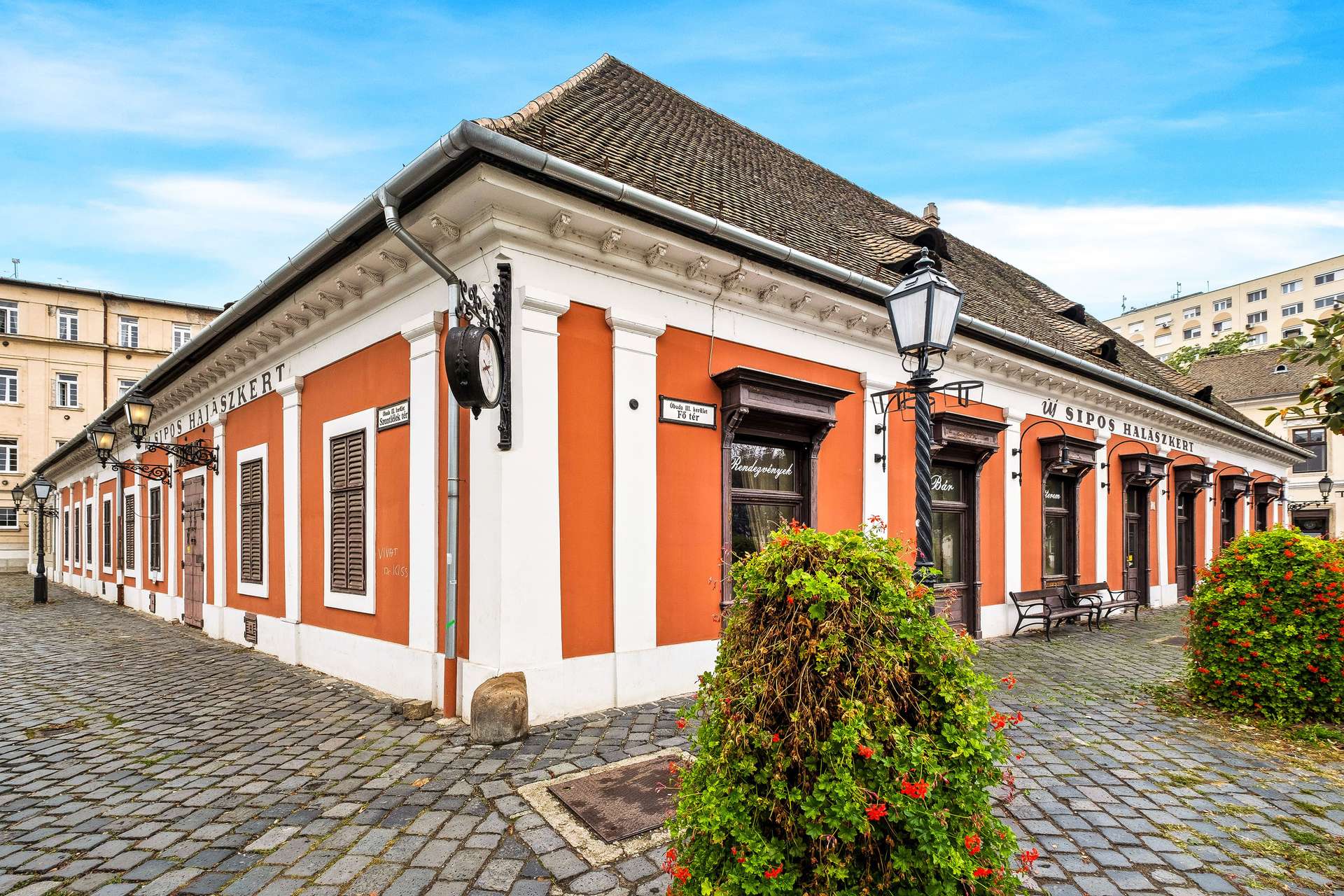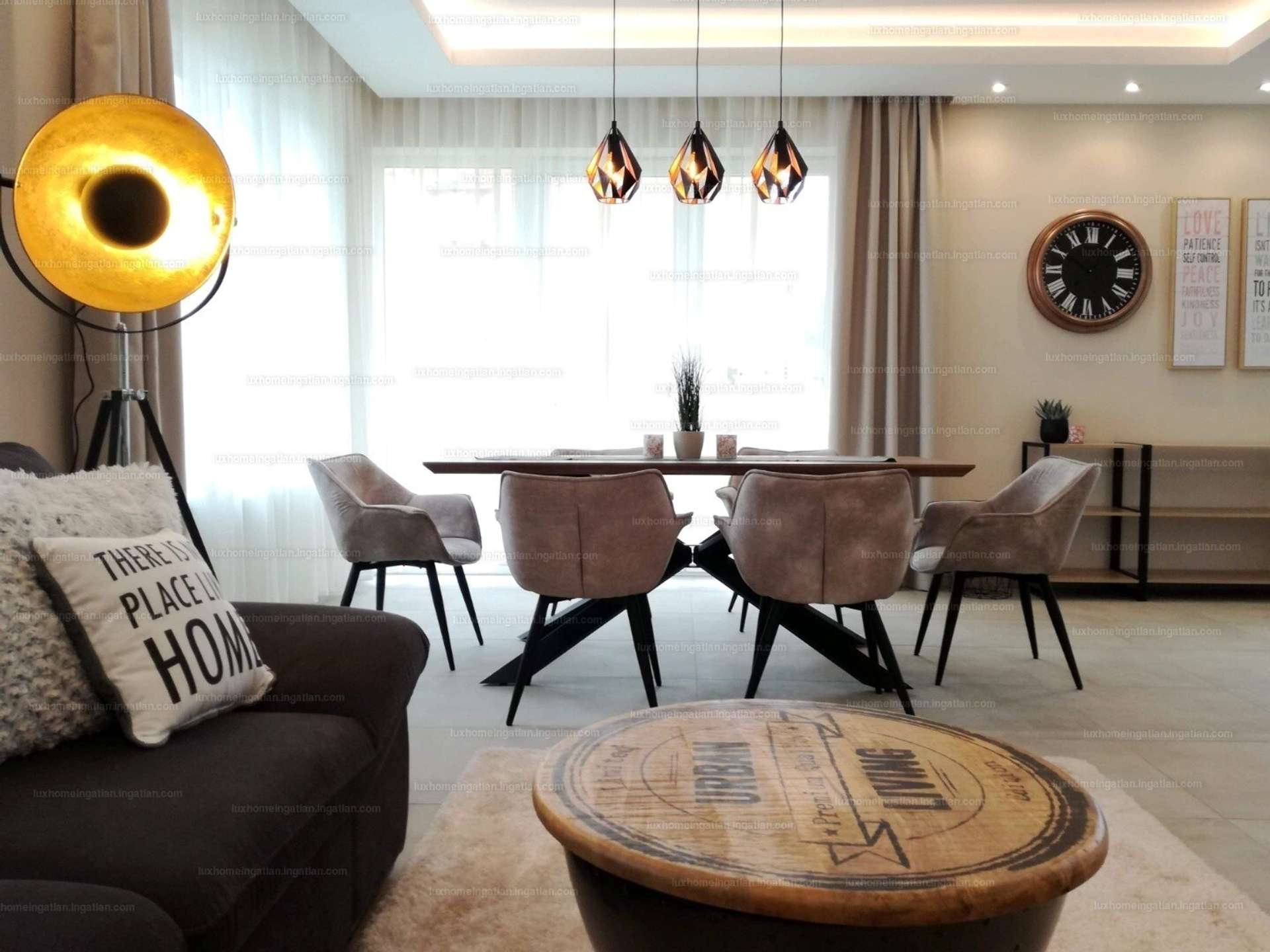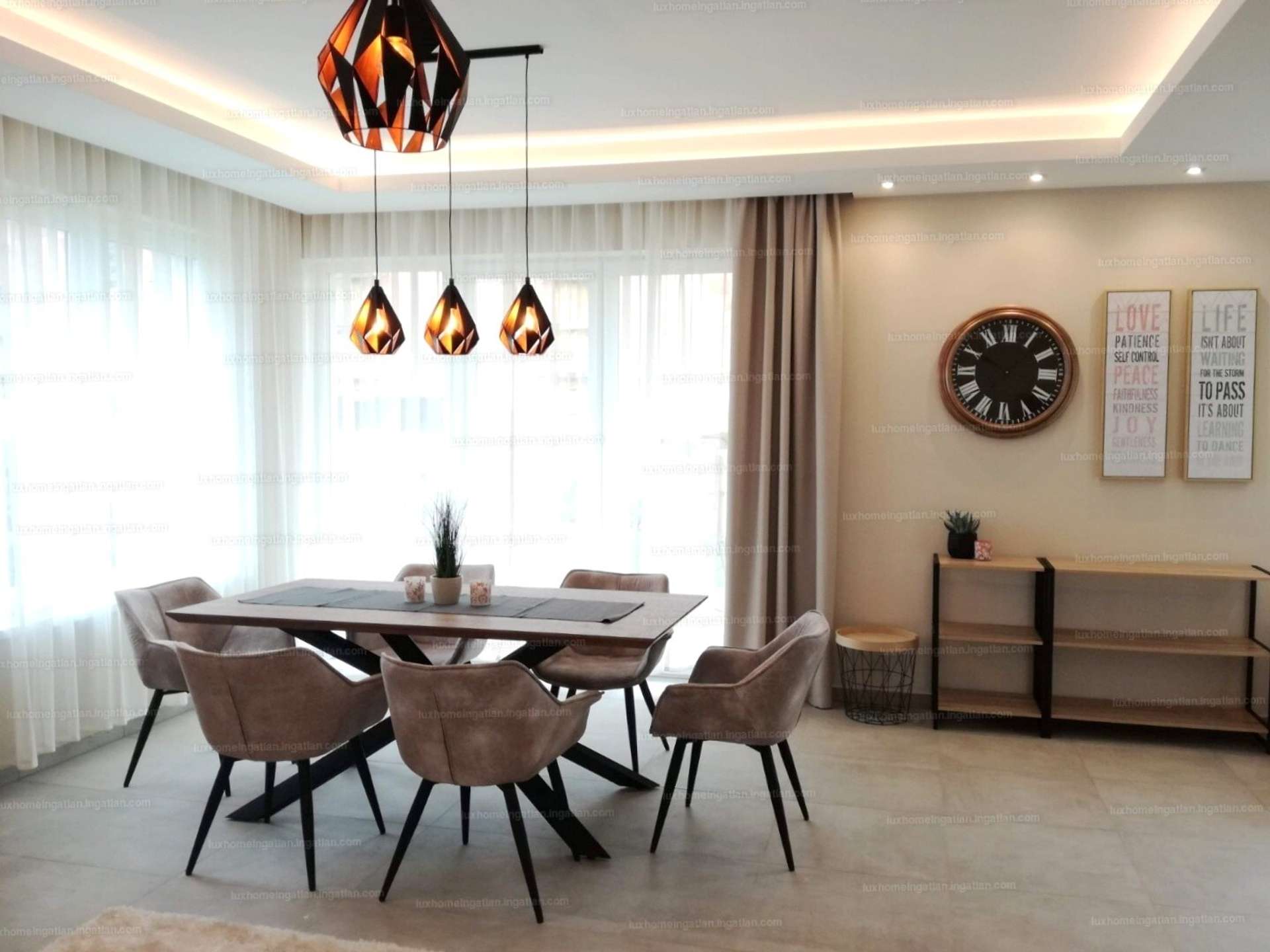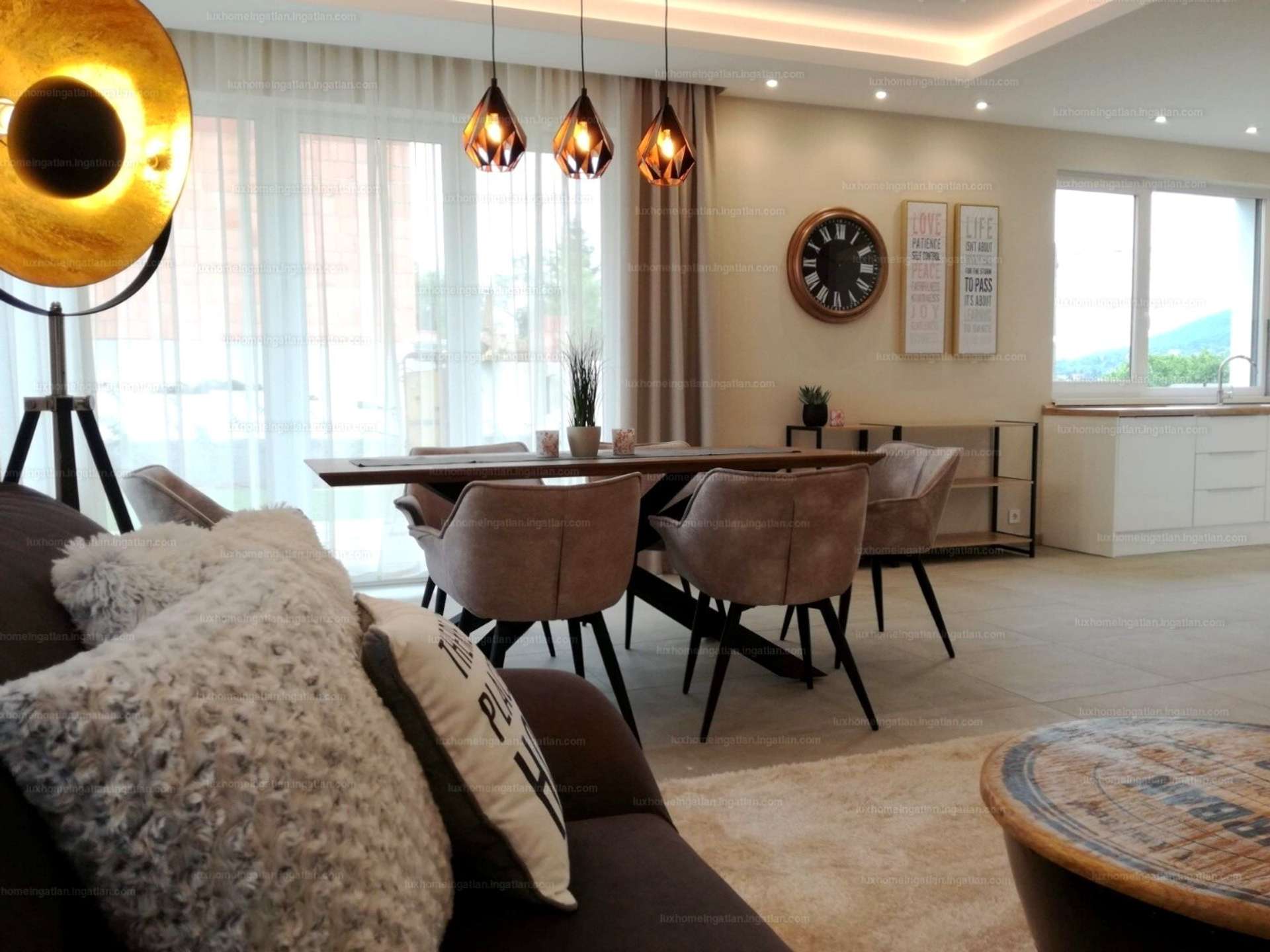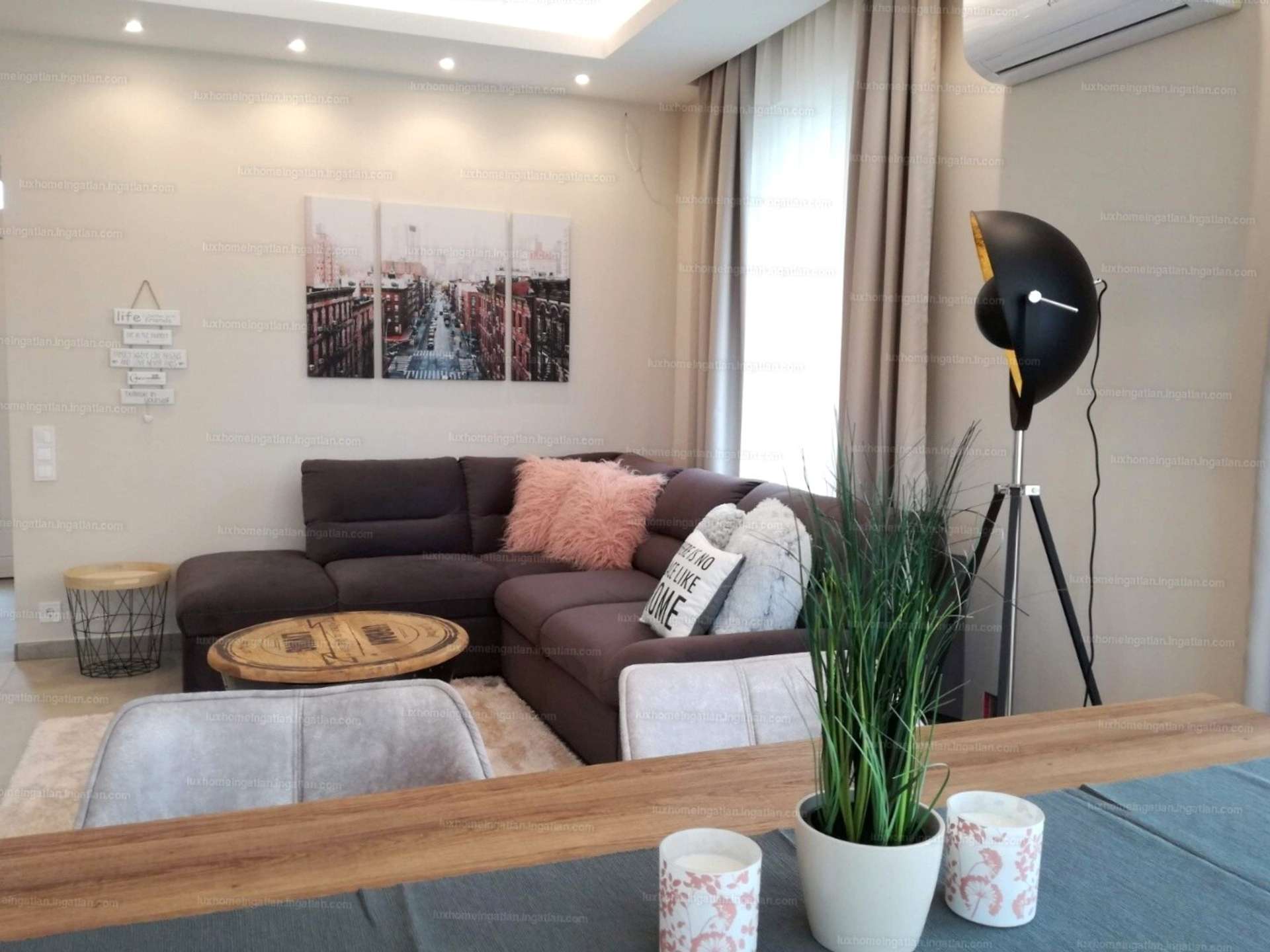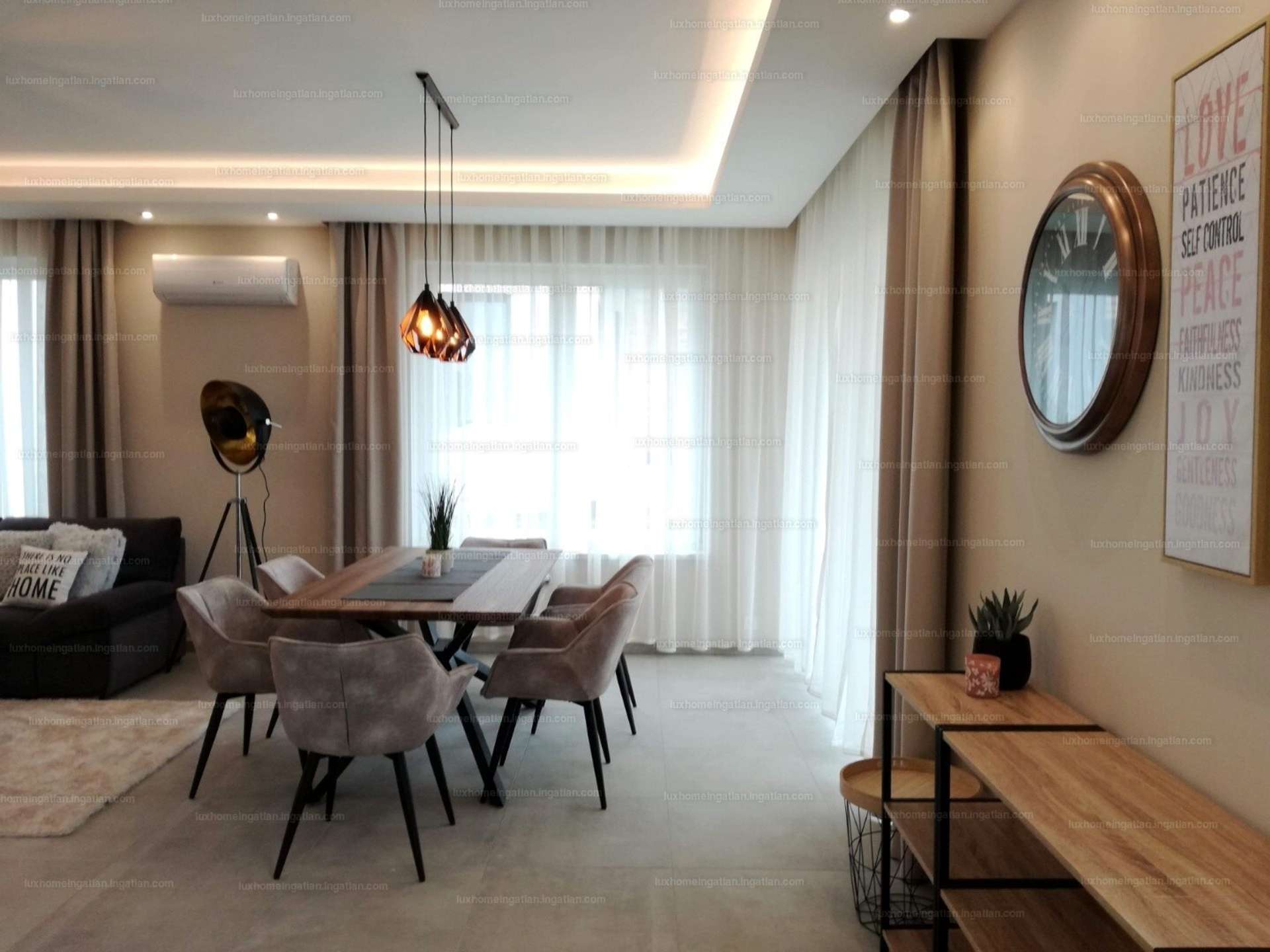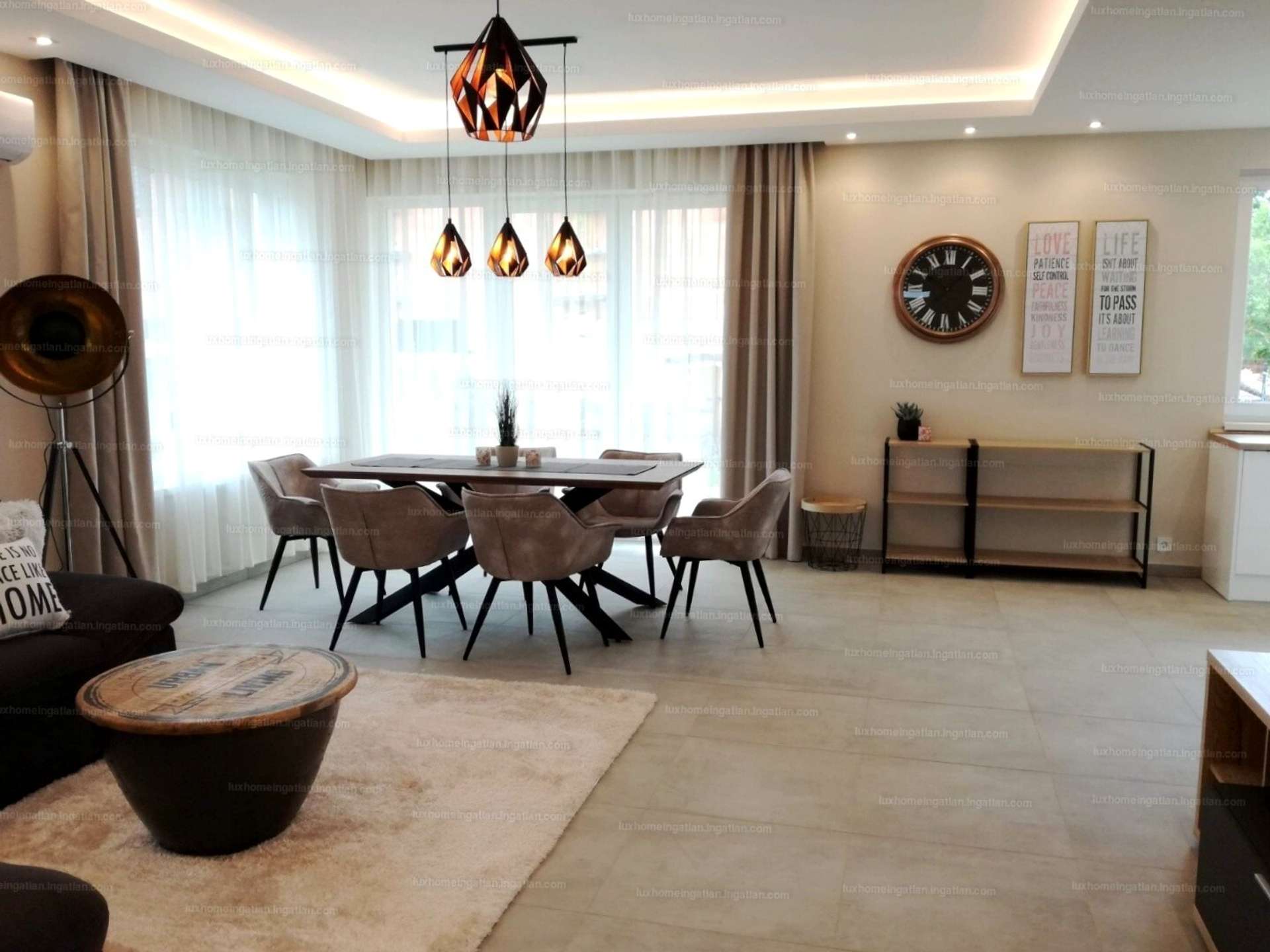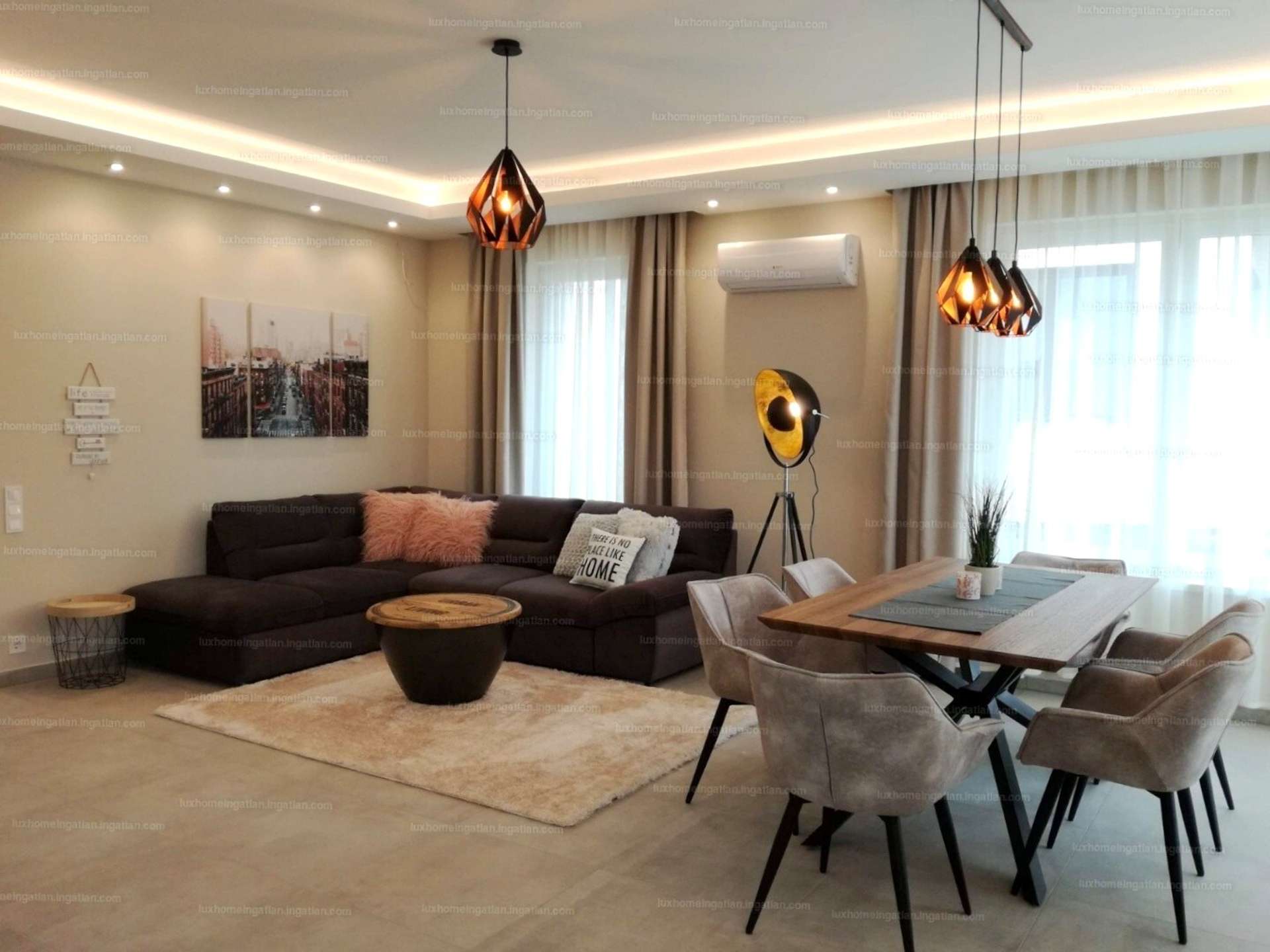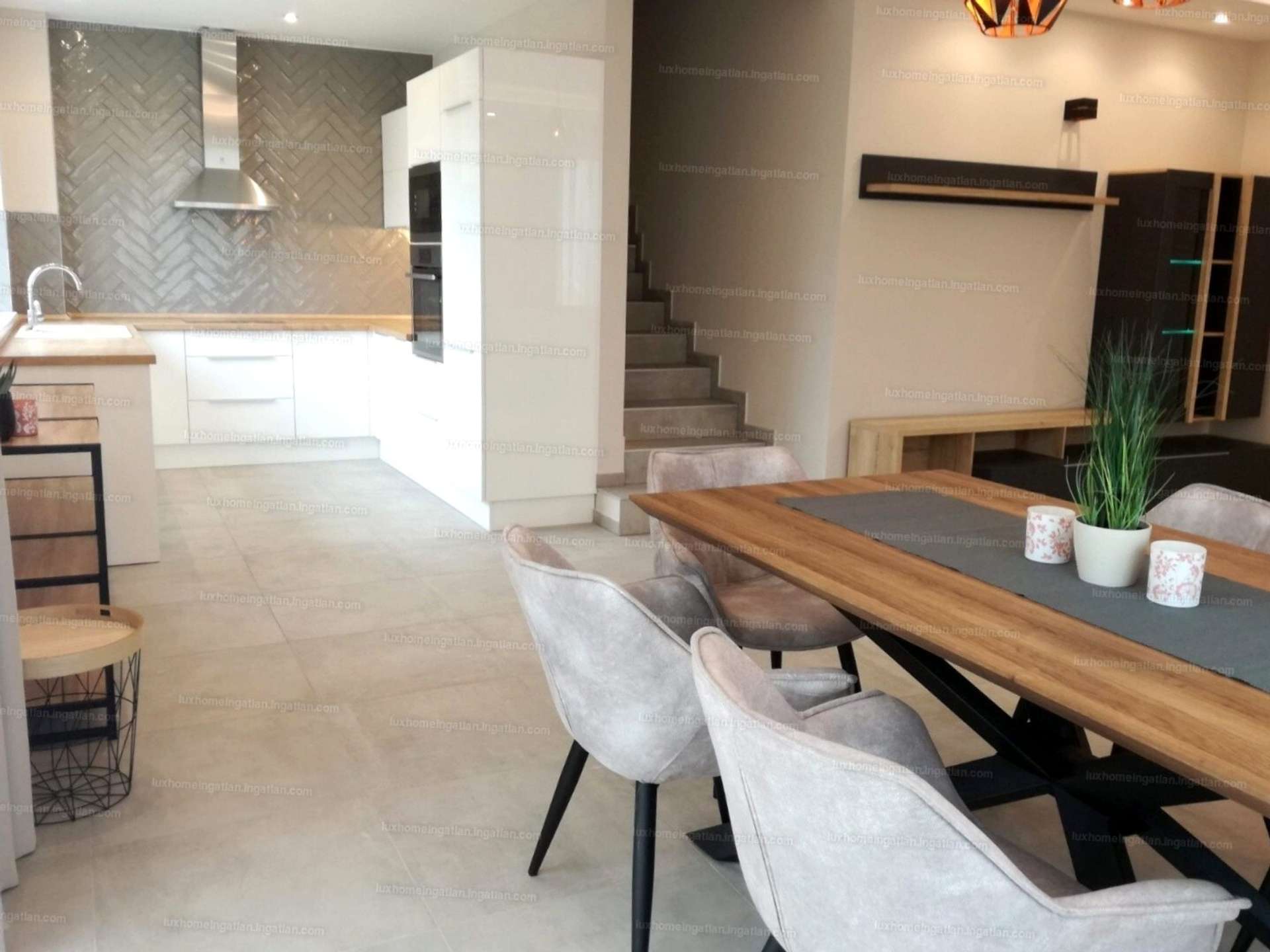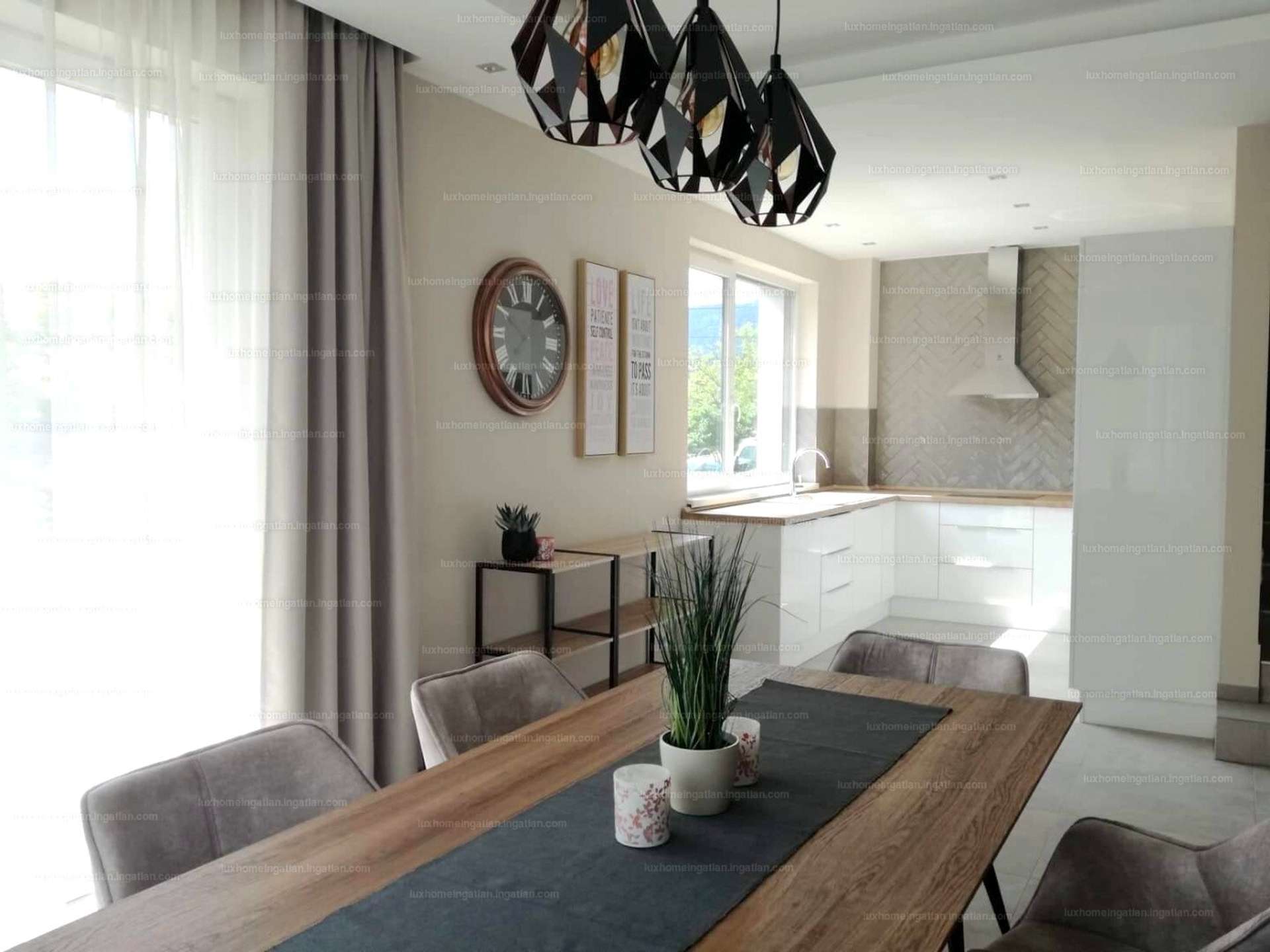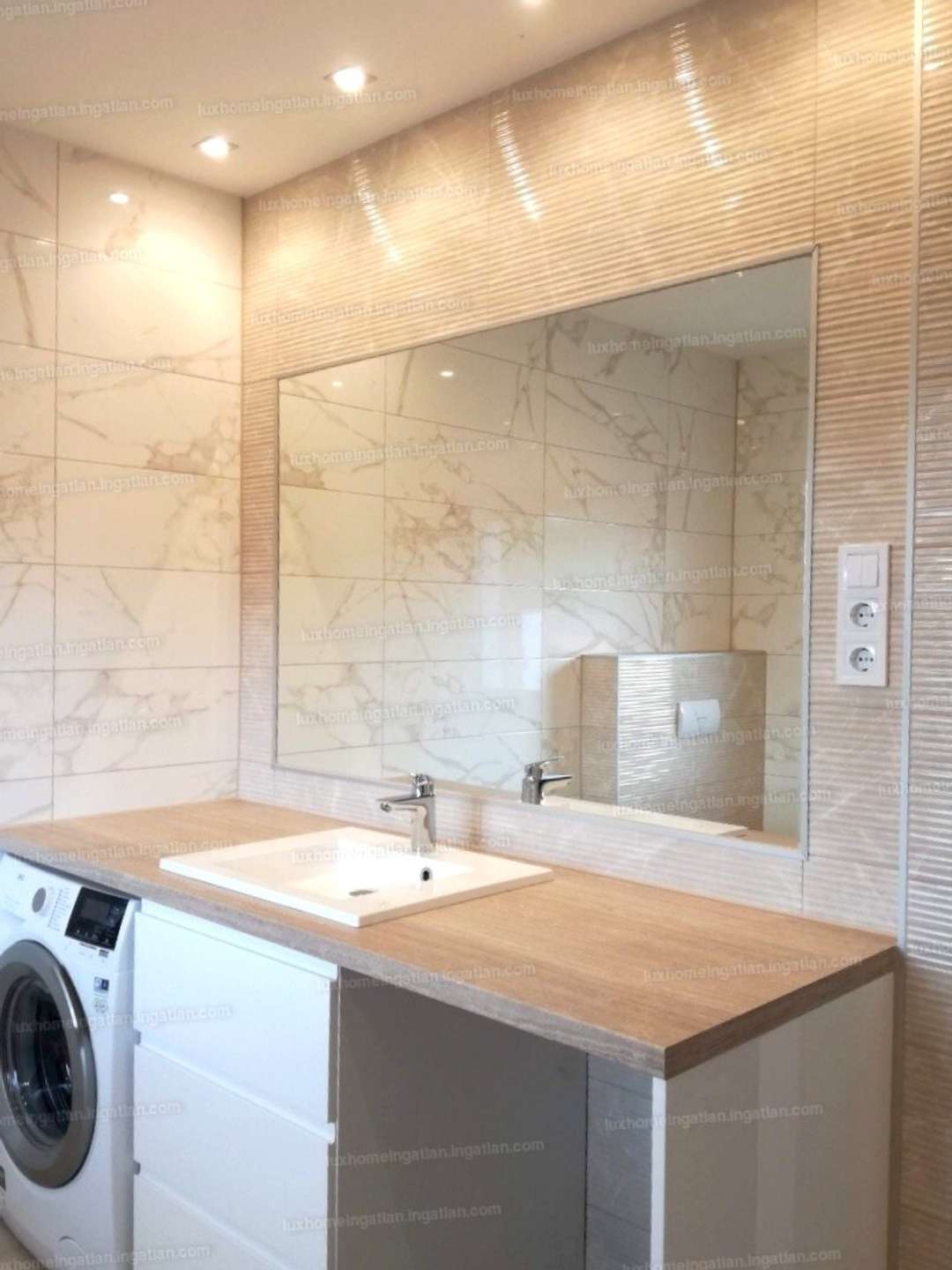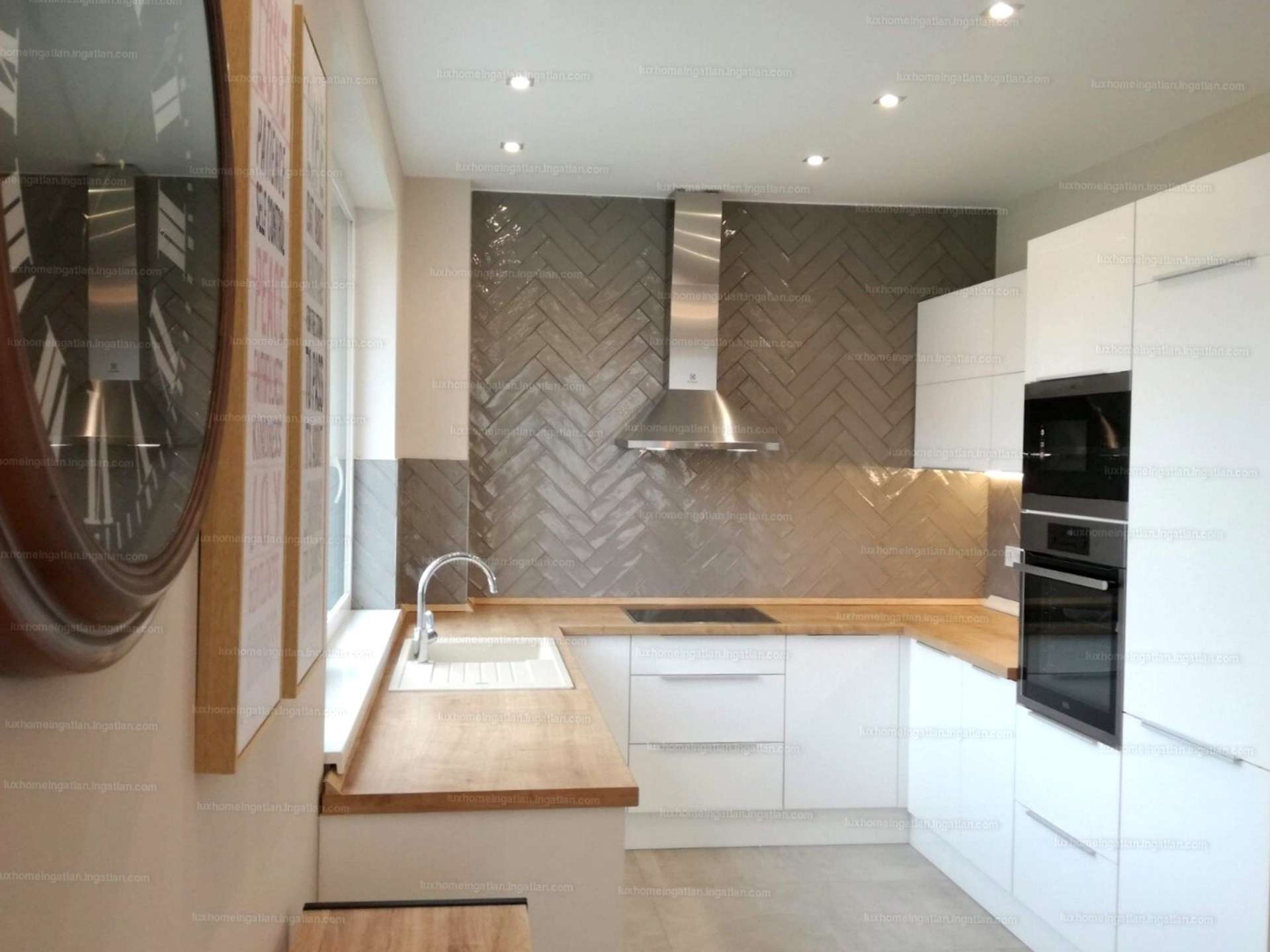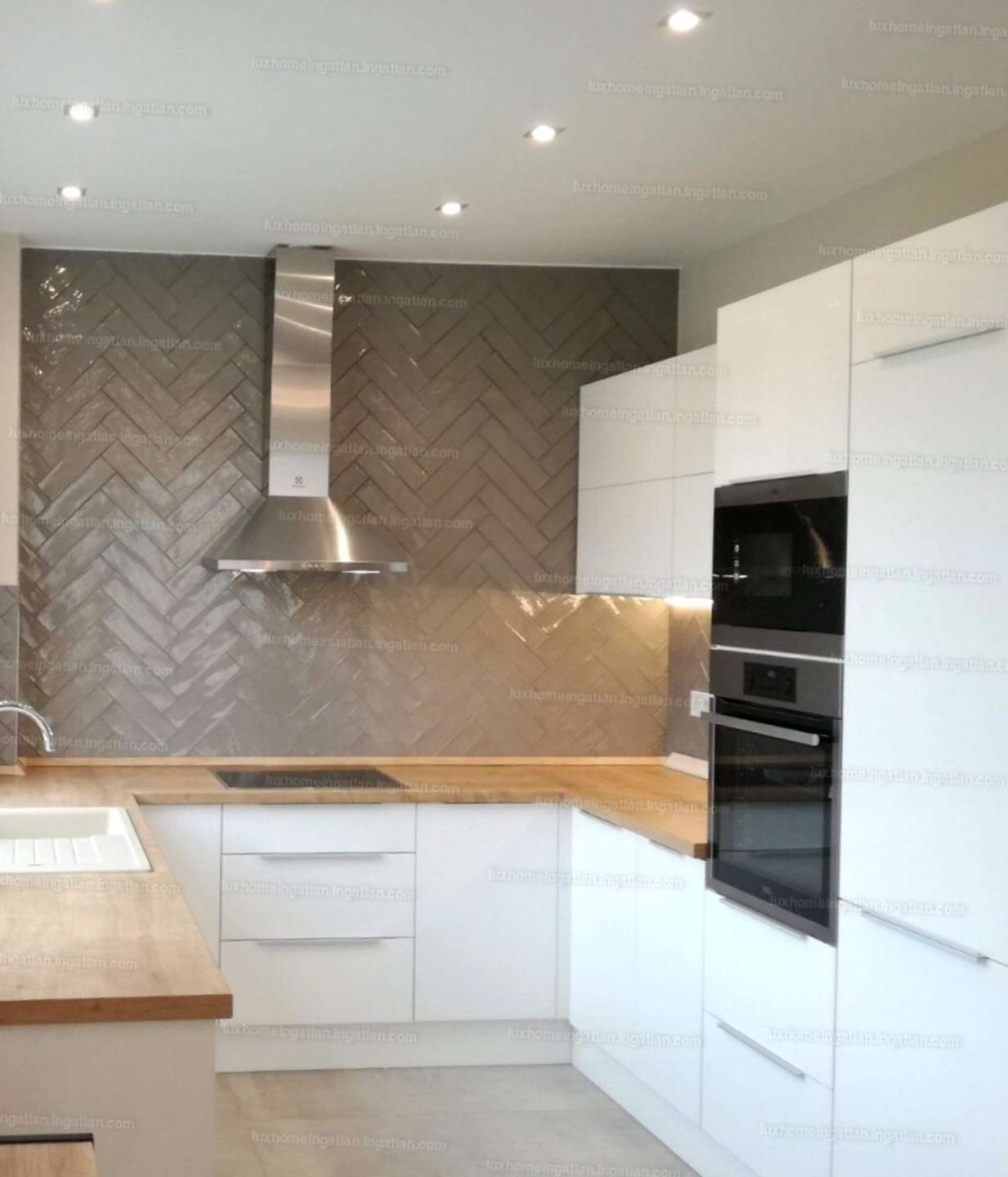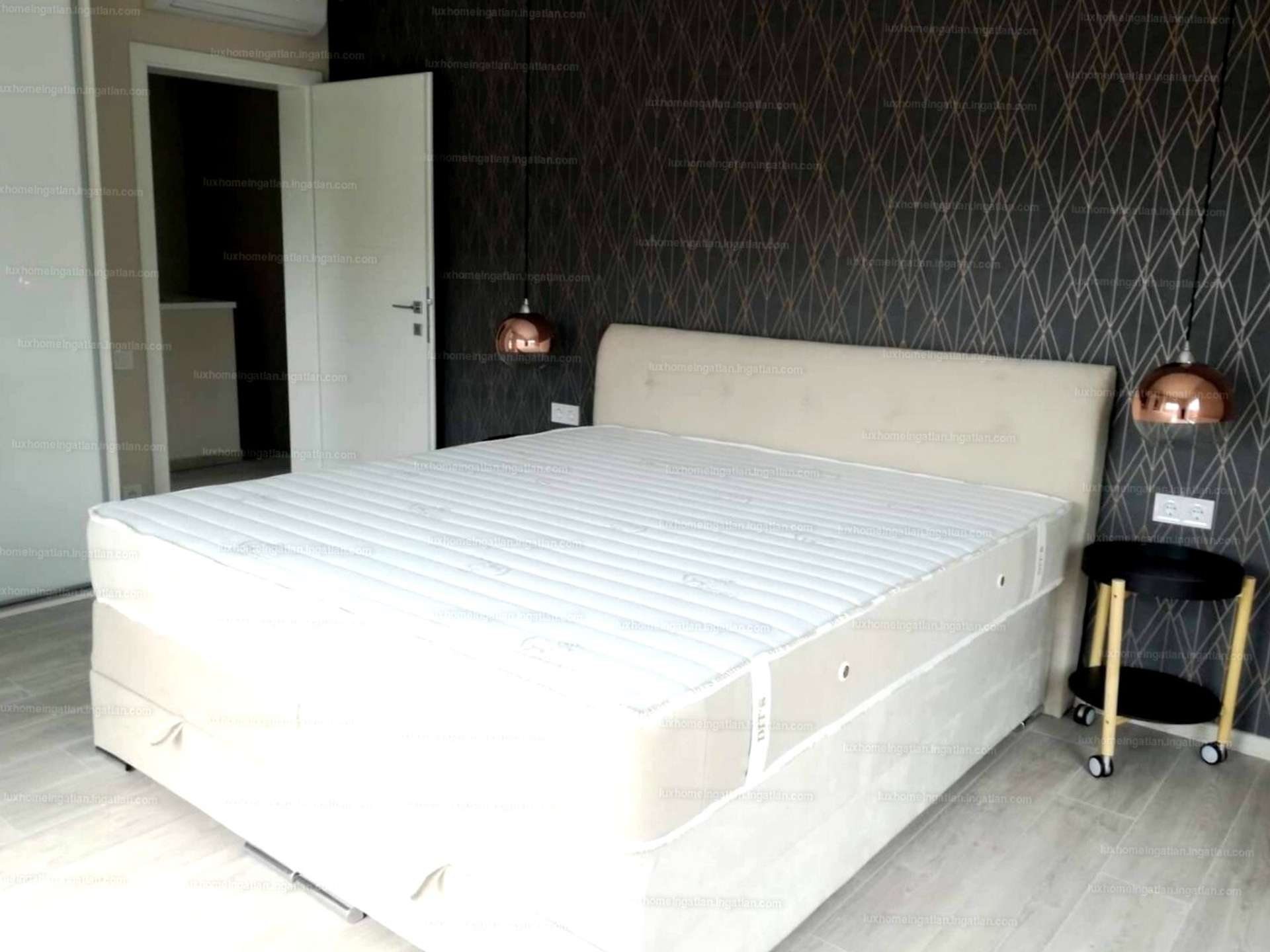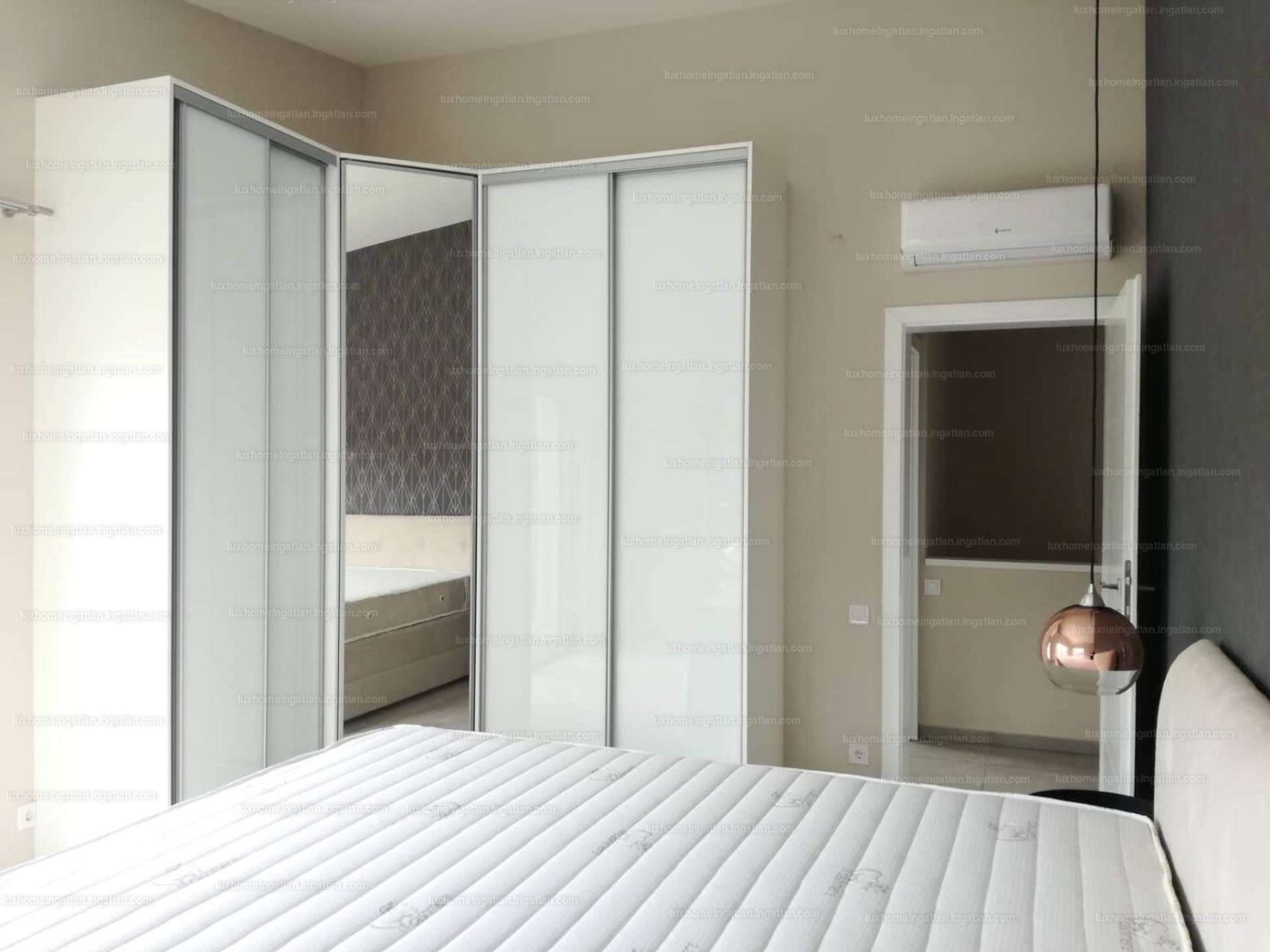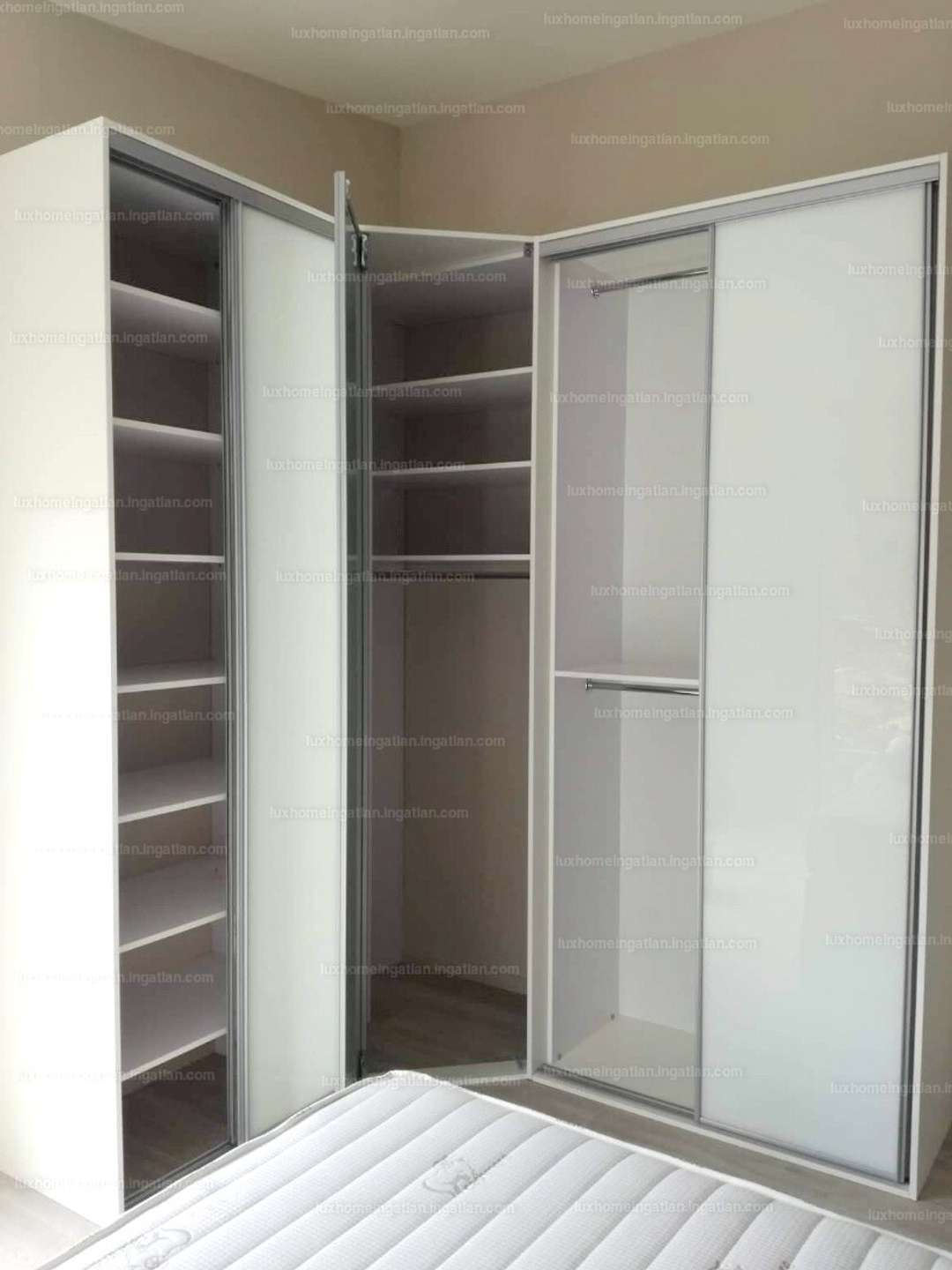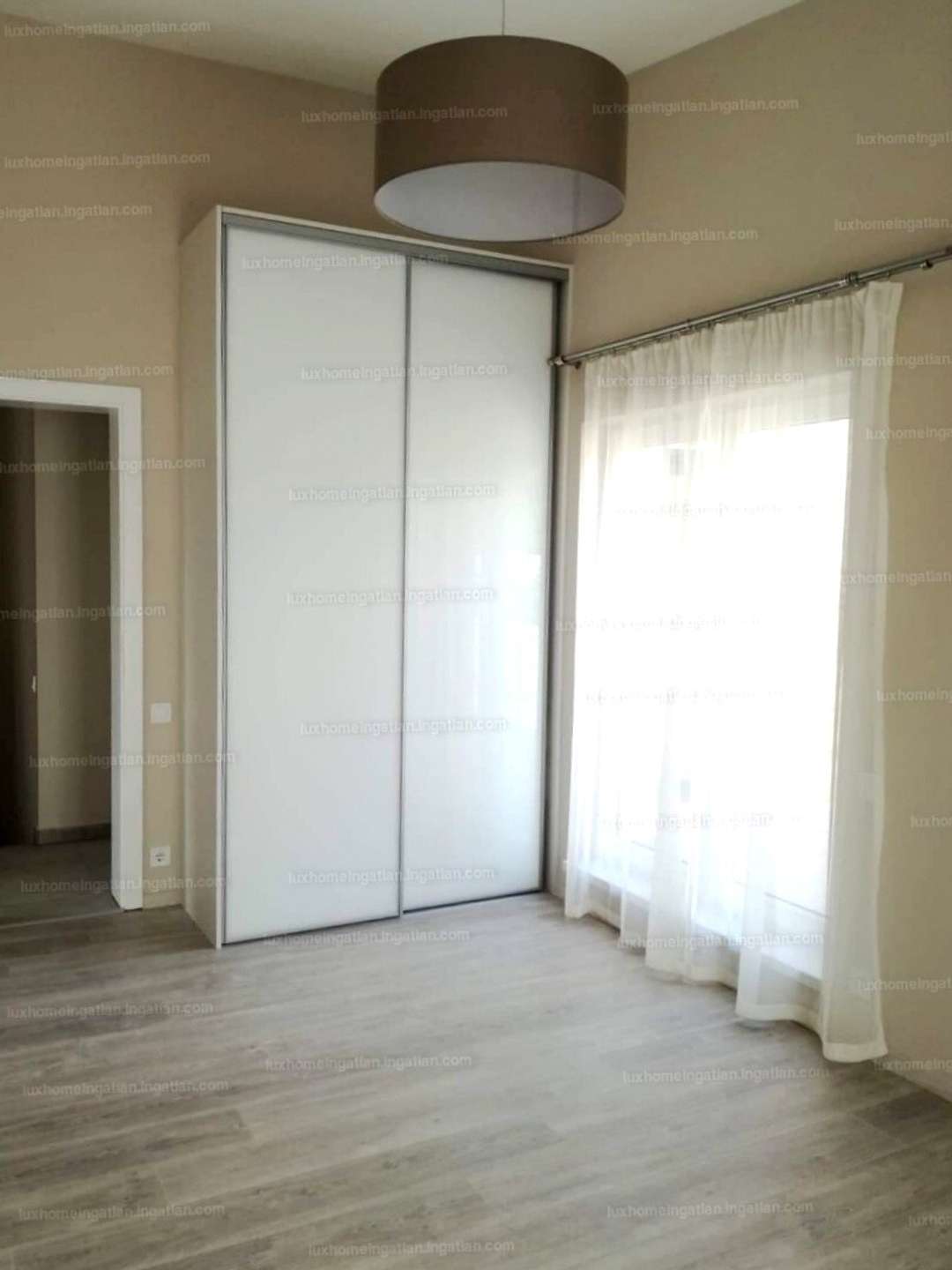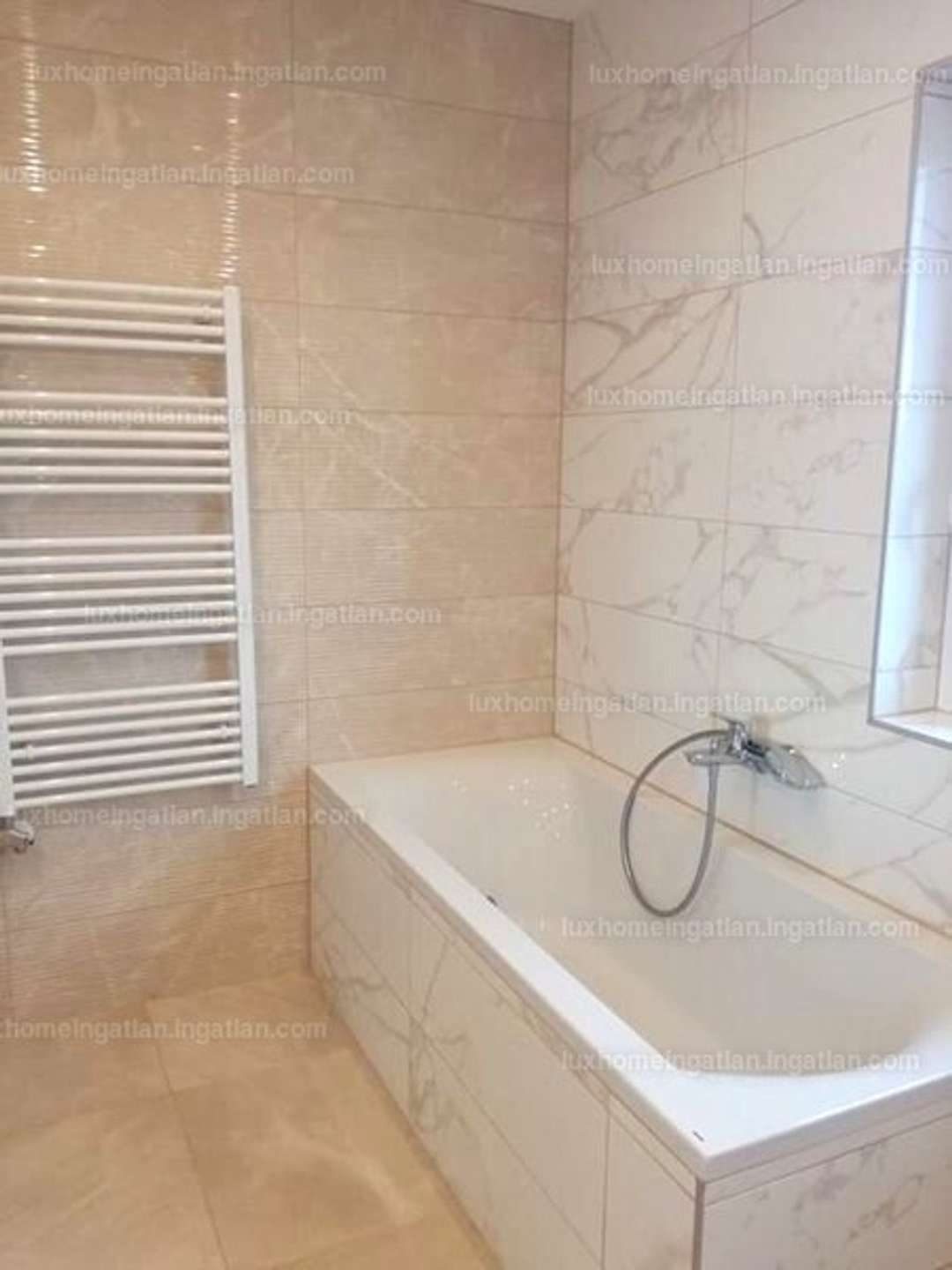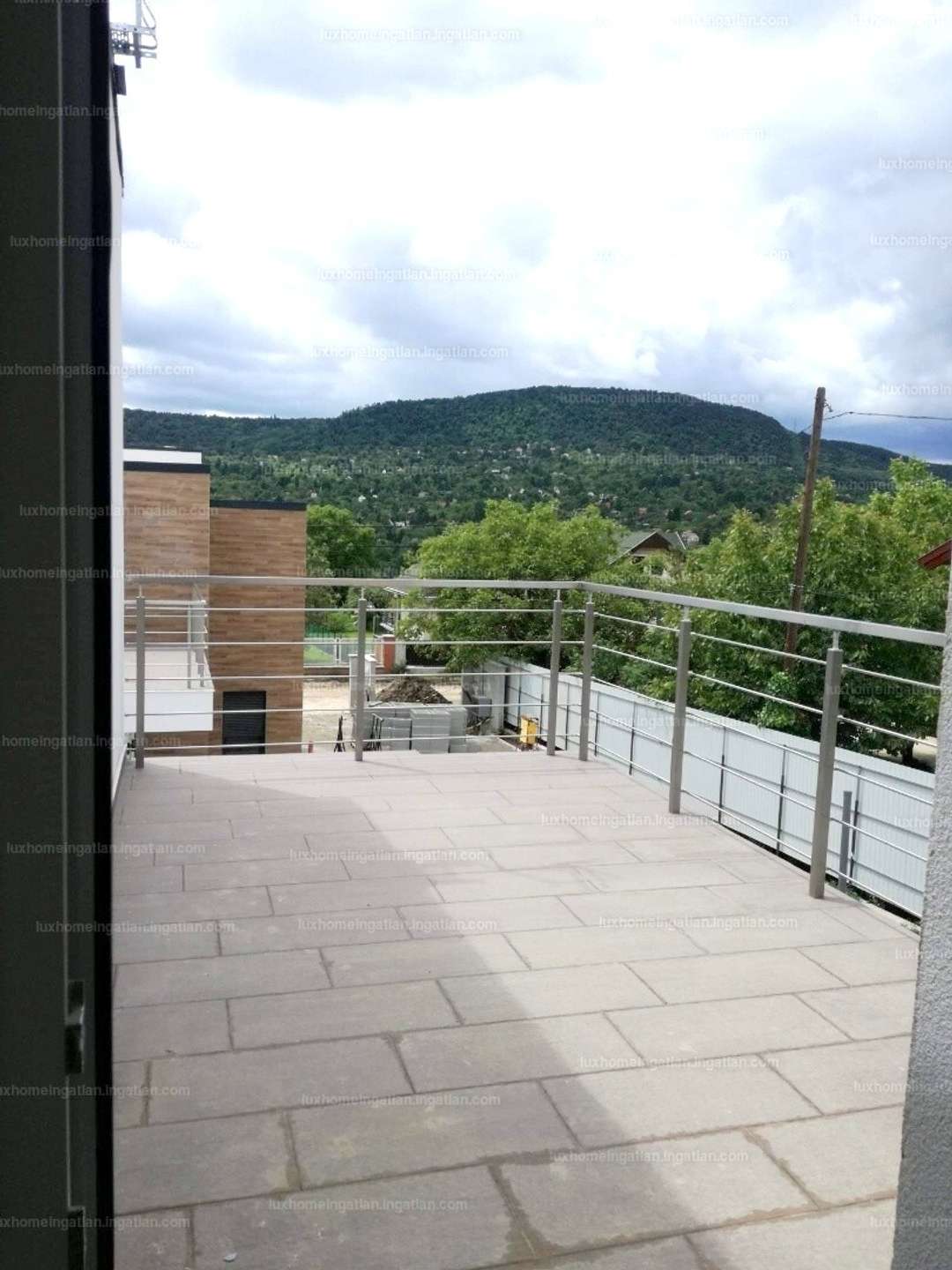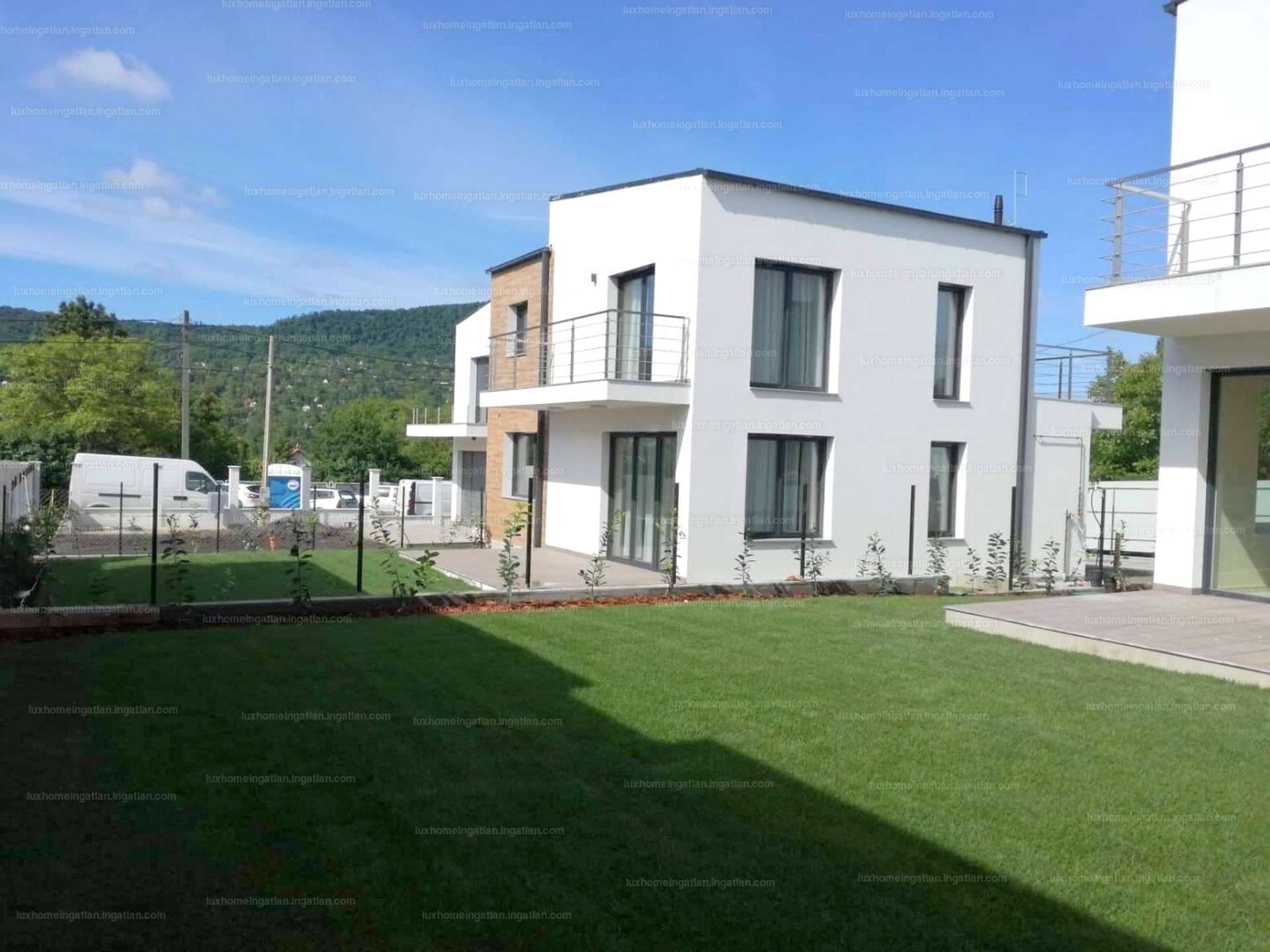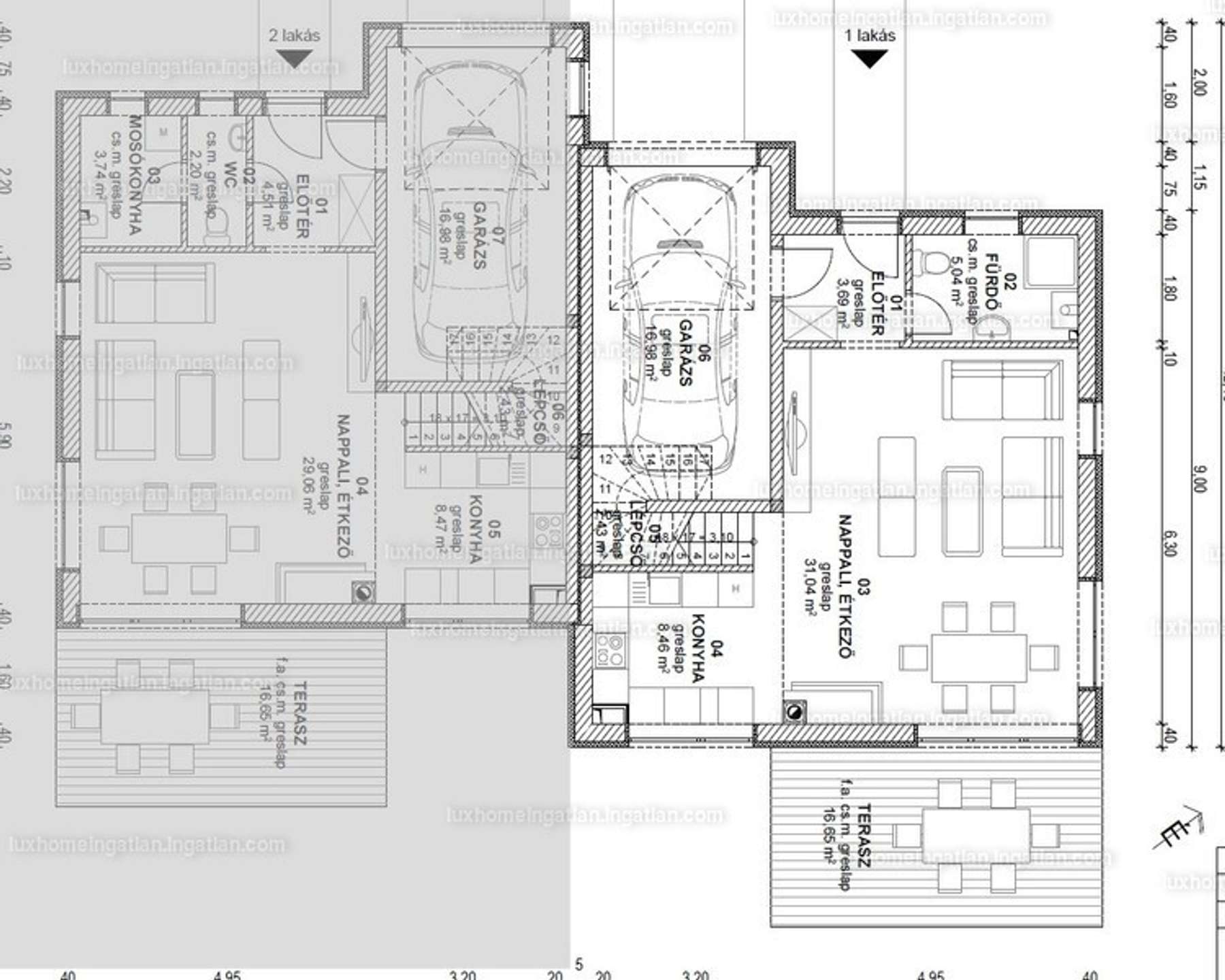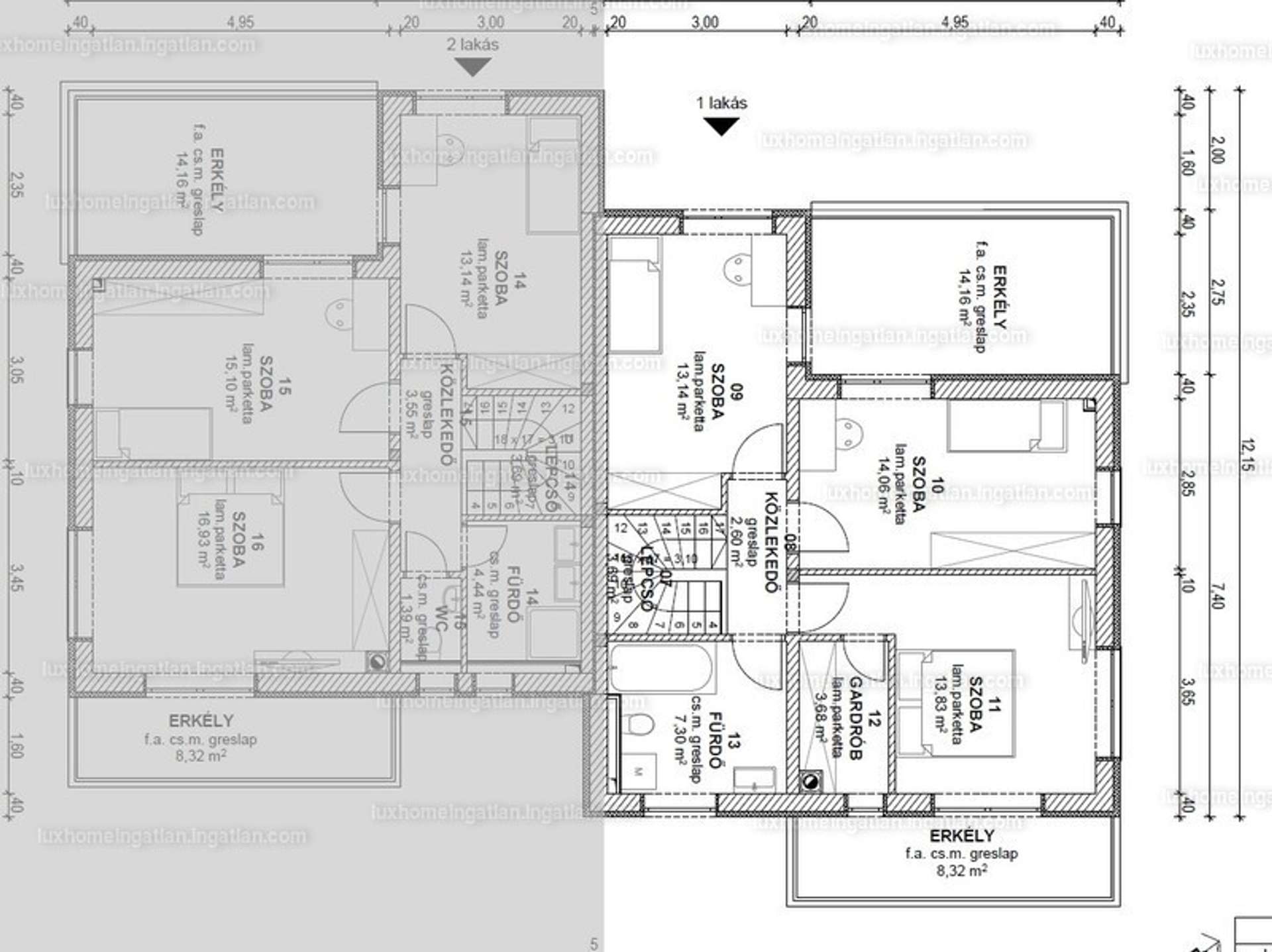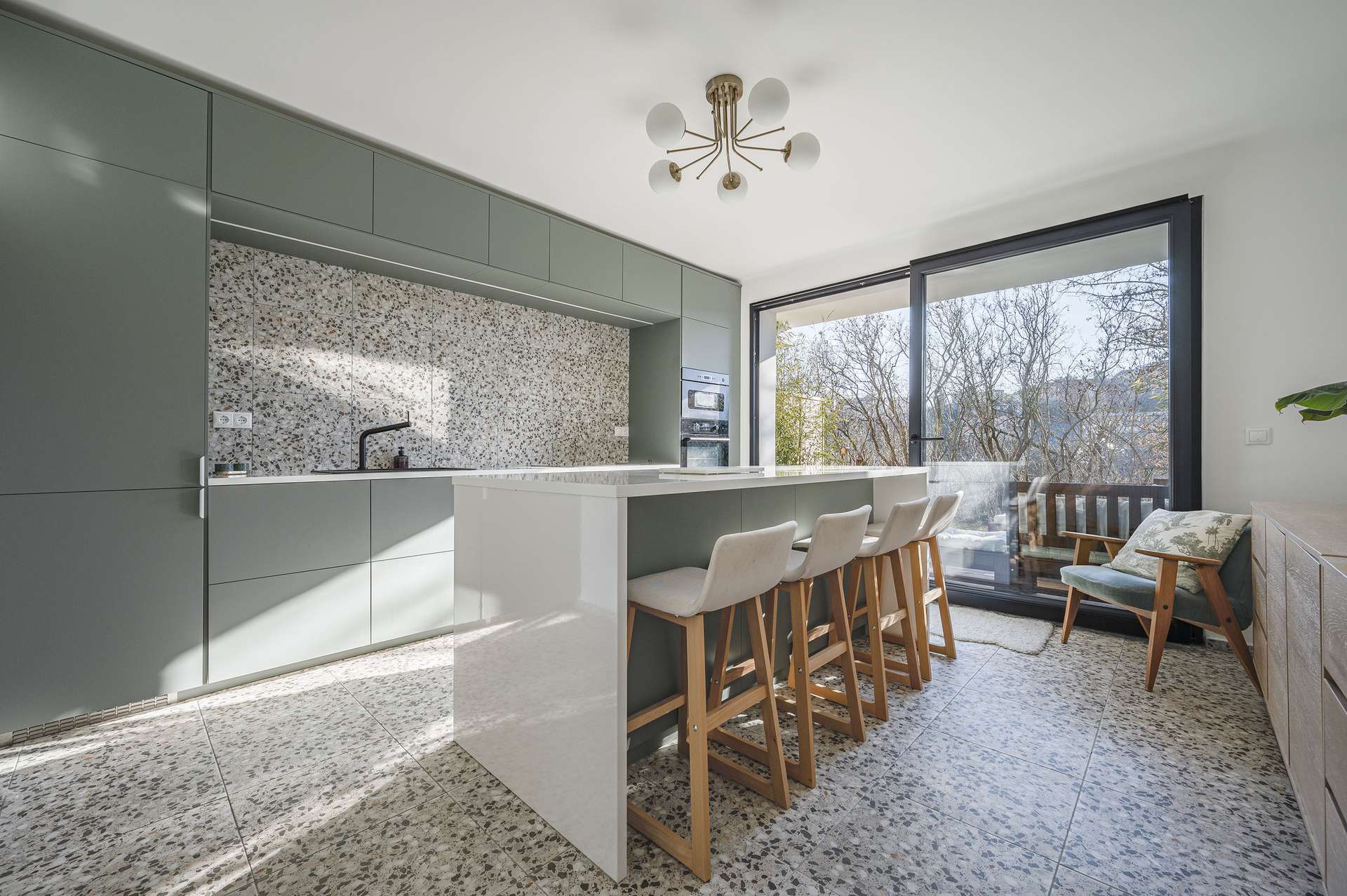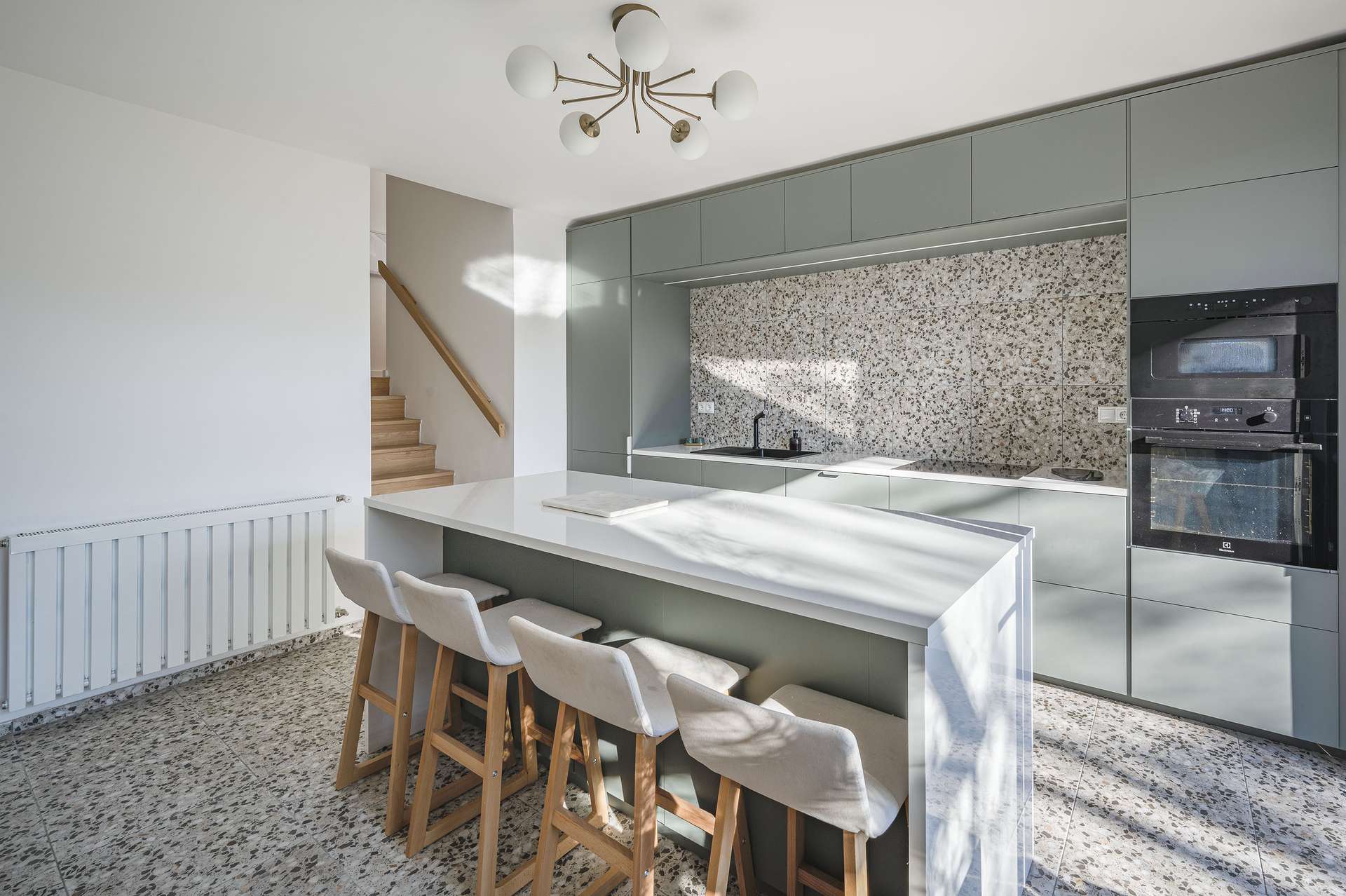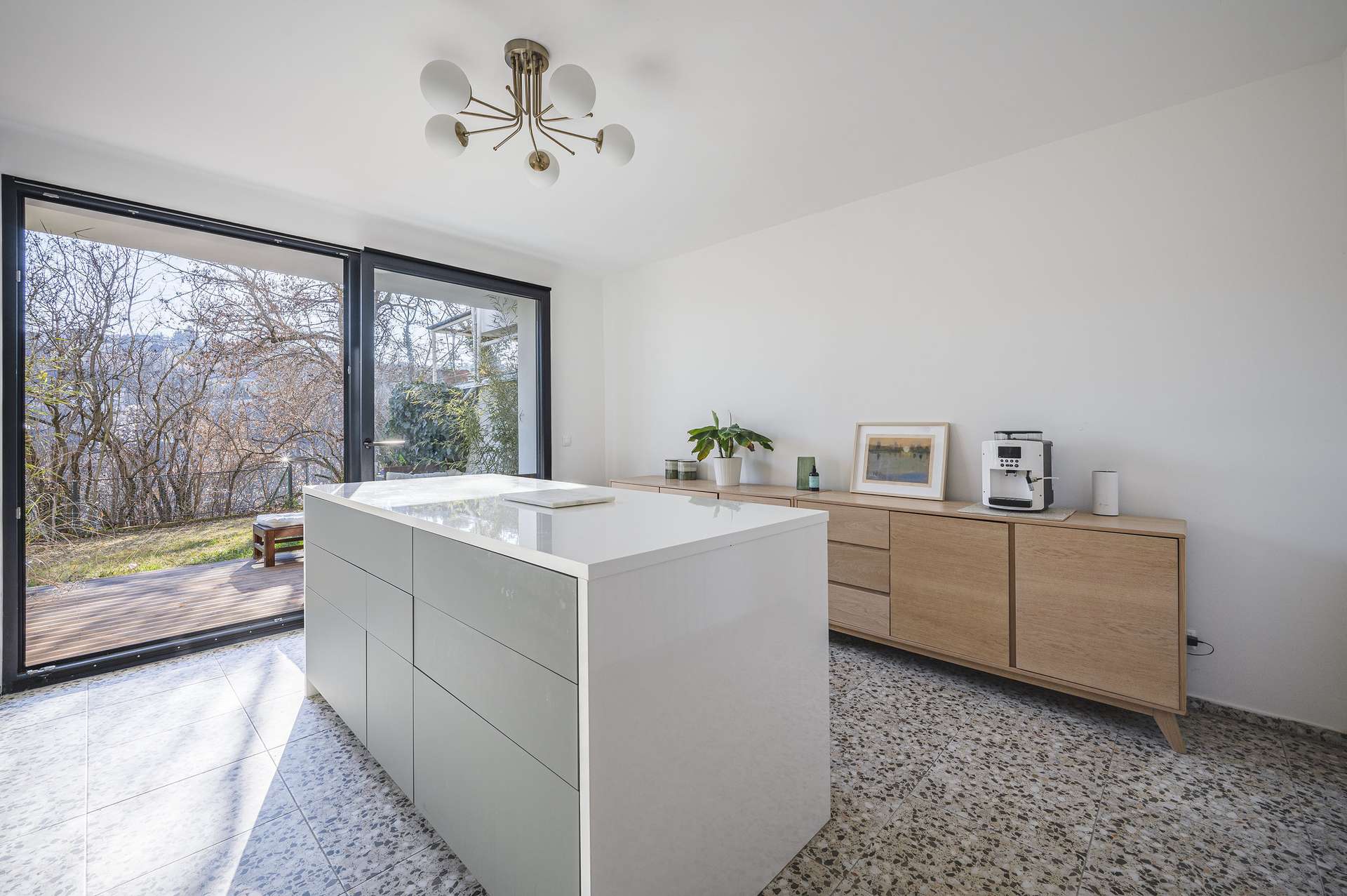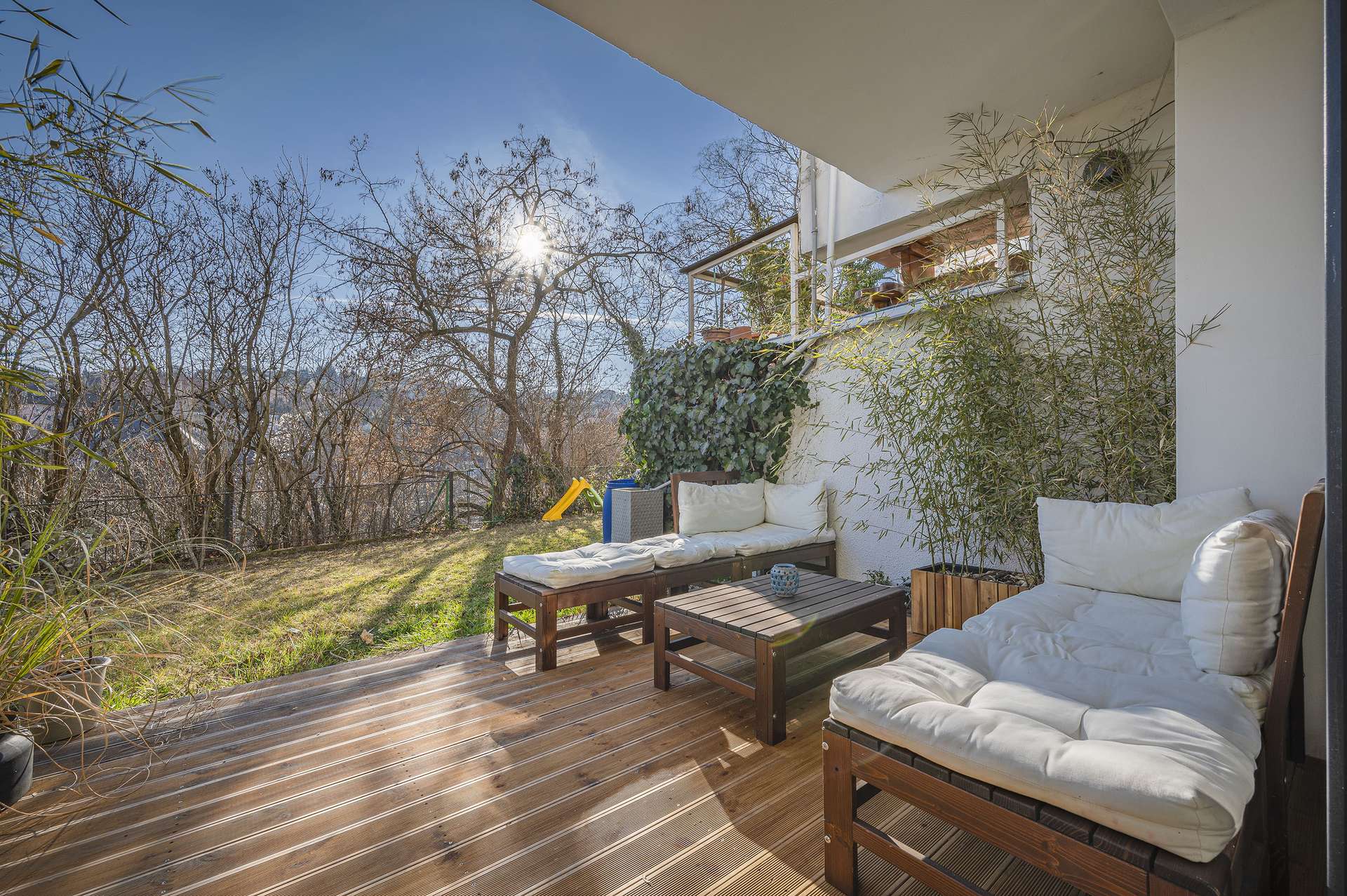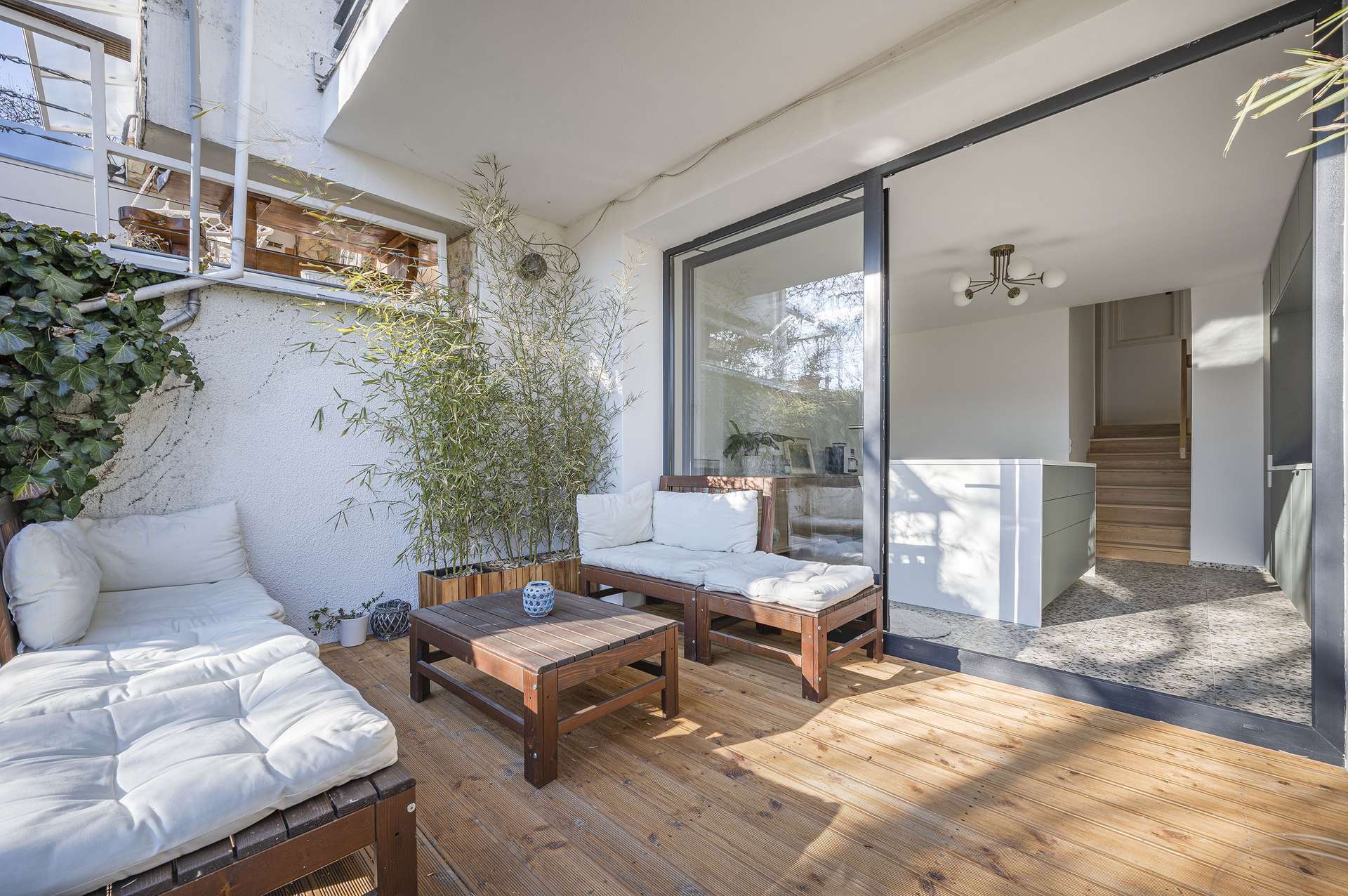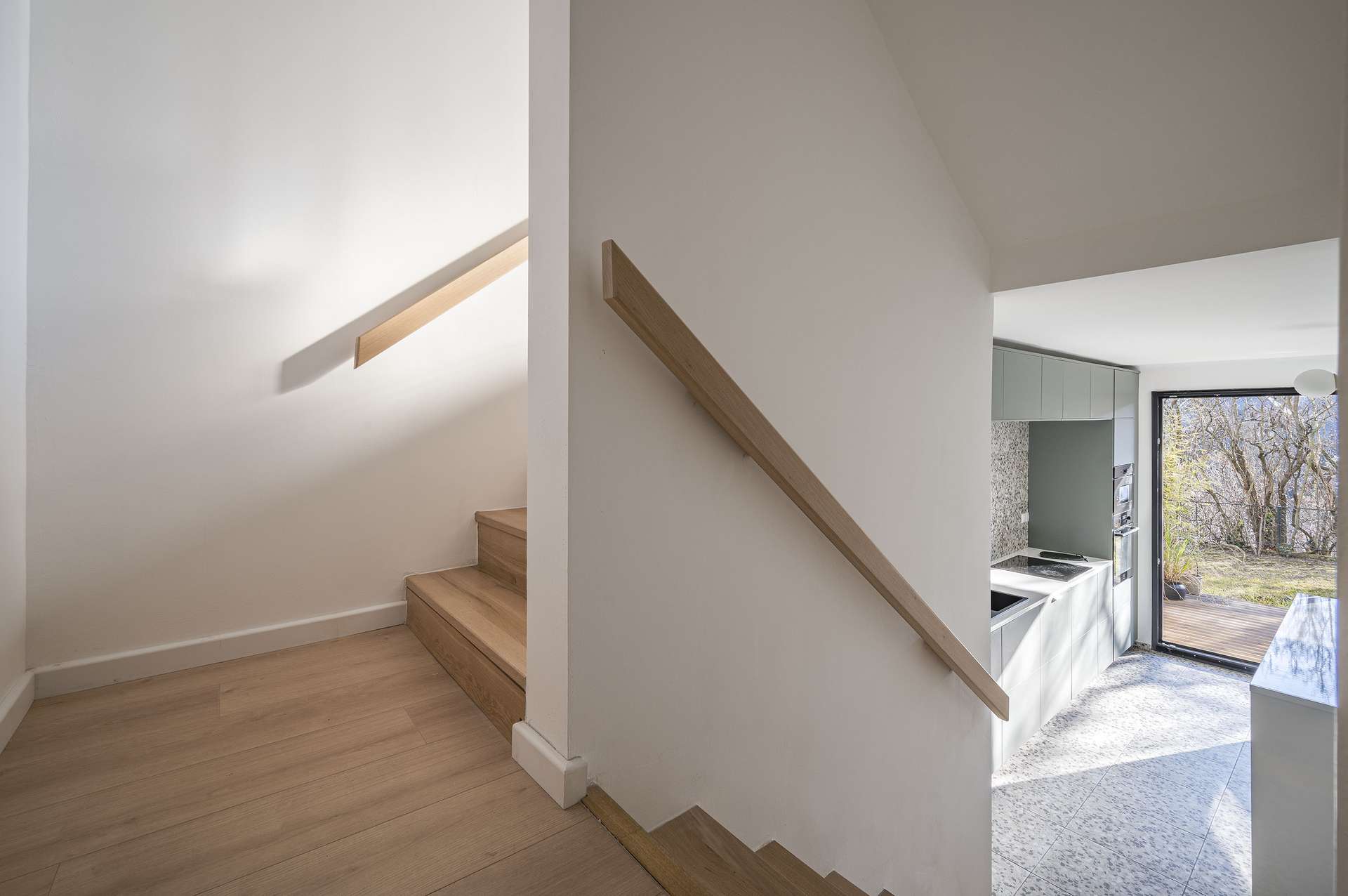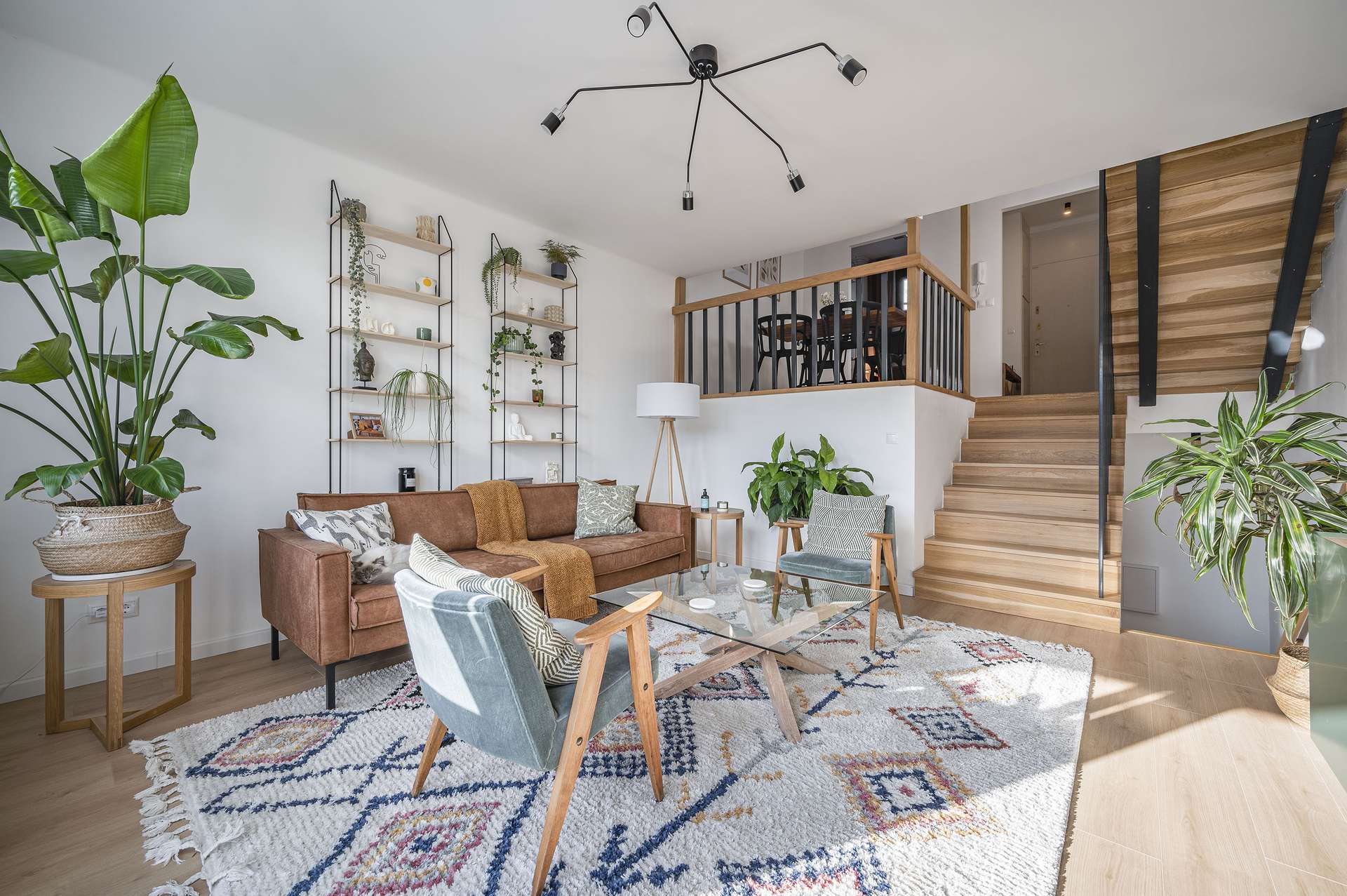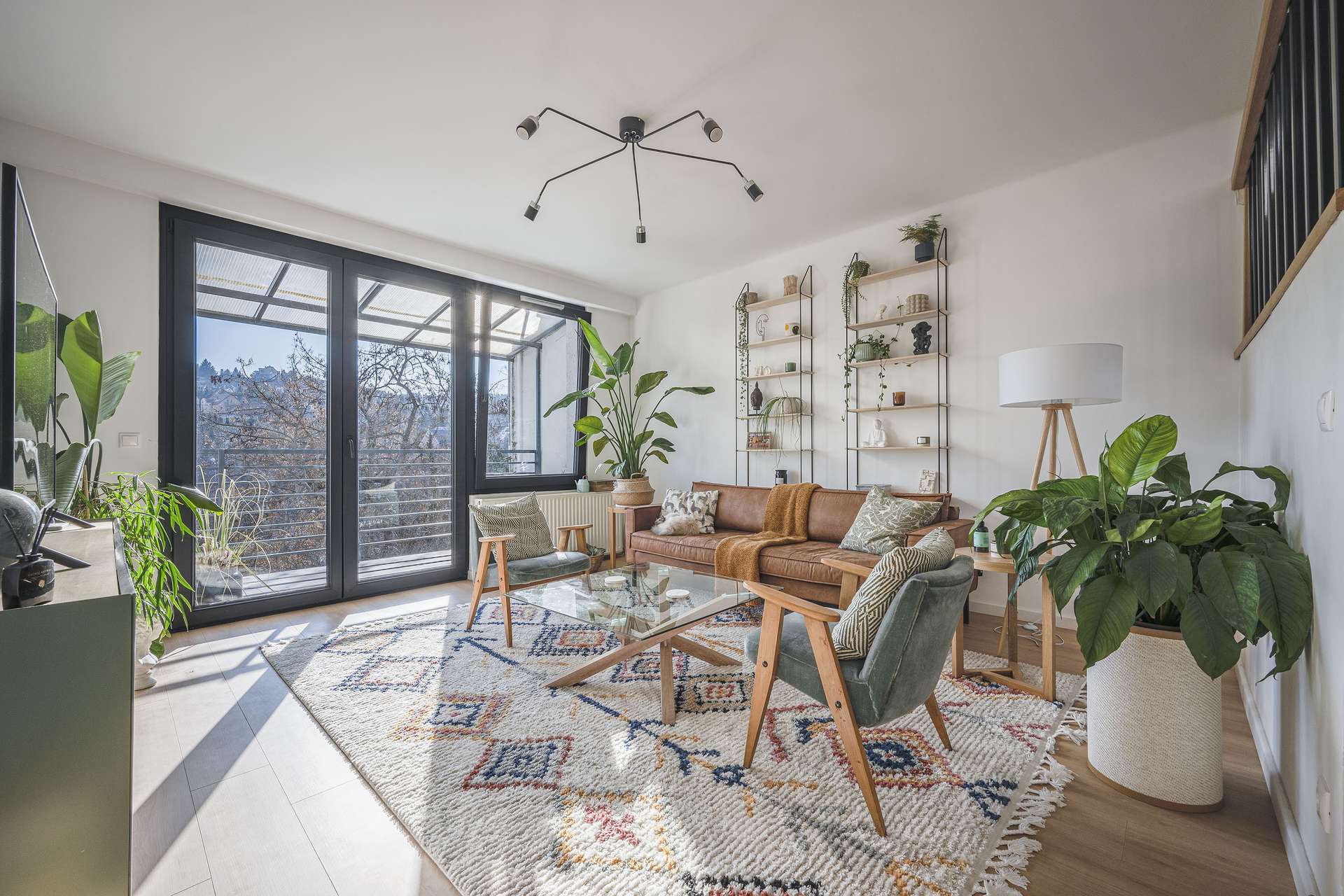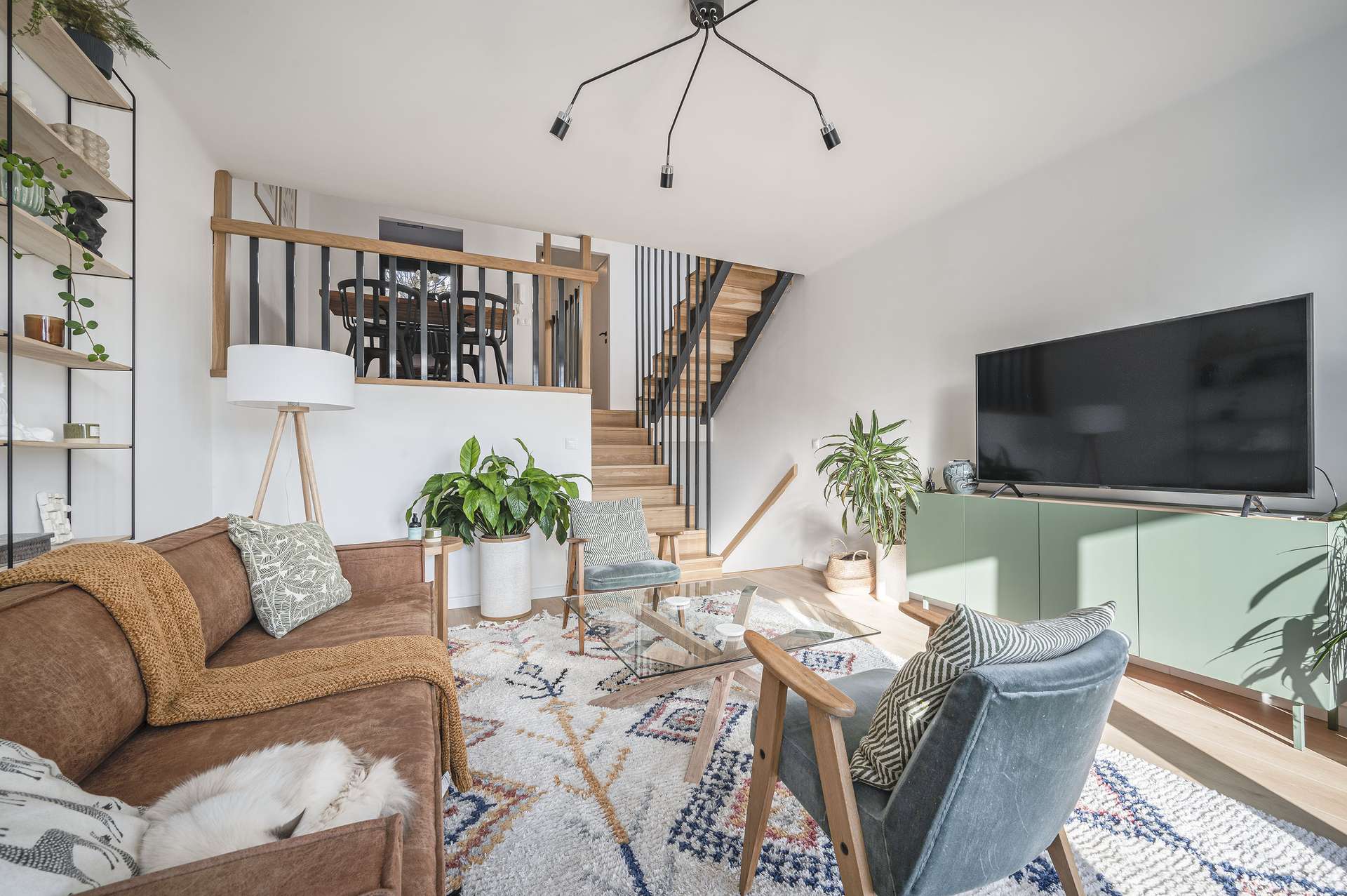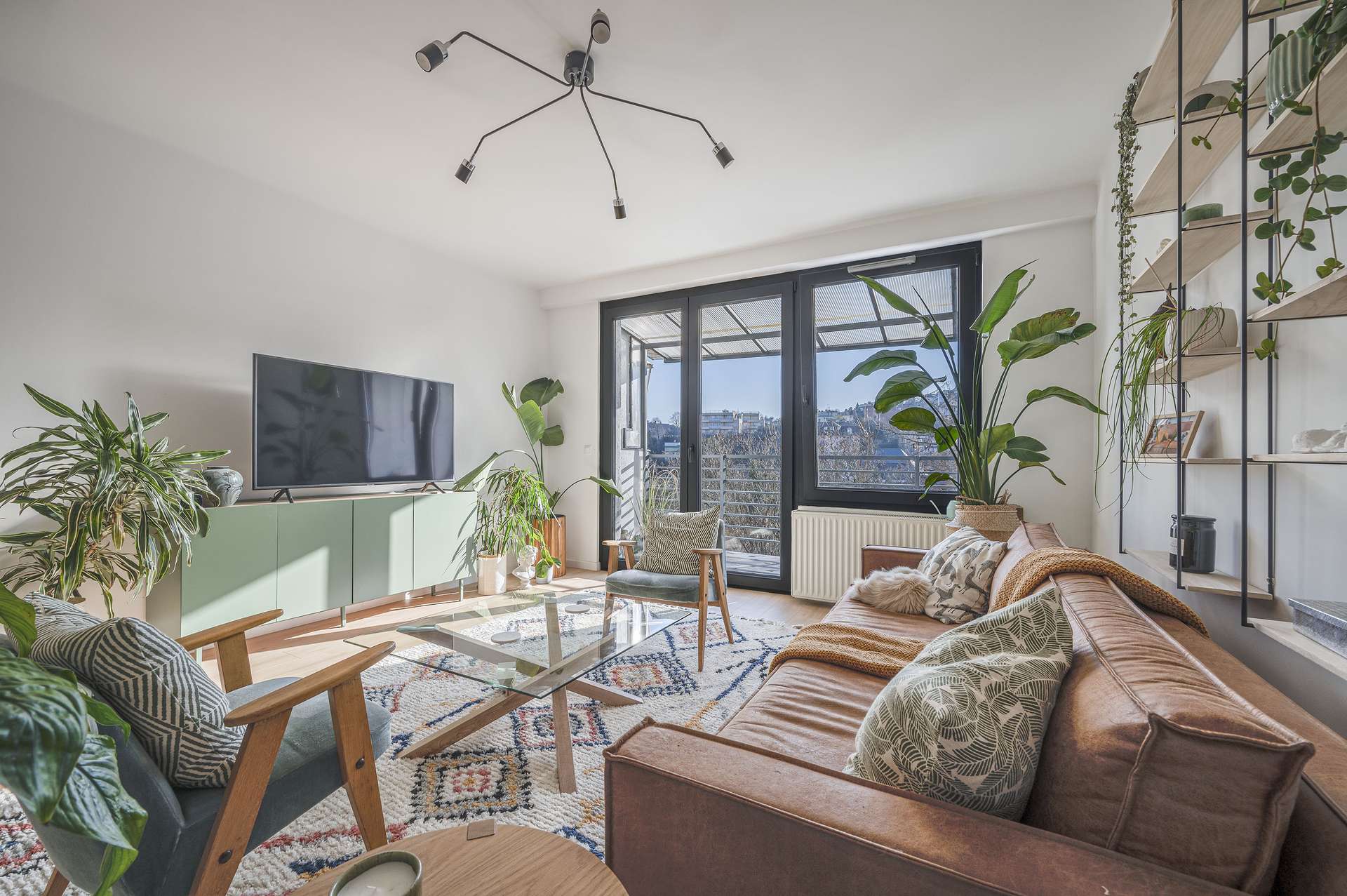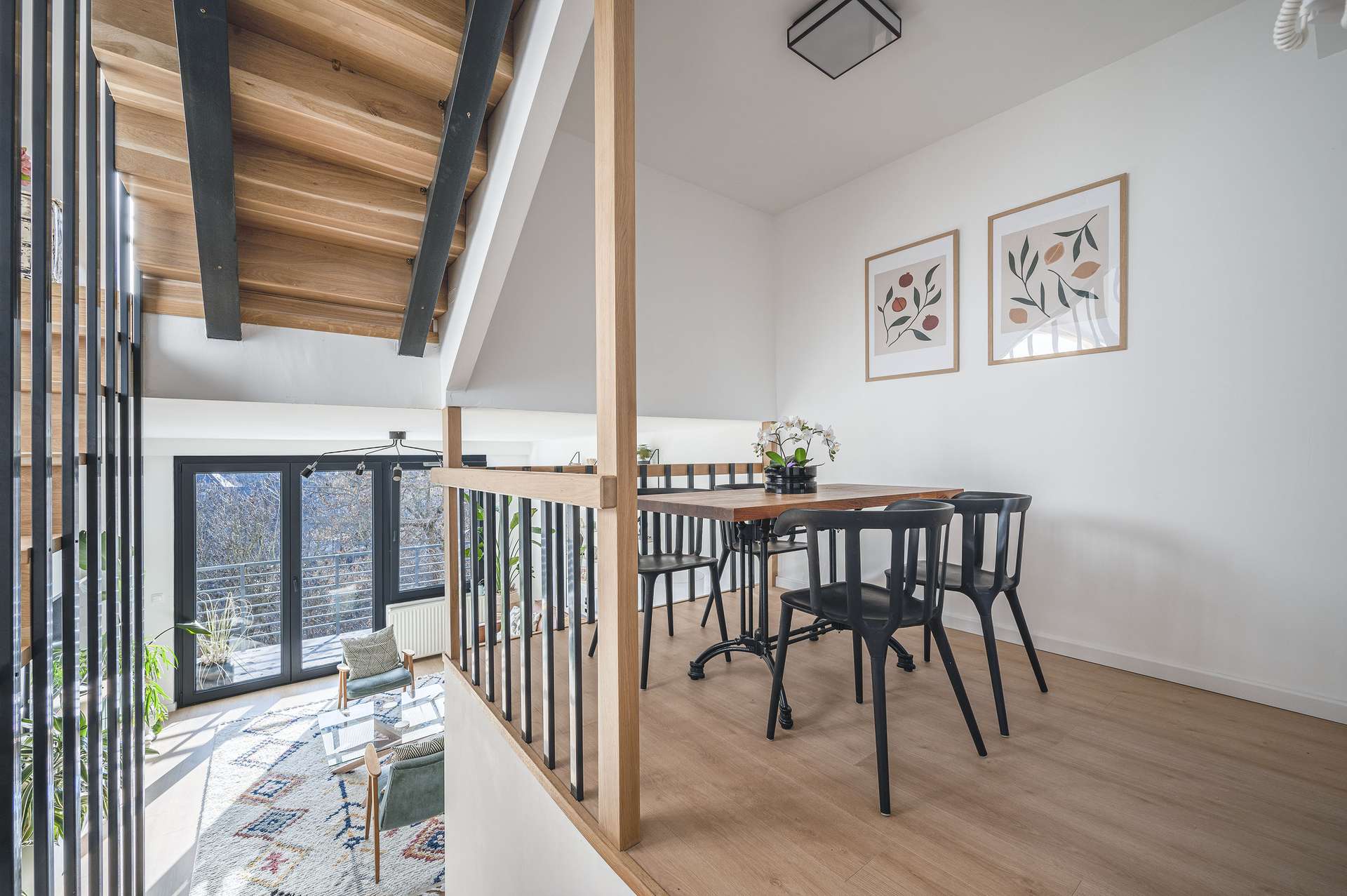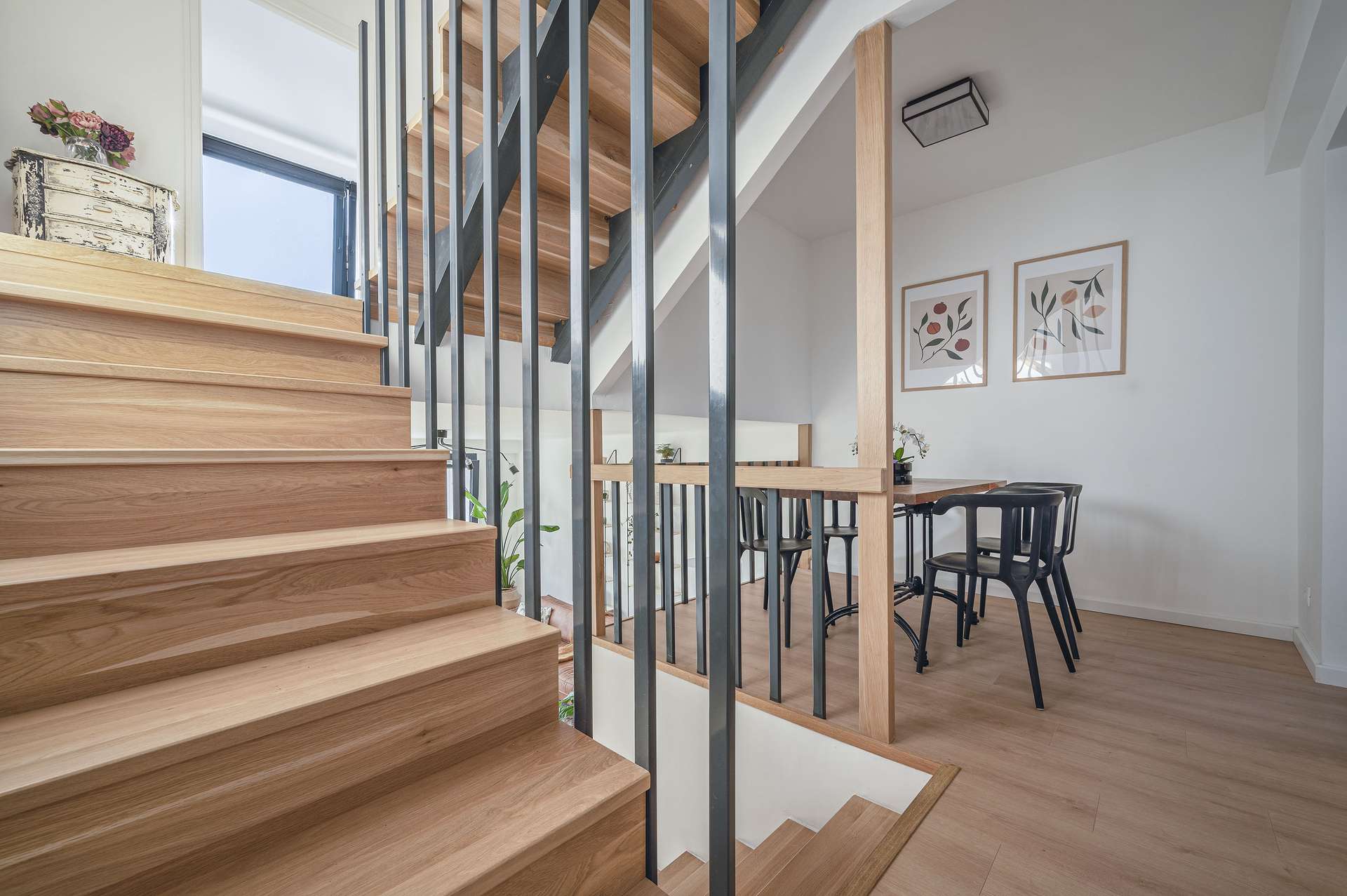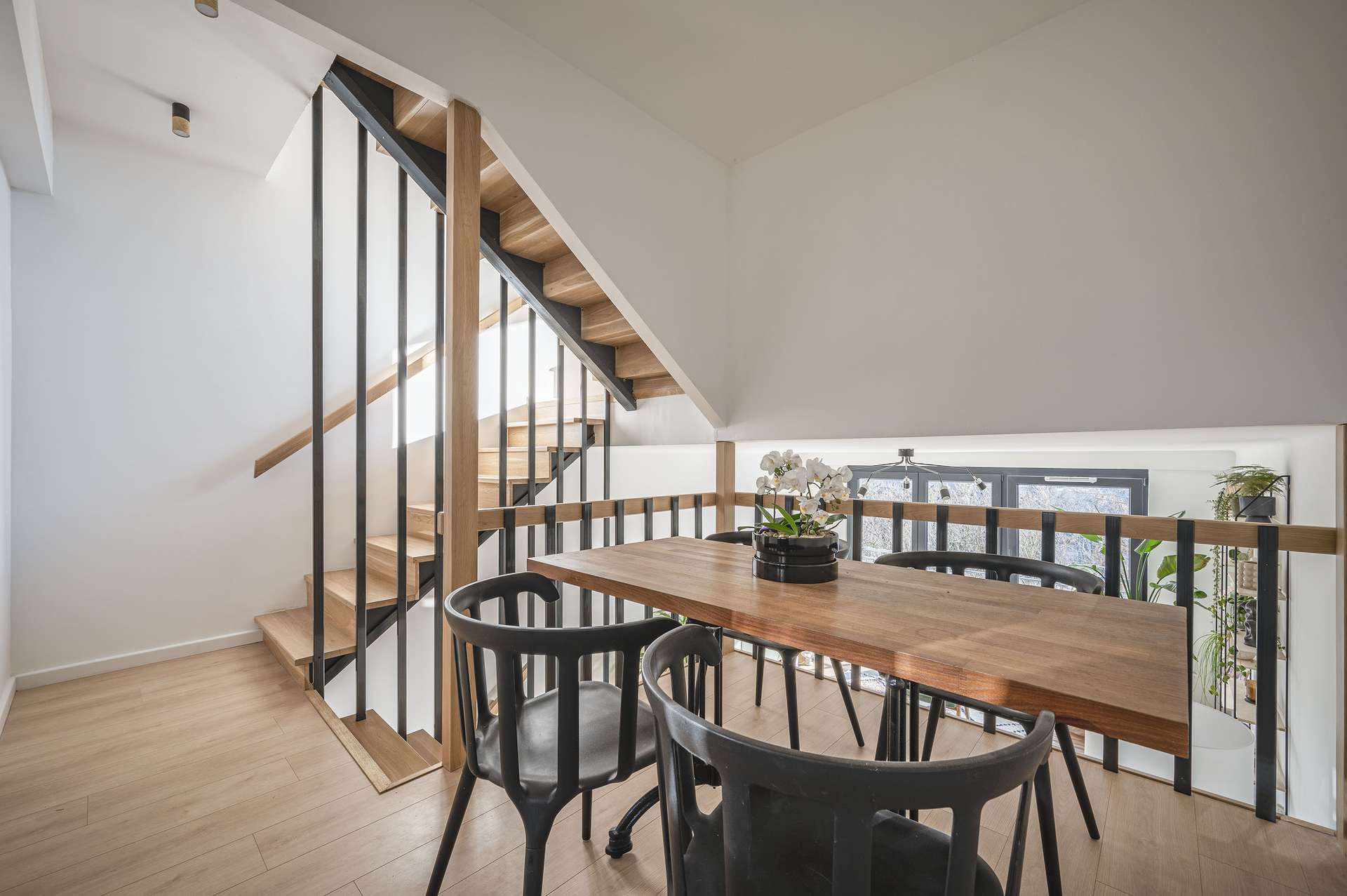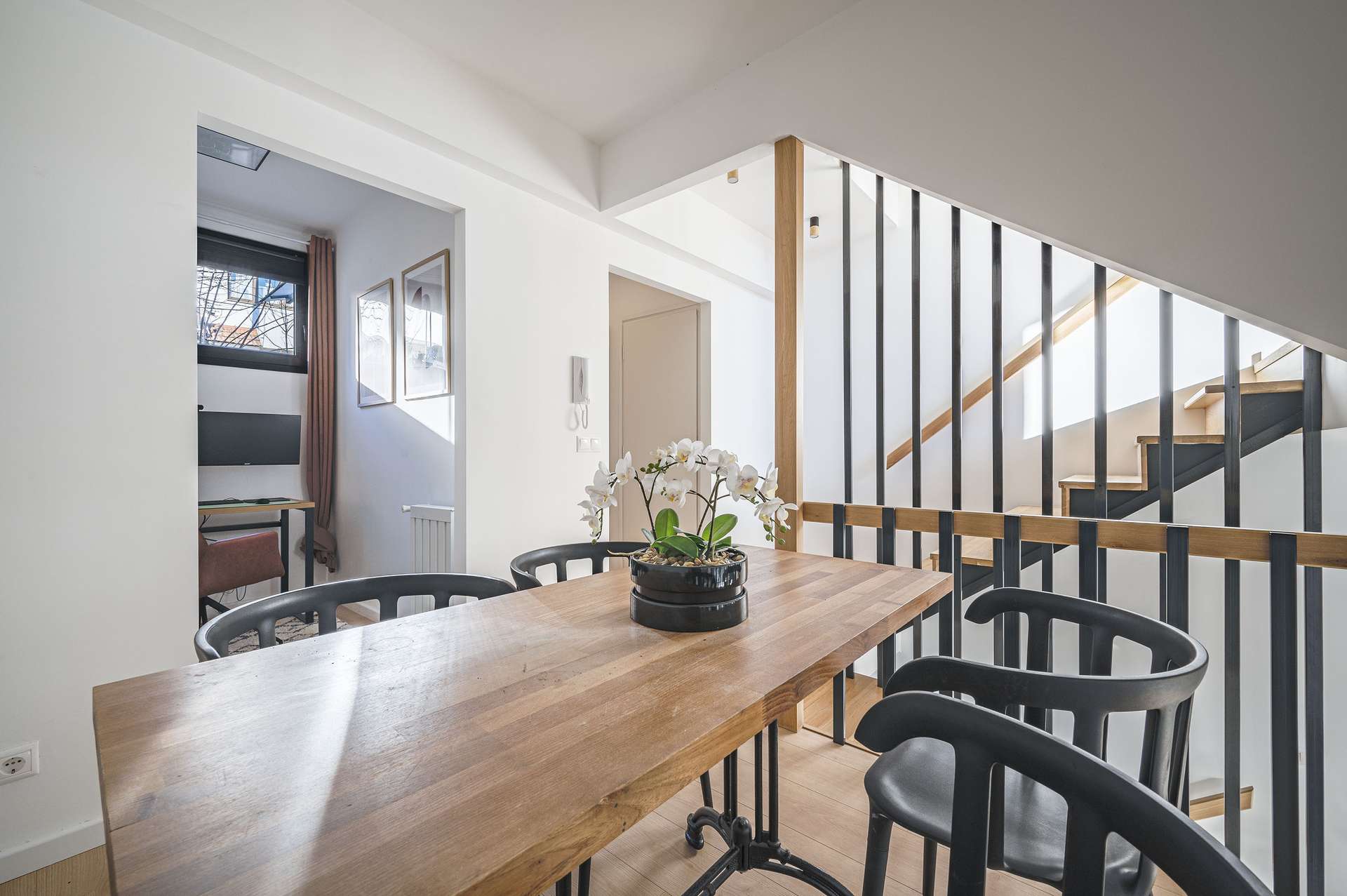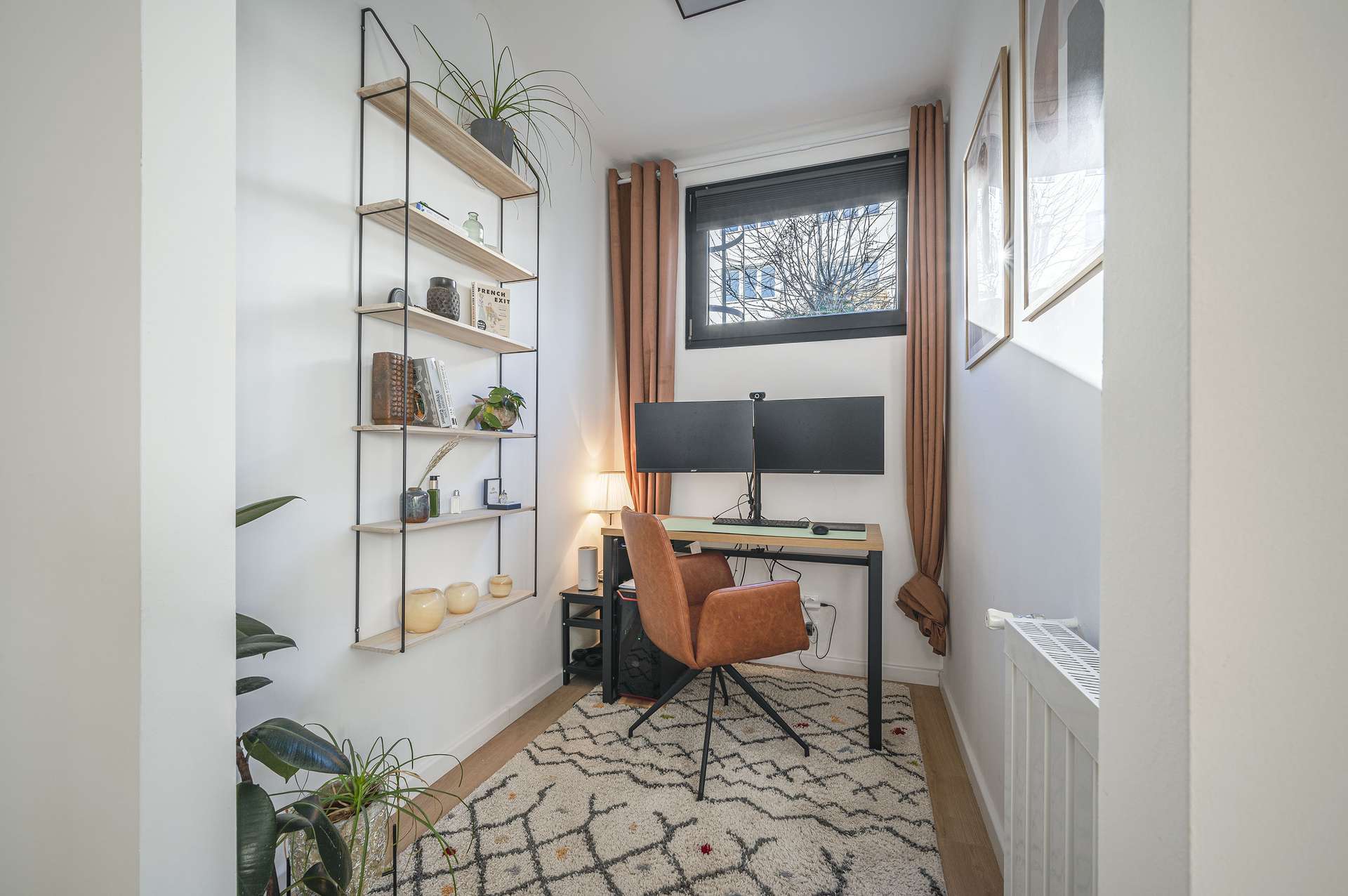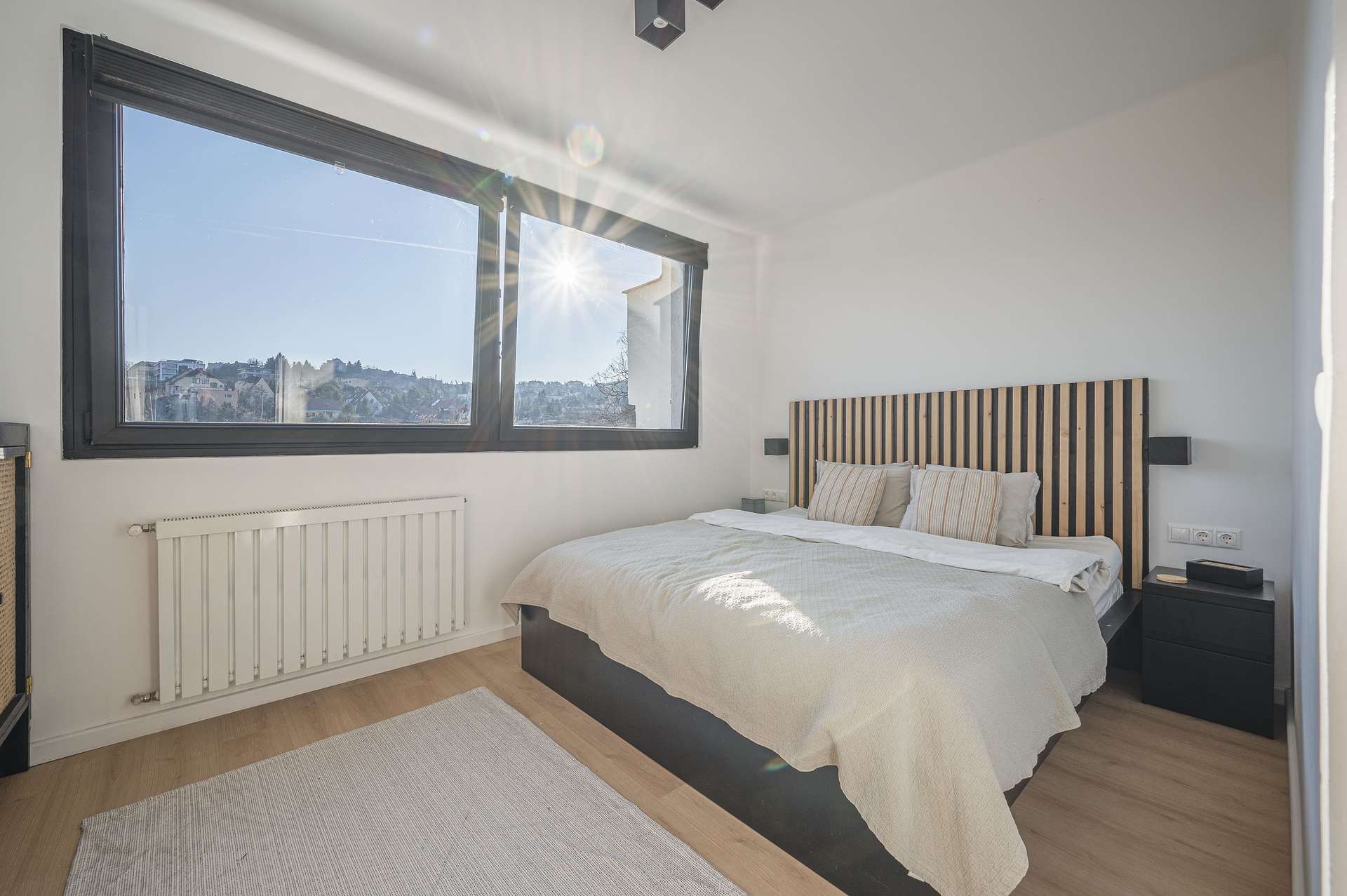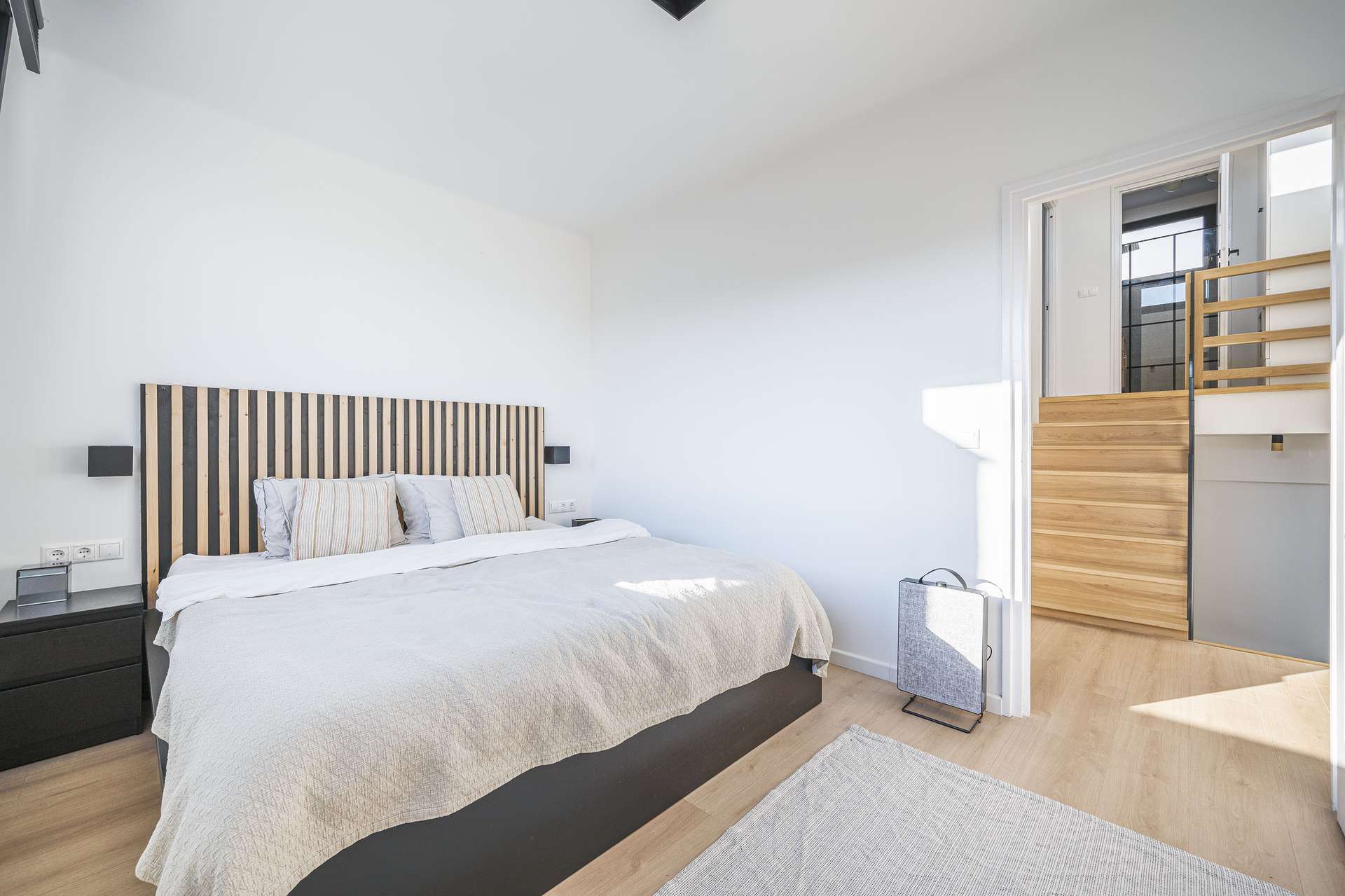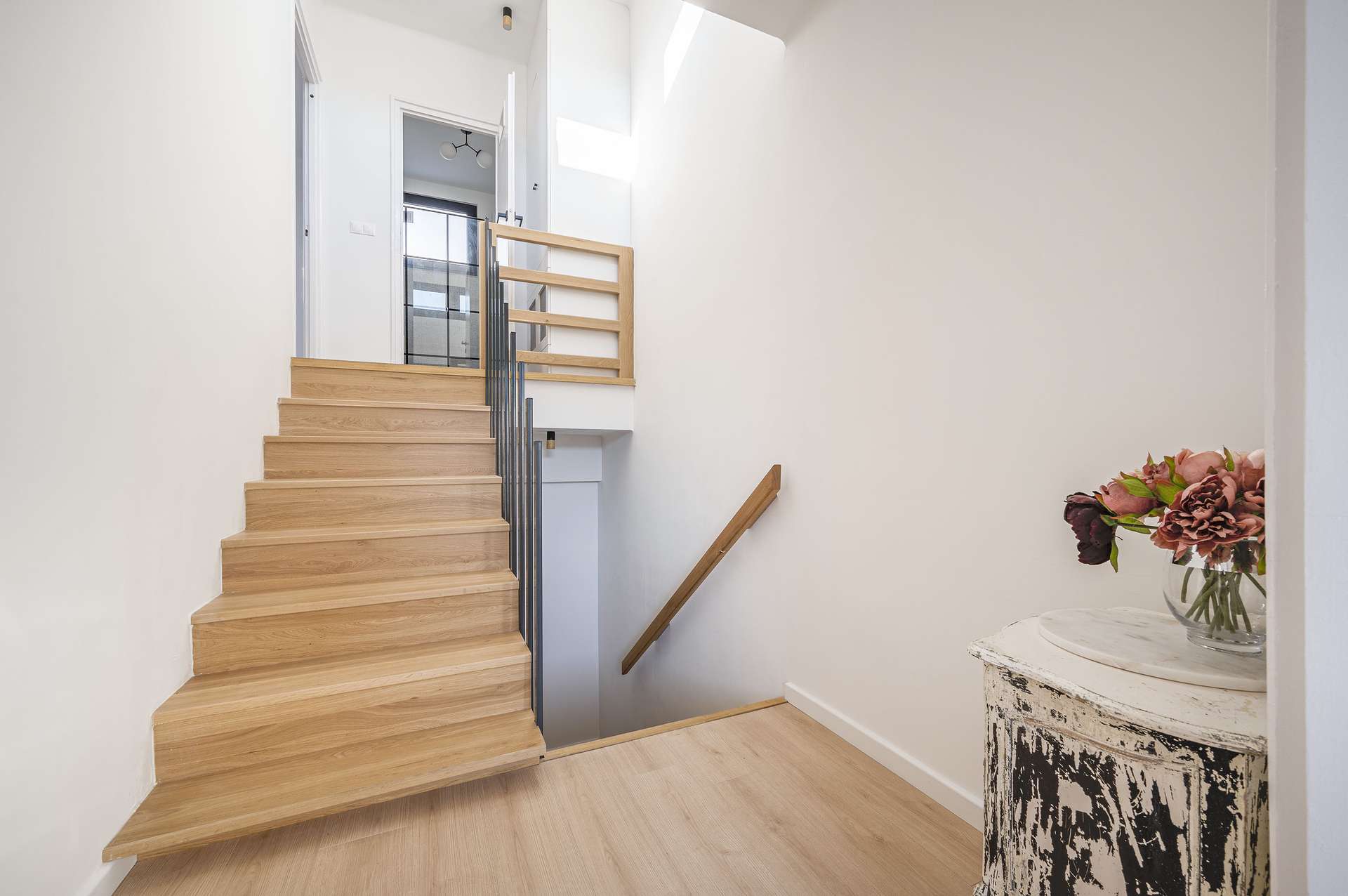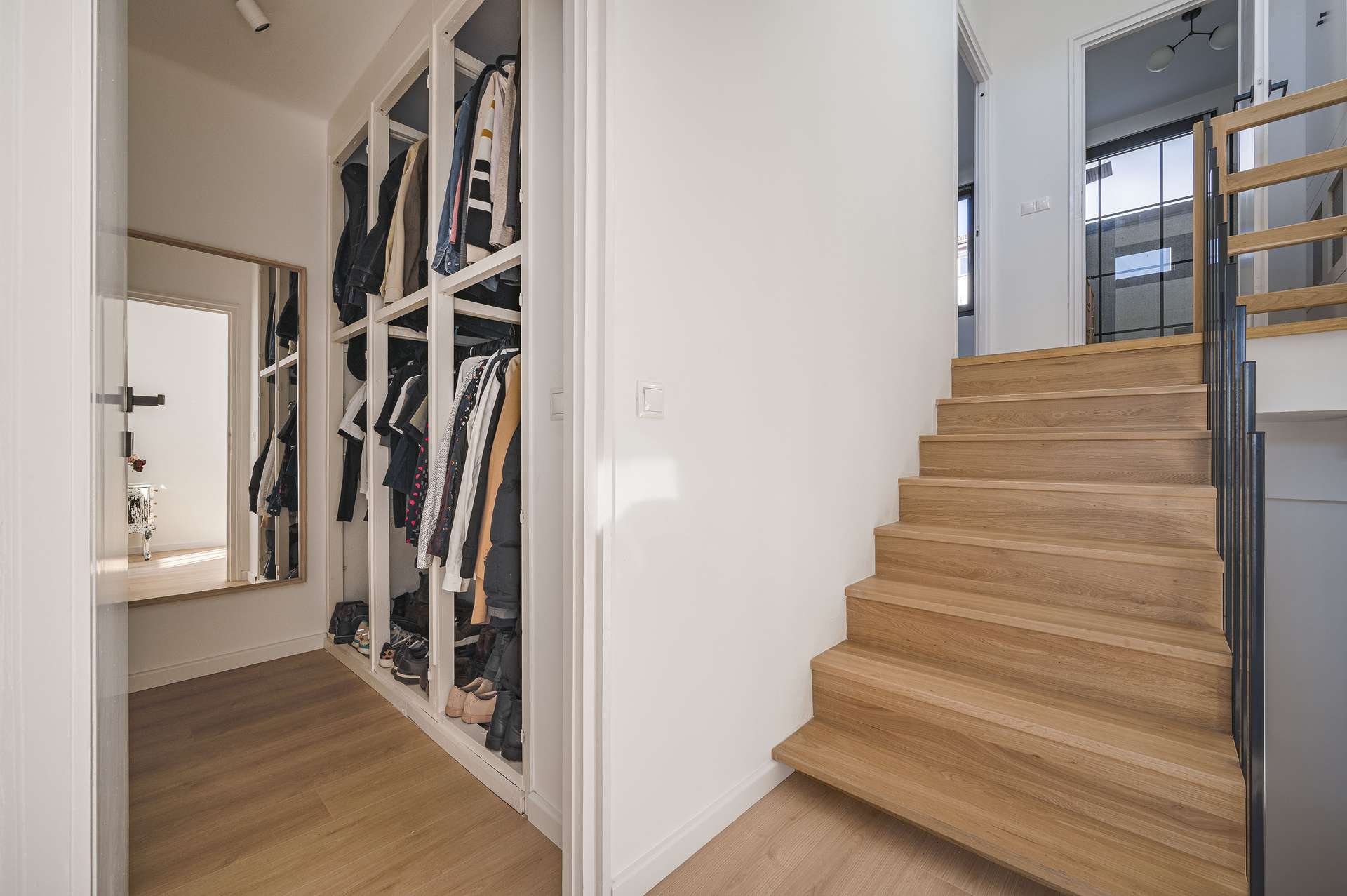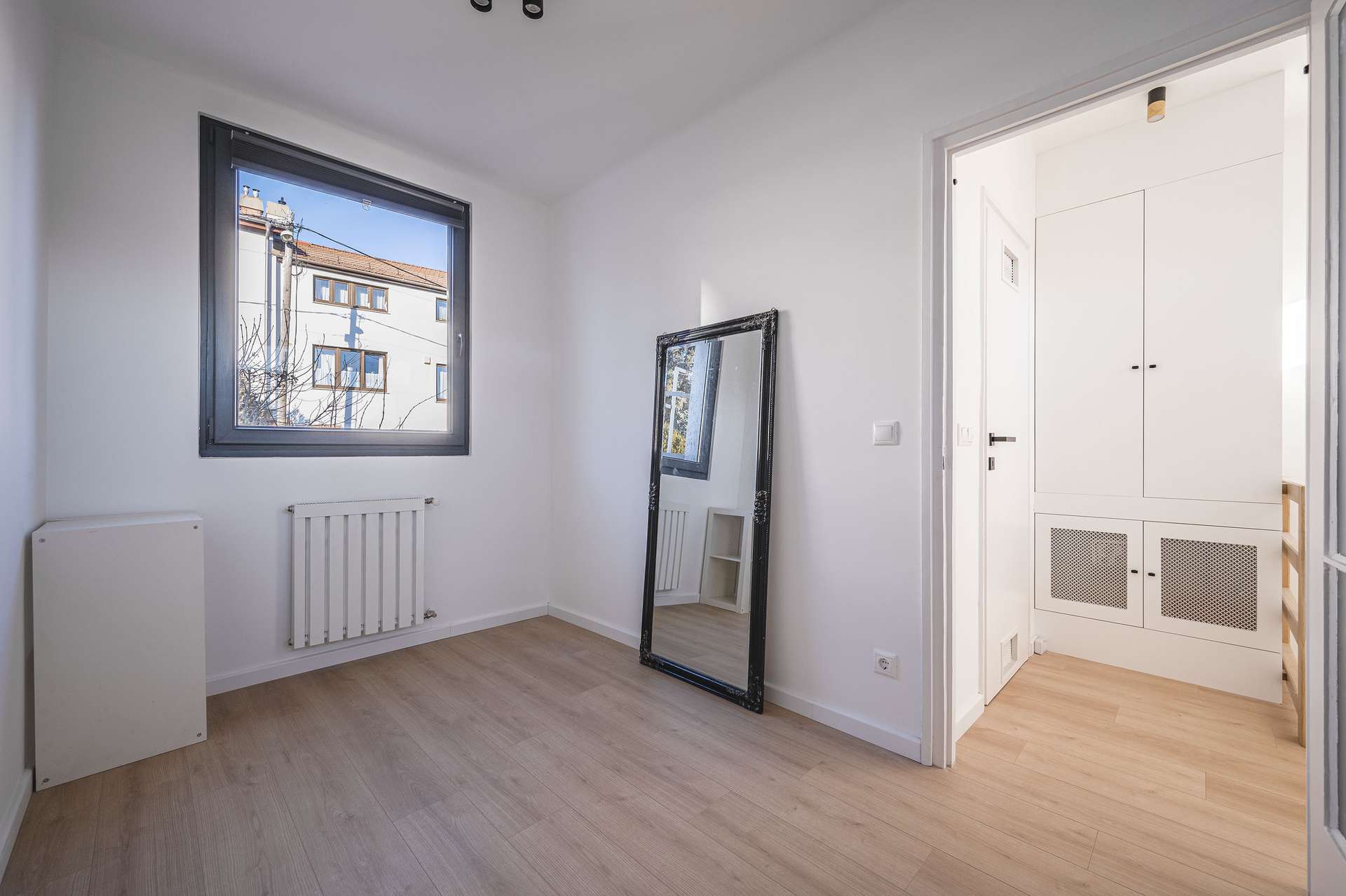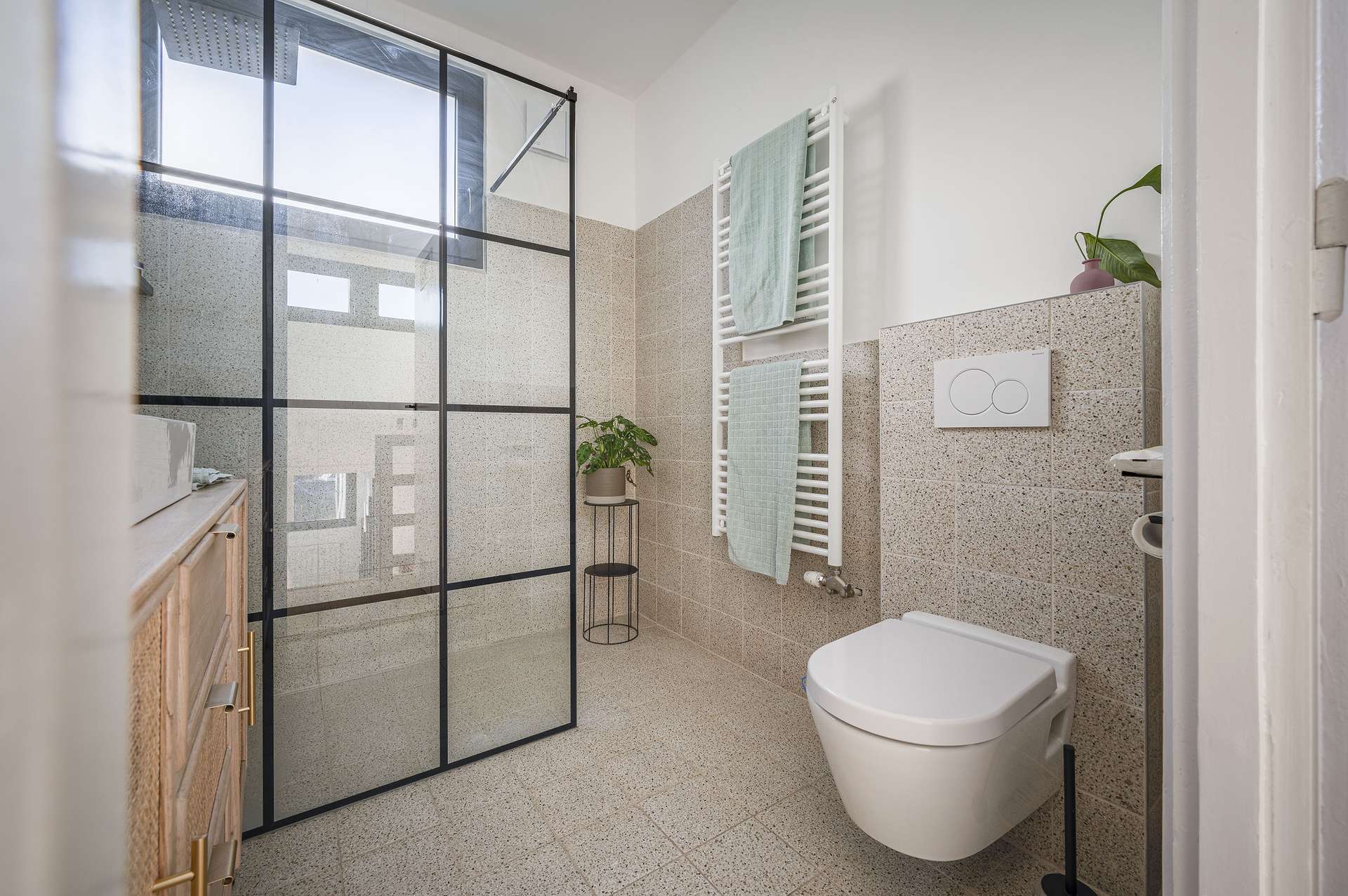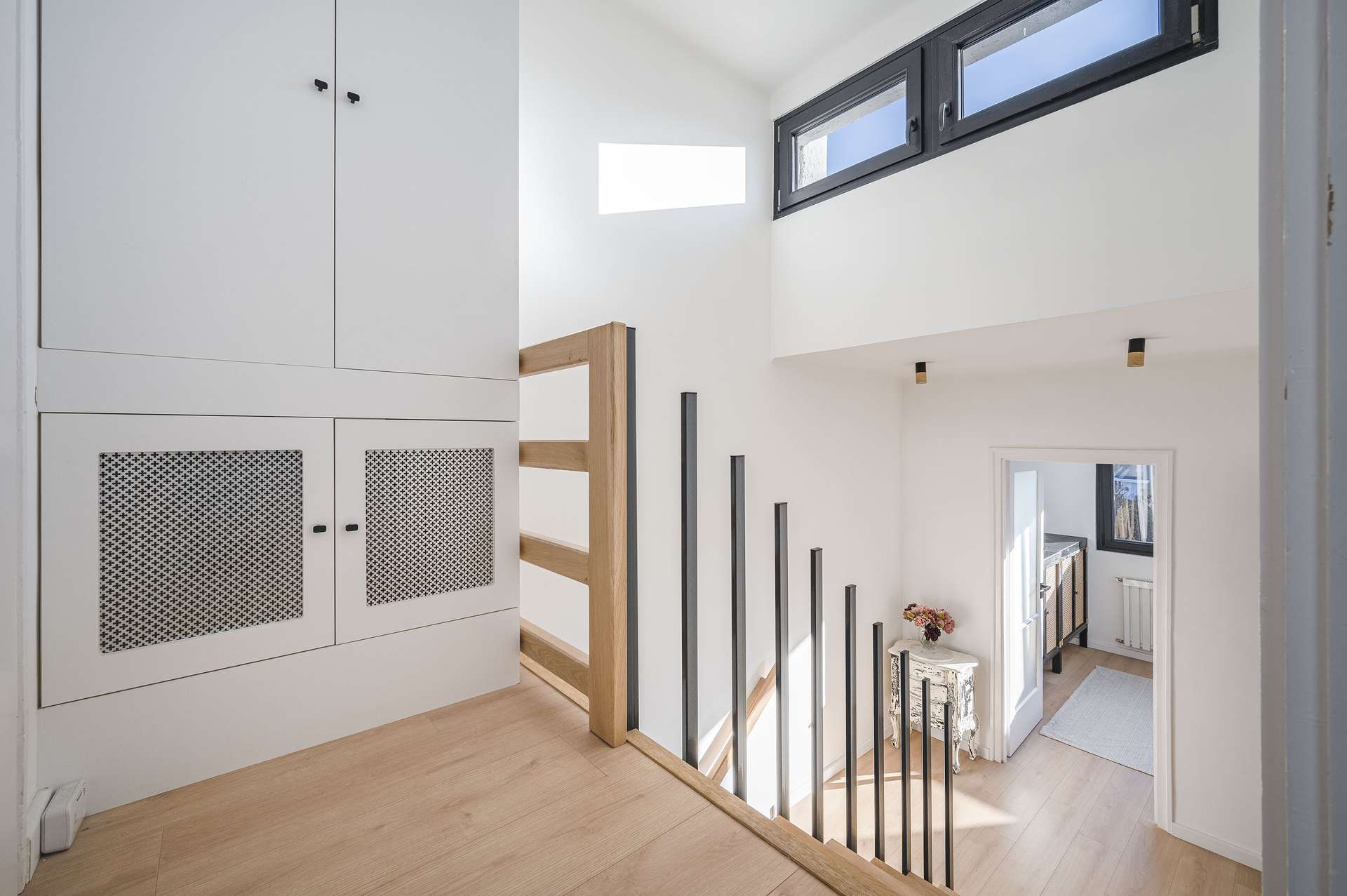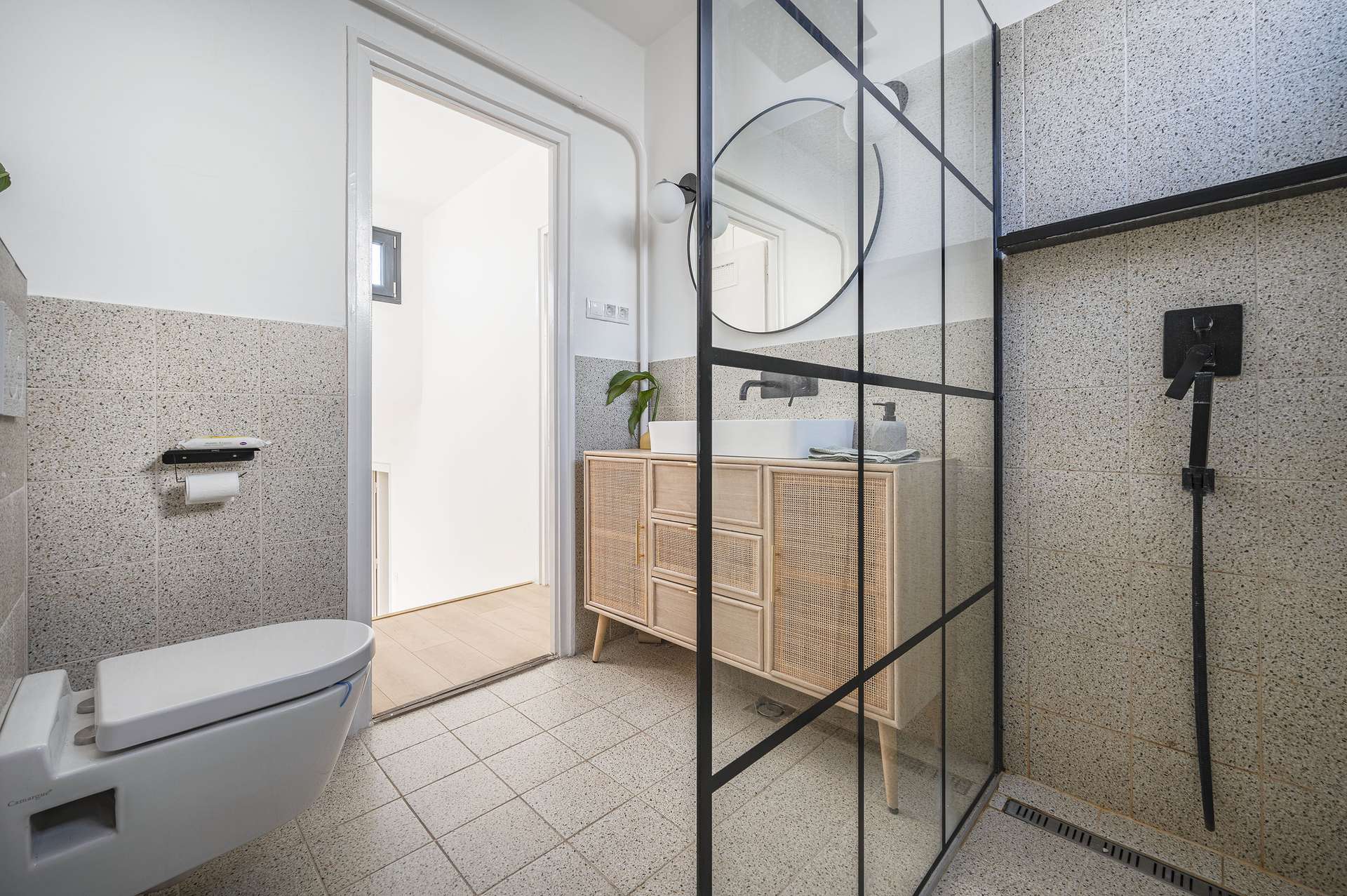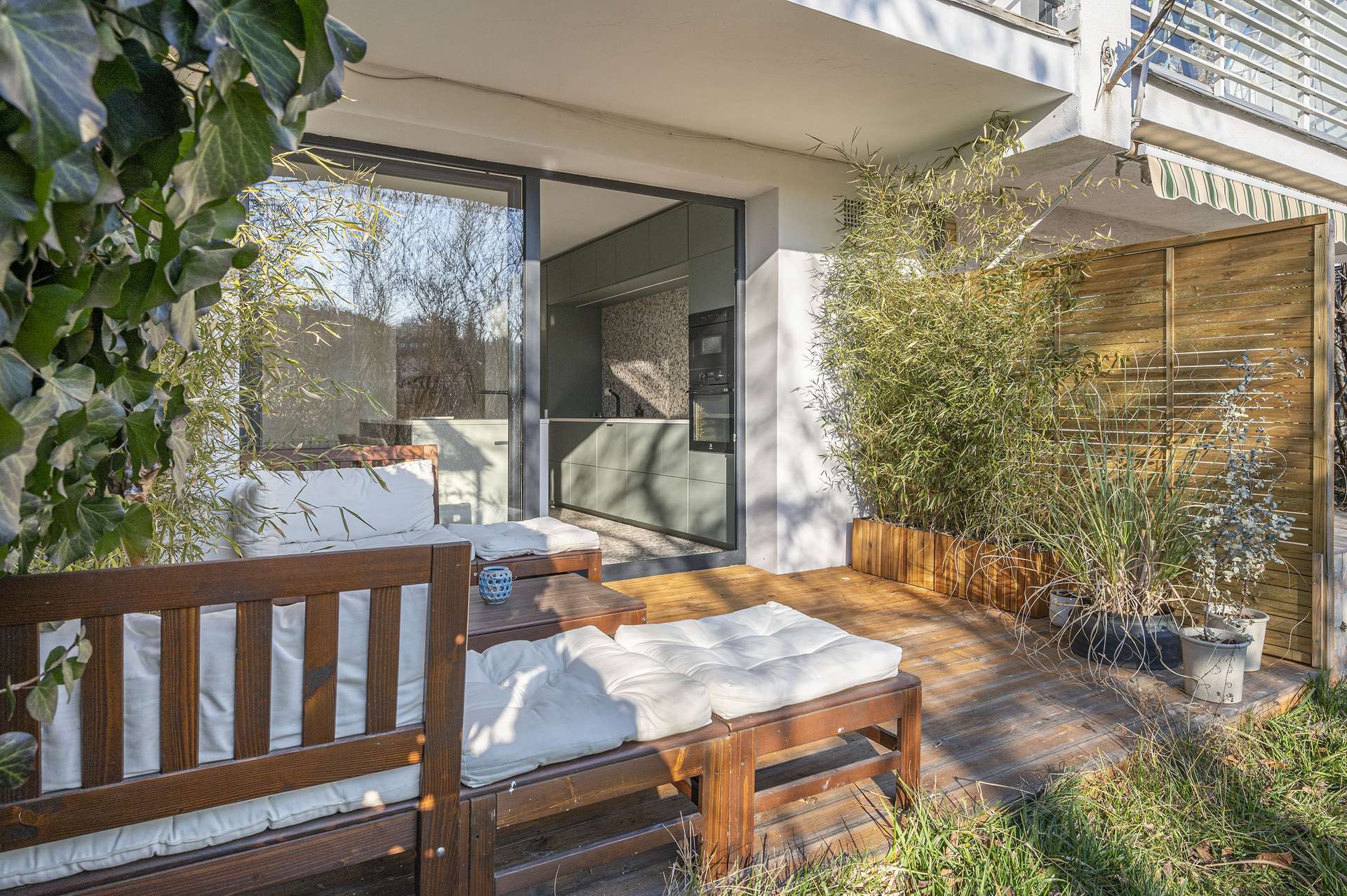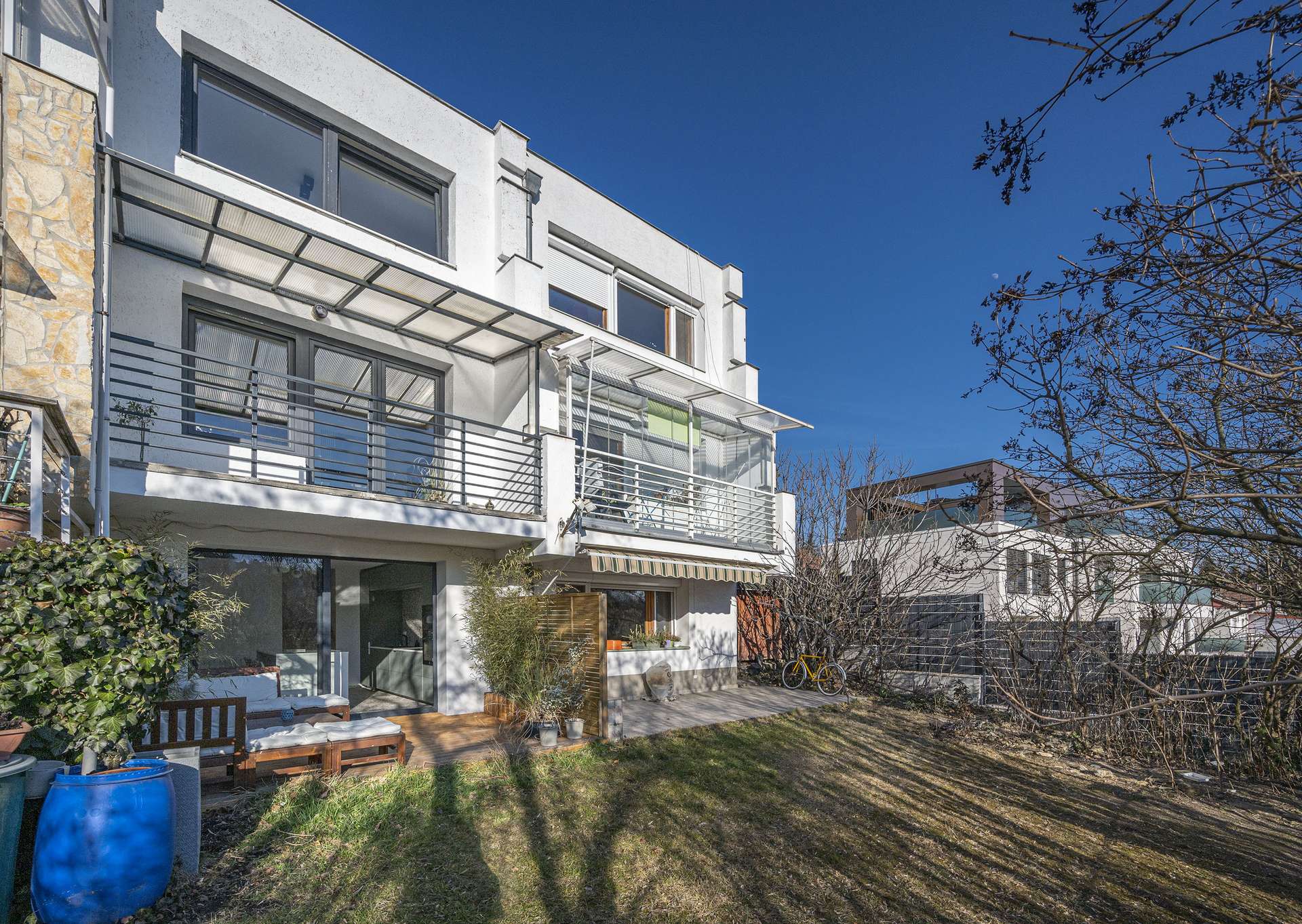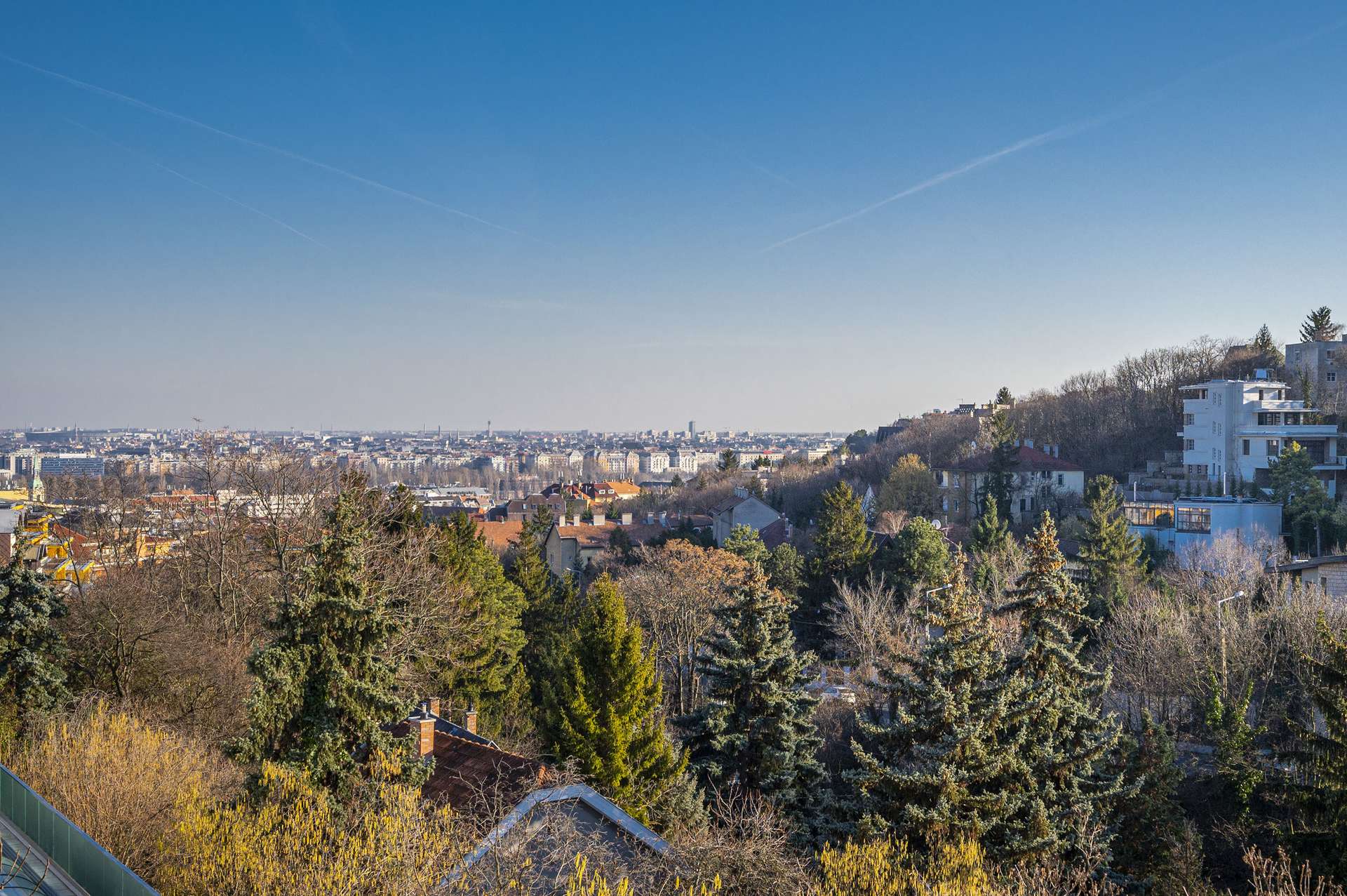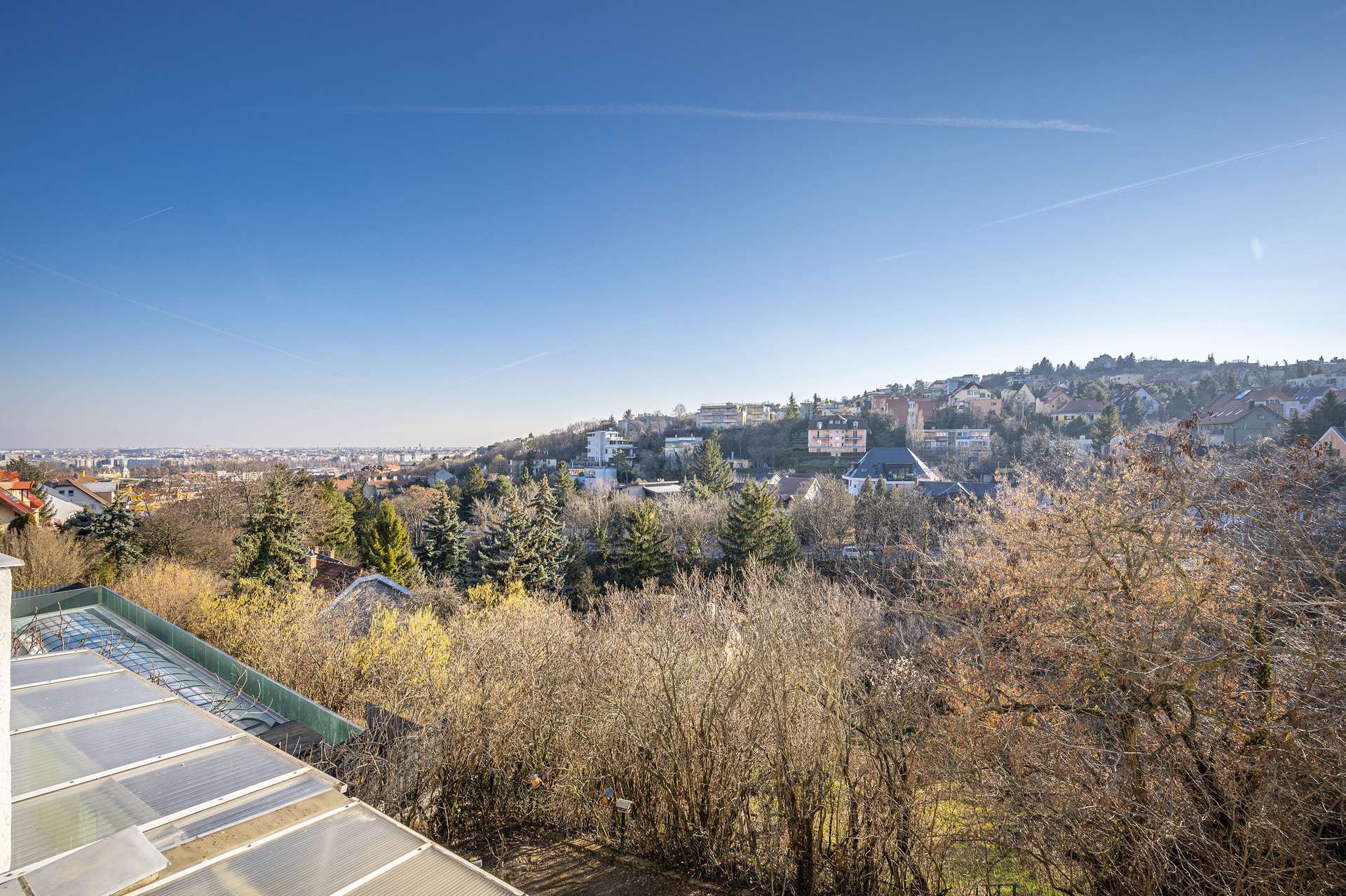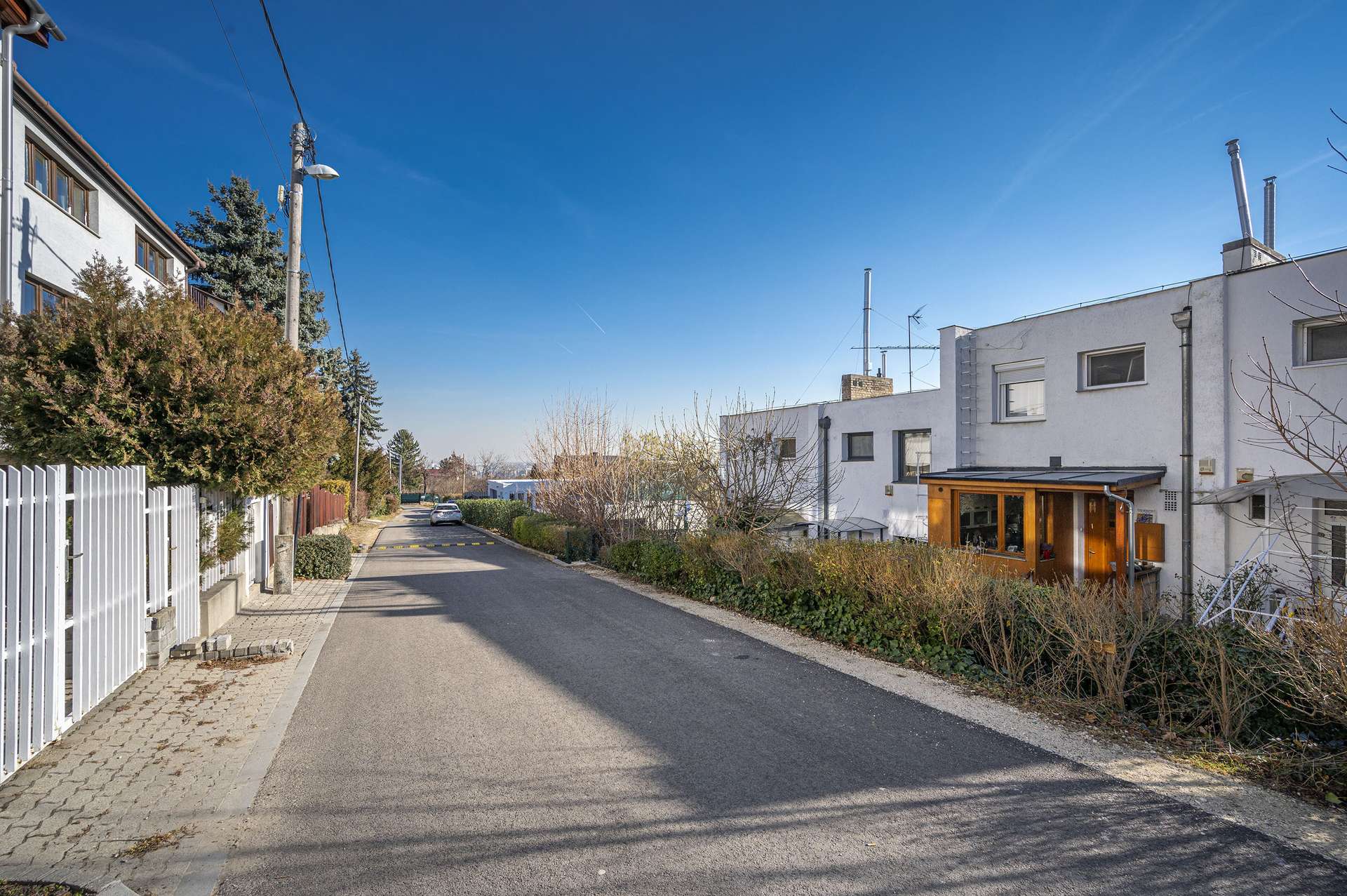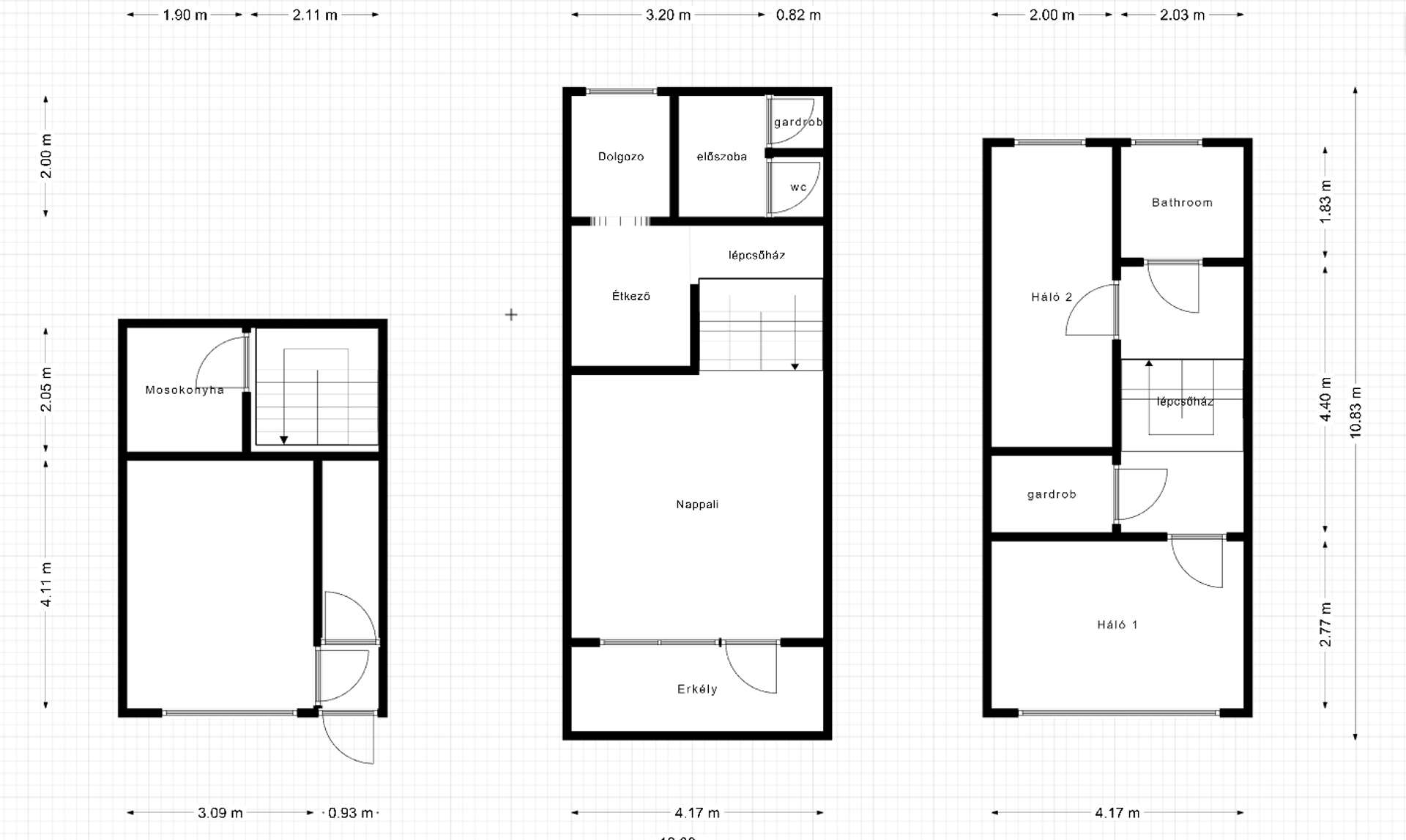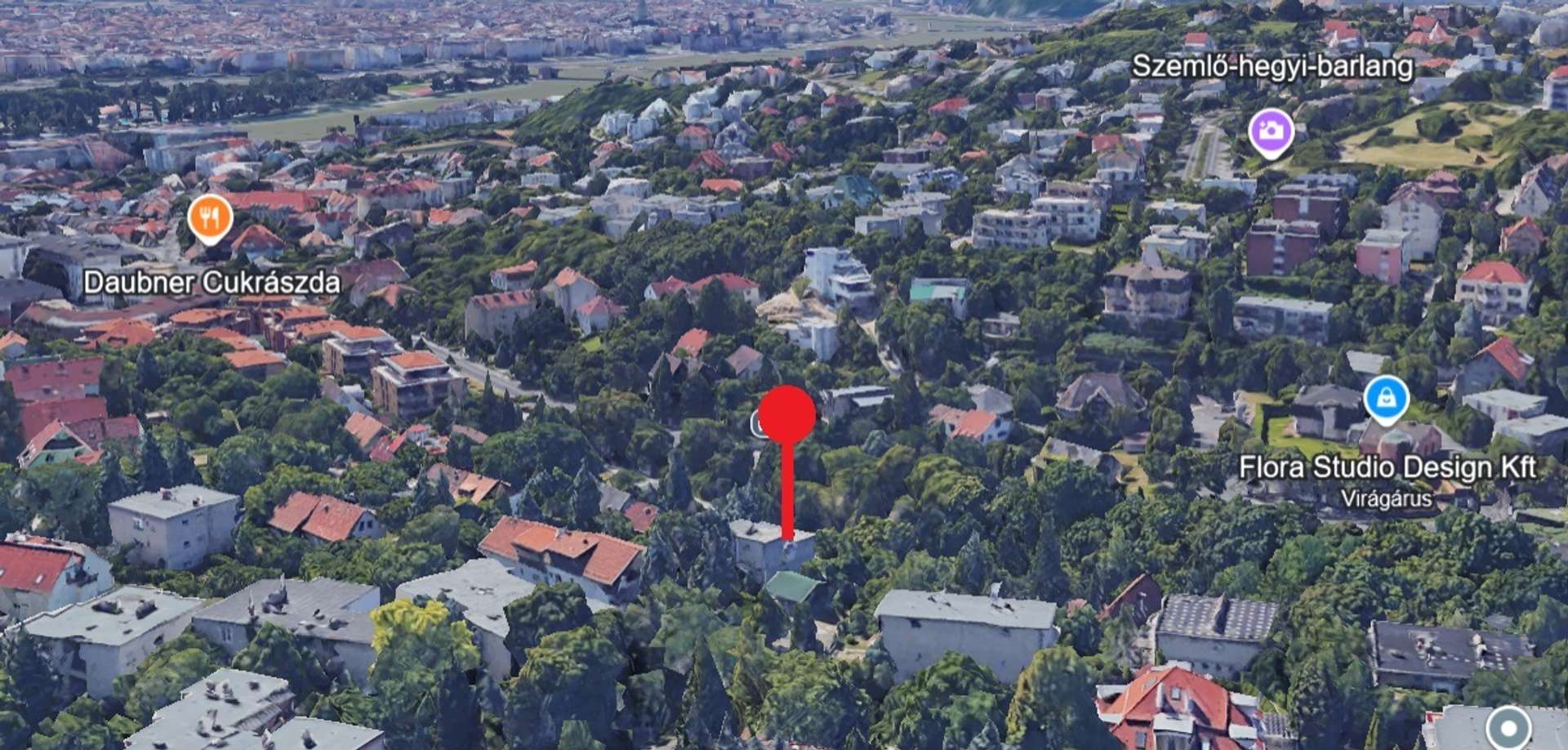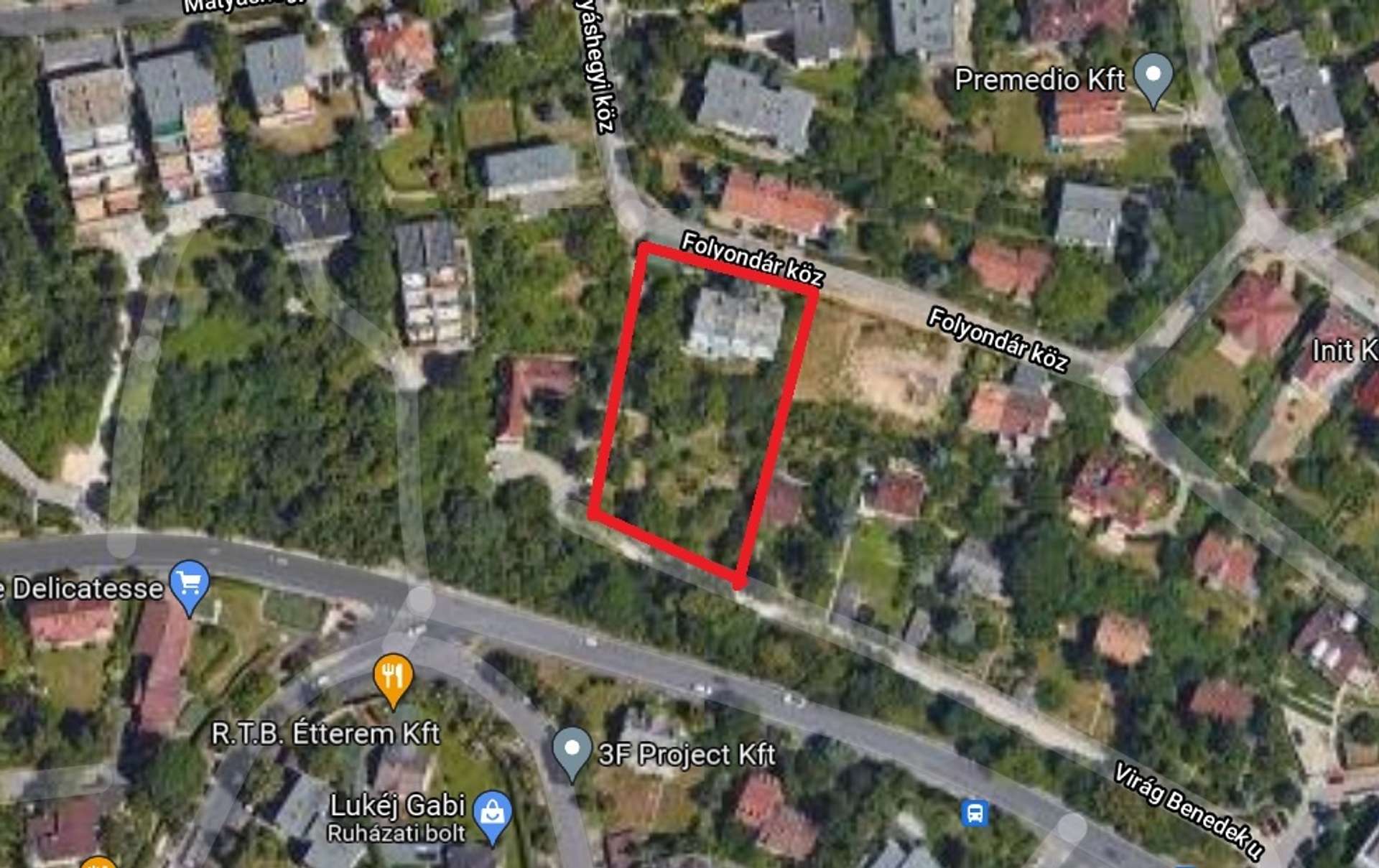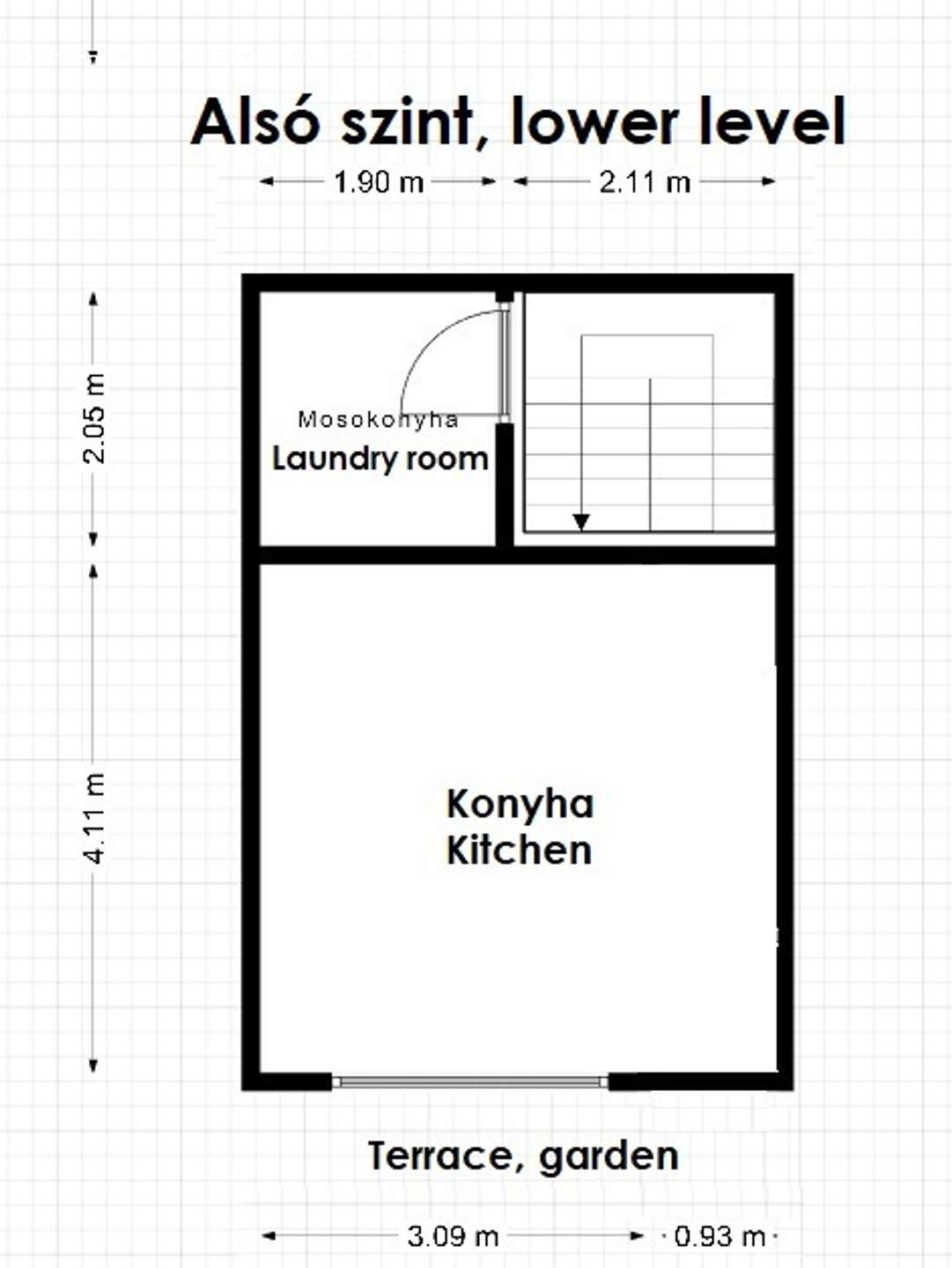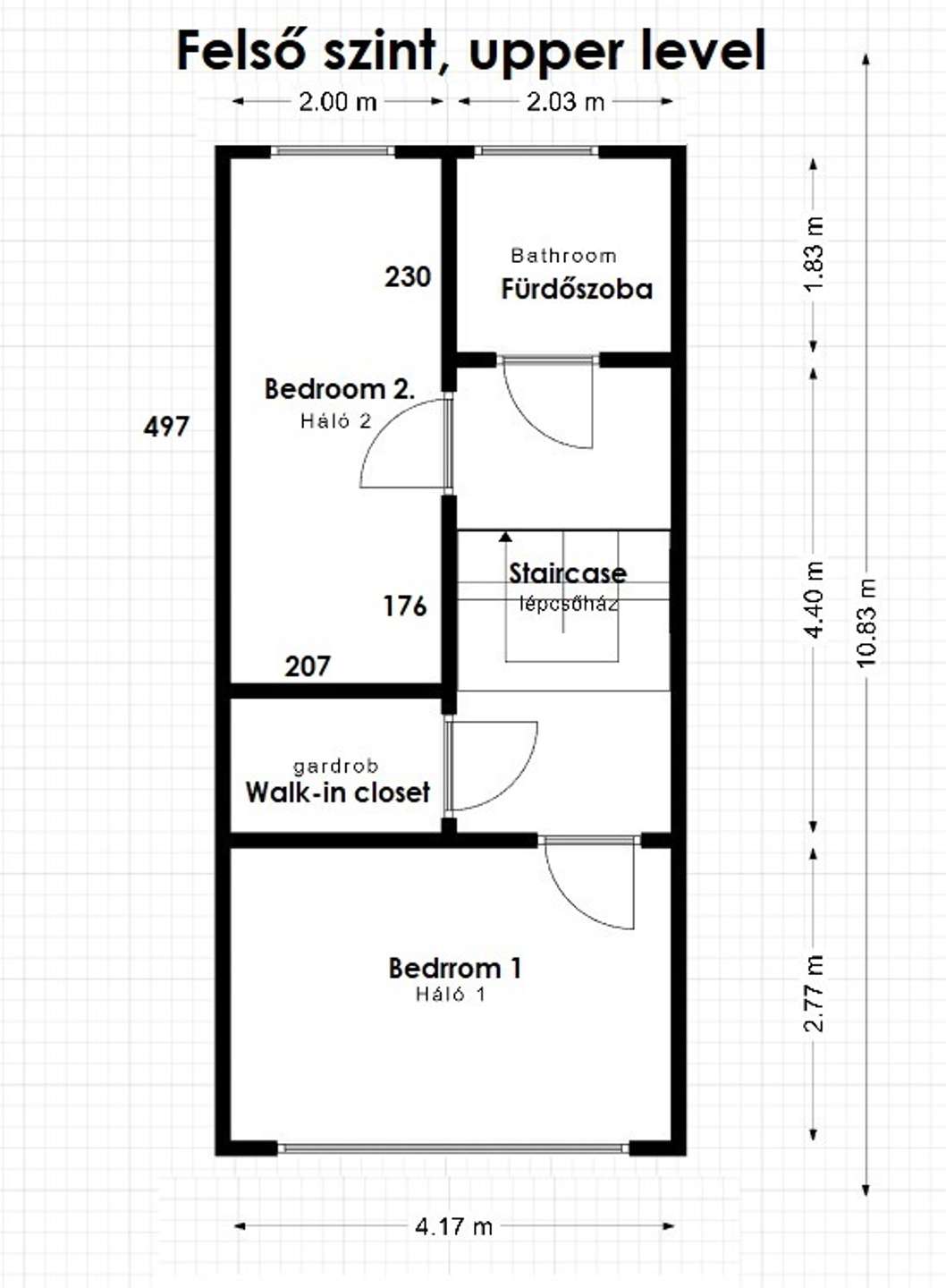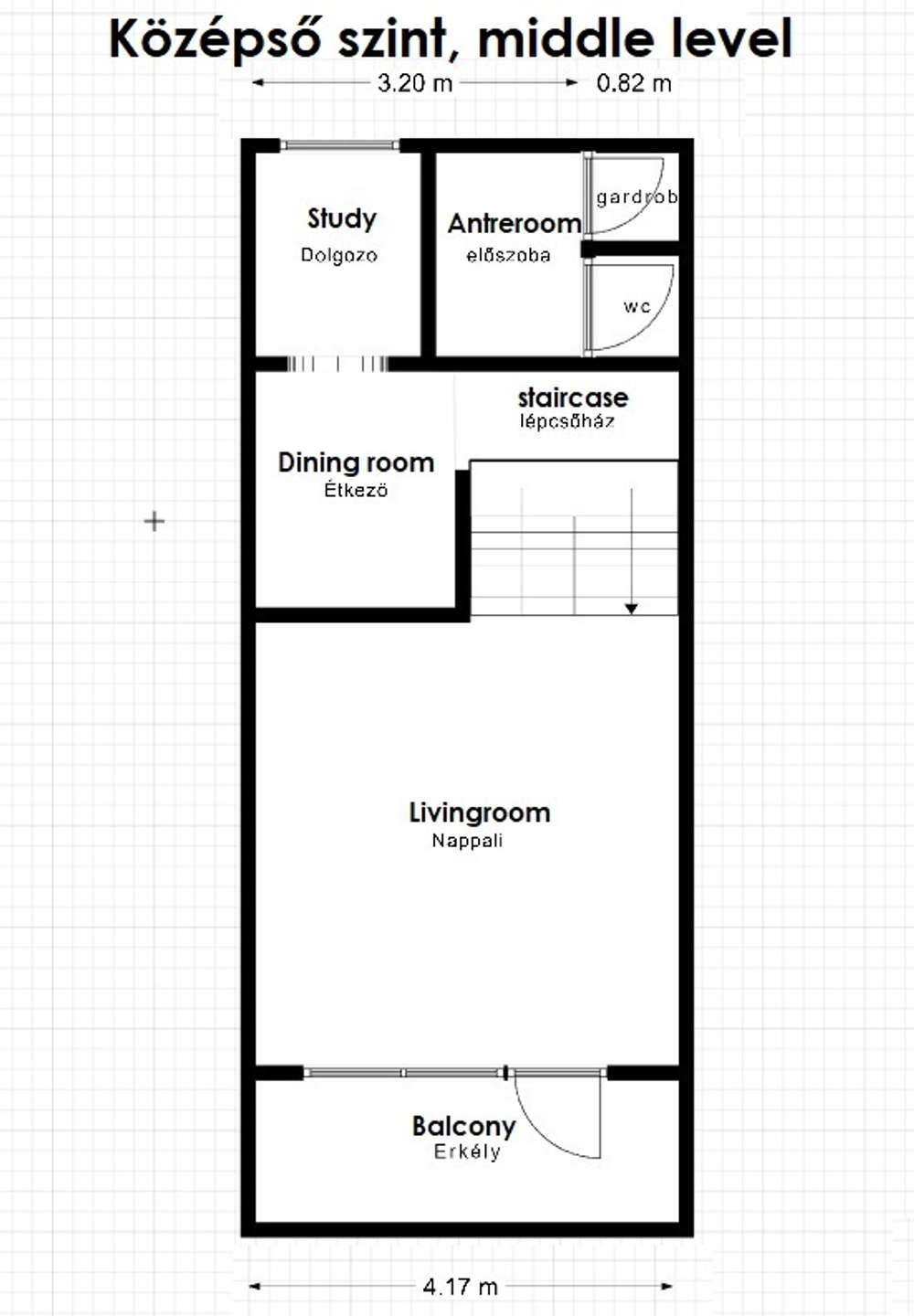District III. One of the most exciting parts of Budapest
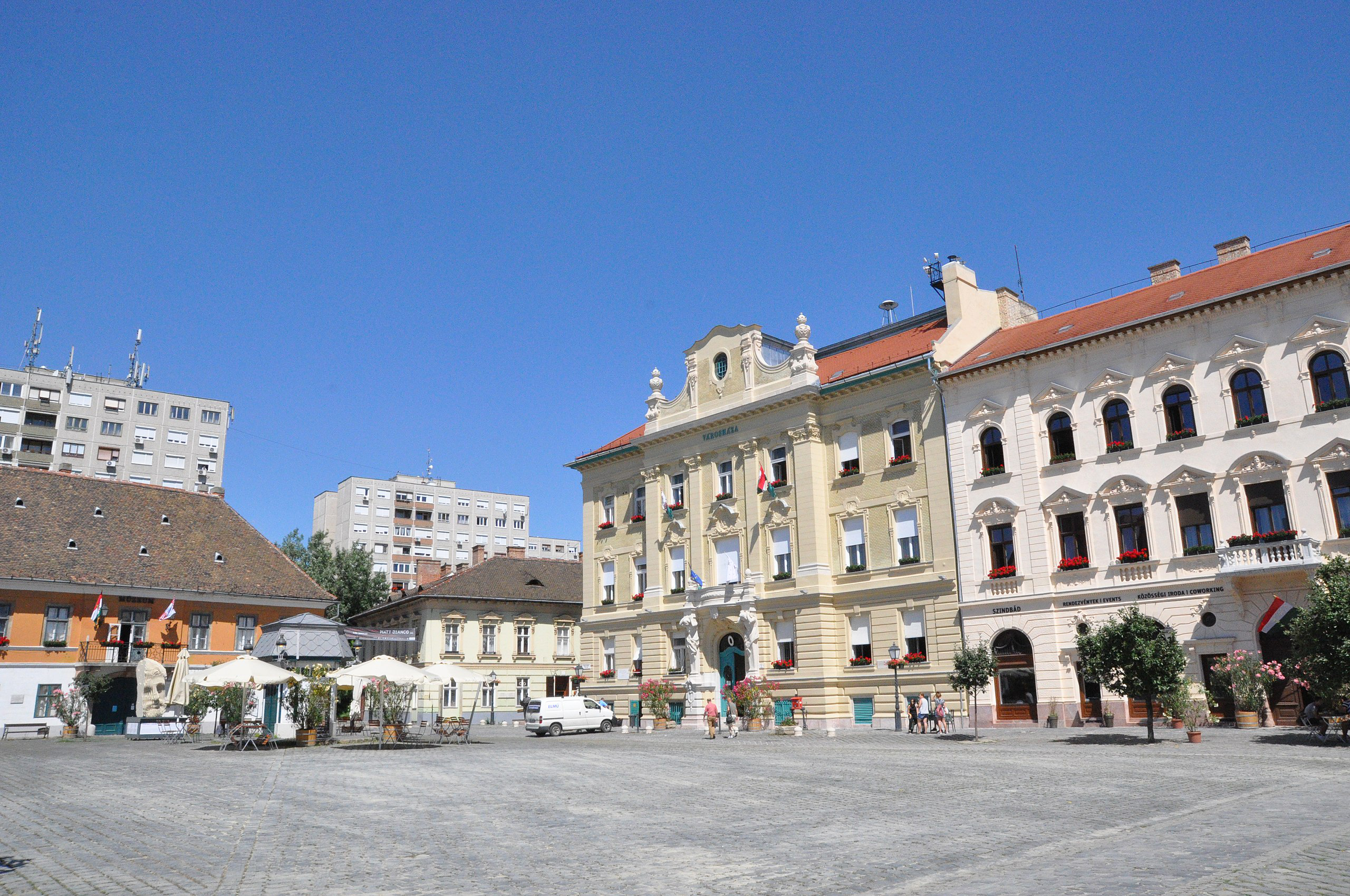
Once, a famed architect wandered through Budapest's historic streets, eyes alight with appreciation for its amalgamation of diverse architectural styles—a testament to the city's rich heritage. It is here, in the heart of Hungary's bustling metropolis, that one discovers the District III., a jewel along the banks of the Danube.
This area brims with cultural vitality and historical elegance. Homebuyers and connoisseurs of architecture alike are drawn to its charm.
Described by many as a tapestry of the old and new, the III. district offers an engaging atmosphere for its residents. Here, modern amenities meet the grandeur of the past, forging a unique urban experience.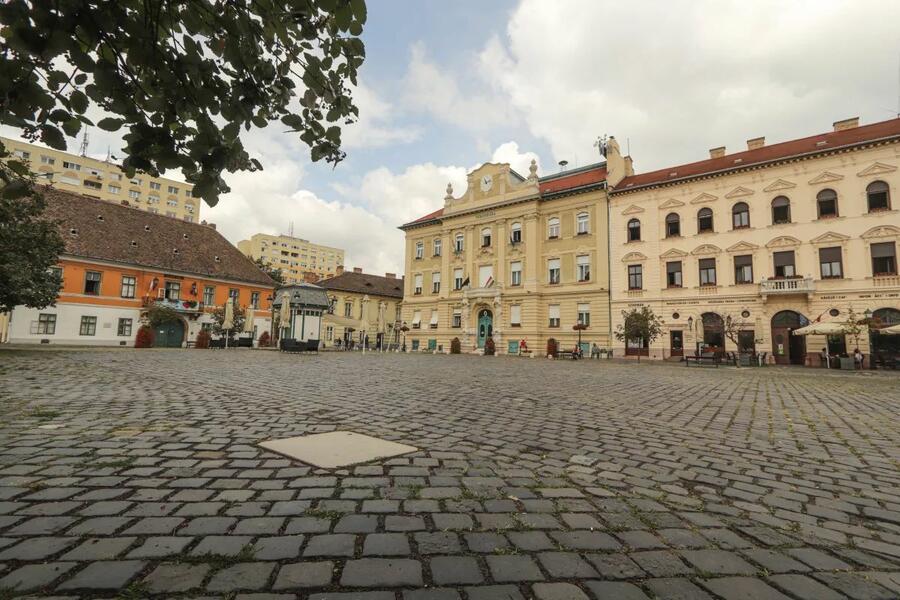
Historical Gems Unearthed
Nestled within the III. district's rich mosaic of culture is a trove of architectural heritage that beckons exploration. Magnificent structures stand as enduring reminders of the area's storied history, inviting onlookers to uncover chapters from a bygone era. These edifices not only encapsulate the grandiosity of the past but also breathe life into the streets, forming a narrative arc that spans centuries.
From the Roman ruins at Aquincum to baroque masterpieces, the III. district is akin to an open-air museum. Each corner promises a glimpse into a time when artisans and architects shaped the cityscape with their skill and vision. As one traverses this urban expanse, the layers of history unfold, offering insightful perspectives on the evolution of Hungarian architecture. It is in these silent, yet eloquent monuments, that the timeless dialogue between past and present continues to enrich the district's cultural fabric.
Medieval Roots: Óbuda's Rich Past
Óbuda, the heart of Budapest's III. district, is steeped in antiquity, a testament to medieval vibrancy. Ruins whisper tales of bygone epochs, bridging the gap between past and present with their enduring presence.
Anchored in a time long past, Óbuda's cobbled streets tell a story of centuries-old civilizations. Its heritage serves as a chronicle of historical confluence, where architectural relics stand as sentinels of time.
Óbuda was once the capital of Roman Pannonia, echoing with ancient footsteps along its pathways.
Delving into Óbuda's history reveals a tableau of cultural layering: from Roman fortresses through the Middle Ages to the Ottoman occupation, each era left indelible marks that define the district's identity. The convergence of these timelines invites both reverence and curiosity in the pursuit of understanding Óbuda's enduring legacy.
Roman Footprints: Aquincum's Ancient Relevance
Aquincum, the nucleus of ancient life, once stood as a pivotal Roman military garrison and settlement along the Danube. The remnants of this grand city form an archaeological cornerstone in the III. district, speaking volumes about its historical eminence.
Founded as a military camp and later flourishing into a civilian city, Aquincum was the gem of the Roman province of Pannonia. Its well-planned streets, amphitheaters, and public baths paint a vivid picture of the past, showing an advanced urban lifestyle. These vestiges carry stories of social structures, daily lives, and the cosmopolitan nature of a populace that contributed to the city's thriving pulse.
The remnants of Aquincum contribute profoundly to our understanding of Roman provincial life. With its intricate artifacts, temples, and statues curated in situ and in the Aquincum Museum, visitors grasp a tangible link to the daily experiences and spiritual beliefs of its ancient inhabitants.
Moreover, Aquincum's legacy extends beyond mere historical curiosity; it shapes modern urban development. Preserved ruins provide a blueprint of ancient urban planning, influencing contemporary architectural strategies. This enduring influence ensures that Aquincum remains a touchstone for cultural education and draws ongoing interest from across the globe, cementing the district's prominence in antiquity and modernity.
Culinary Hotspots Revealed
The III. district of Budapest, often hailed for its historical charm, is equally celebrated for its exquisite gastronomic scene. From traditional Hungarian eateries to innovative fusion cuisine, the district offers an indulgent array of culinary experiences. It is a paradise for food enthusiasts, with menus that tantalize the palate, showcasing the richness of local ingredients and the creativity of culinary artisans.
Connoisseurs and casual diners alike will find the dining landscape in this part of Budapest both vibrant and satisfying. Renowned chefs helm the kitchens of the district’s signature restaurants, crafting dishes that honor Hungarian culinary traditions while embracing modern gastronomic trends. It's an epicurean journey not to be overlooked.
Traditional Fare: Authentic Hungarian Eateries
Stepping into a traditional Hungarian restaurant in the III. district is an encounter with a time-honored cuisine. Here, generous portions of paprikash, stews, and grilled meats await the hungry traveler, reflecting a culinary heritage deeply rooted in the nation's heart.
These establishments pride themselves on authenticity and flavor. Hearty, robust, and seasoned to perfection—the food speaks for itself.
The warmth of Hungarian hospitality is palpable in these eateries, often family-run and steeped in tradition. It's where goulash soup (a Hungarian staple made with tender beef and vegetables) and pálinka, a potent fruit brandy, are served with pride.
Local ingredients are the stars of the show, with chefs relying on the seasonal bounty to craft dishes. They believe in the importance of freshness and regionally sourced produce, tying the dining experience back to the land.
Such spots offer a gustatory trip through Hungary's culinary legacy. Visitors can expect to be enveloped by the rich scents of cooking that have been passed down through generations. It's not just about eating; it's about experiencing a piece of history with every bite.
Indeed, the charm of these eateries is matched only by the authenticity of their offerings. To dine here is to taste the soul of Hungary. It is an essential part of the travel experience, leaving guests with a lasting impression of culinary delight.
Modern Twists: Fusion Food Finds
In the quest for culinary innovation, Budapest’s III. district tantalizes with fusion food finds that blend tradition with modernity.
- Bao Bistro: Asian street food meets Hungarian zest, creating a dance of flavors in their signature buns.
- Piknik Pavilon: A contemporary twist on classic Hungarian, where East meets West on your plate.
- Kebabylon: Middle Eastern spices infuse with local ingredients, resulting in kebabs unlike any other.
- Tokyo Sushi: It's where sushi rolls are adorned with Hungarian-inspired toppings, marrying the best of both worlds.
- Fuego: Offering South American cuisine with Hungarian influences that ignites the palate.These fusion restaurants are not just about experimentation but forging a new culinary identity.
Flavors collide and cultures blend, giving rise to a gastronomic synergy that eloquently speaks the language of international cuisine.
Leisure and Recreation Uncovered
The III. district beckons with verdant parks and waterfront promenades, an oasis within the urban landscape.
From rowing clubs to cycling paths, outdoor enthusiasts find plentiful options for leisure, echoing the district's harmonious blend with nature.
Indulge in the district's cultural offerings, where music and art festivals dot the calendar year-round.
Green Escapes: Parks and Islands
The III. district of Budapest boasts an array of green areas, such as serene parks and enchanting islands, offering respite from urban life.
- Hajógyári Island: An expanse of greenery hosting festivals and recreational activities.
- Óbuda Island: Known for its cultural events and plush parkland.
- Kiscelli Museum Park: Surrounding an 18th-century monastery, the park offers historical intrigue amidst natural beauty.These green spaces serve as the lungs of the district, infusing it with fresh air and vitality.

With each island and park providing its unique experience, the district's commitment to preserving green spaces becomes evident.
Waterfront Leisure: Danube's Promenade
Embrace the tranquility of riverside relaxation.
The Danube’s edge is a centerpiece in District III, offering serene waterside ambling and picturesque vistas. Here, the balance of nature and urban design is expertly achieved—pristine pathways unfurl along the waterfront, providing residents and visitors with a peaceful escape from the city's hustle. Moreover, the promenade acts as a communal canvas, displaying a mosaic of social interactions and quiet contemplation.
An epitome of leisurely charm by the flowing Danube.
Families and friends gather on the banks to witness - as the sun dips behind hills - the river's surface reflecting the city's lights and creating an almost magical, twilight atmosphere. This promenade becomes a nexus for community - whether for morning jogs or evening strolls - and serves as a backdrop to the district's vibrant waterfront lifestyle.
The promenade's appeal is heightened by planned developments. Contemporary cafes and restaurants are anticipated to line the river, further enhancing the area's allure and contributing to the district's projected economic growth in 2023 and beyond. Future projects promise to blend modern amenities with historical elements, ensuring an enriched experience for all who visit the district.
Cultural Vibrancy Explored
The III. district of Budapest abounds with a rich tapestry of cultural gems that beckon the curious and the appreciative alike. Historic landmarks merge with contemporary installations, creating a diversified cultural landscape. This diversity is further exemplified by a range of festivals and events, making the district an ever-evolving hub of artistic and communal exchange that transcends generational gaps.
Intricate threads of tradition weave through the district’s cultural fabric, with theaters such as the Óbuda's Cultural Center staging classical and modern performances that resonate with aficionados of the dramatic arts. Museums abound, including the Vasarely Museum, house a treasure trove of visual art that paints a picture of a culturally rich and sophisticated community. With each venue and event, the III. district offers a unique vantage point into the heart and soul of Budapest's historical and contemporary cultural narrative.
Artistic Haven: Galleries and Workshops
The III. district's artistic community thrives, buoyed by an eclectic array of galleries and creative workshops that embellish its cultural landscape. Here, aspiring and established artists find a vibrant platform for expression, reflecting a neighborhood pulsating with creativity.
Creative souls are drawn to the district's atmospheric streets, lined with galleries showcasing thought-provoking art. These spaces serve not just as exhibit halls, but as interactive hubs where dialogue and inspiration flow freely.
In the hidden nooks of this historic quarter, an array of workshops offers sanctuary to artisans crafting unique pieces. Here, art is not only displayed but also created—a dynamic symbiosis between creator and observer, with hands-on activities and masterclasses igniting the flame of artistic endeavor in visitors and locals alike.
Beyond mere exhibition spaces, these workshops and galleries represent the heartbeat of the III. district's artistic community; places where imagination is not limited by medium or method. They are fundamental in cultivating a fertile environment for a diverse array of art forms, fostering a culture of inclusivity and innovation that continuously redefines the creative landscape of Budapest.
Festive Traditions: Events and Celebrations
The III. district radiates vitality during festive seasons, hosting traditional events that invoke a sense of communal joy and cultural pride. From Christmas markets scented with cinnamon and mulled wine to Easter fairs showcasing intricately painted eggs, these occasions are deeply rooted in Hungarian customs and entice a cheerful spirit among residents and visitors alike.
Majestic processions mark the streets on national holidays, where the vibrant tapestry of Hungarian history unfolds. These parades are visual spectacles, embodying the rich cultural heritage that defines the area.
Come spring, the district bursts into color with the celebration of May Day, replete with folk dances (táncházak) and open-air concerts, reflecting the community's enduring connection to tradition.
Late summer ushers in the renowned Óbuda Island music festival, attracting revelers from across the globe. This event, famed for its eclectic line-up, not only captures the musical zeitgeist but also spotlights local talents, further underscoring the III. district's role as a cultural incubator.
Autumn witnesses the anticipation of the grape harvest, a time when the historic vineyards of the district come alive. Wine tastings and gastronomic fairs abound, offering connoisseurs and novices alike a chance to imbibe the flavors of the region's renowned viticulture.
Throughout the year, Saint Stephen's Day dazzles with grandiose fireworks, crystallizing the district's penchant for celebration. These events, knit closely into the social fabric, speak volumes about the cultural vitality woven throughout the III. district's identity.
Real Estate Market in the III. District
The III. district of Budapest, known as Óbuda, boasts a vibrant real estate landscape, offering a range of opportunities for those looking to invest or nest. Encompassing a blend of historical charm and modern developments, this part of the city has become increasingly attractive to buyers and renters alike.
Key factors contributing to the allure of the III. district include its picturesque settings by the Danube, accessibility to the city center, and a burgeoning array of amenities. Residential portfolios here exhibit a spectrum from affordable apartments to luxurious waterfront properties, catering to diverse lifestyle preferences and budgets. This sector has seen sustained growth, reflecting the district's evolving dynamic and the broader Hungarian property market trends.
Commercially, the district benefits from a strategic location that continues to attract businesses, making it a sound decision for commercial real estate investments. Whether it's office spaces, retail stores, or logistic centers, the III. district showcases continued expansion and adaptation to the needs of a growing economy. It's a compelling proposition for those looking to capitalize on Hungary's economic trajectory.
In conclusion, the real estate market in the III. district combines heritage with growth potential. From stately period homes that hark back to Budapest's golden era to sleek new condominiums offering panoramic views, this area epitomizes the melding of past and future. It provides an investment landscape ripe with possibility, promising both financial gains and the joys of living in one of Budapest's most charismatic locales.

